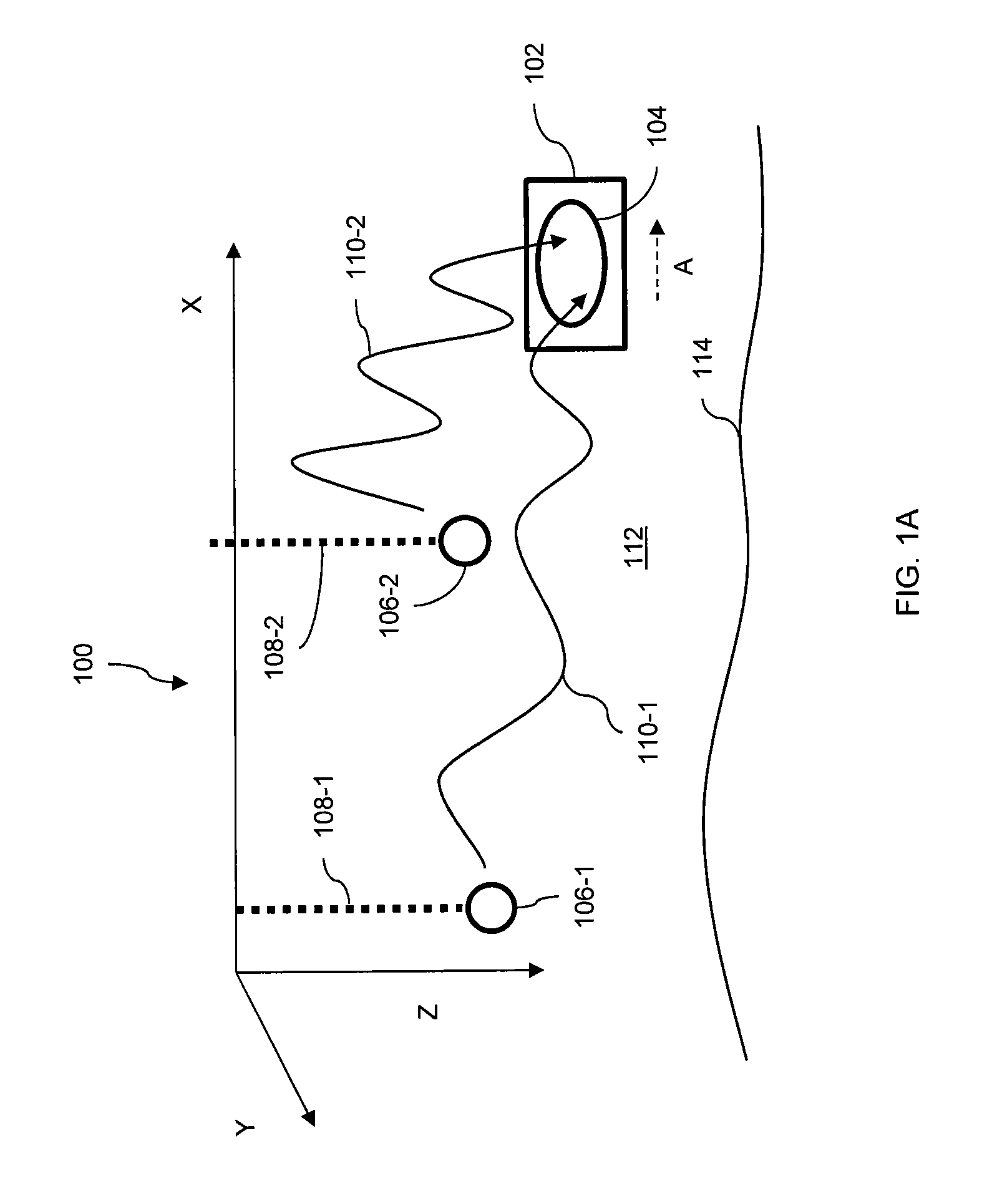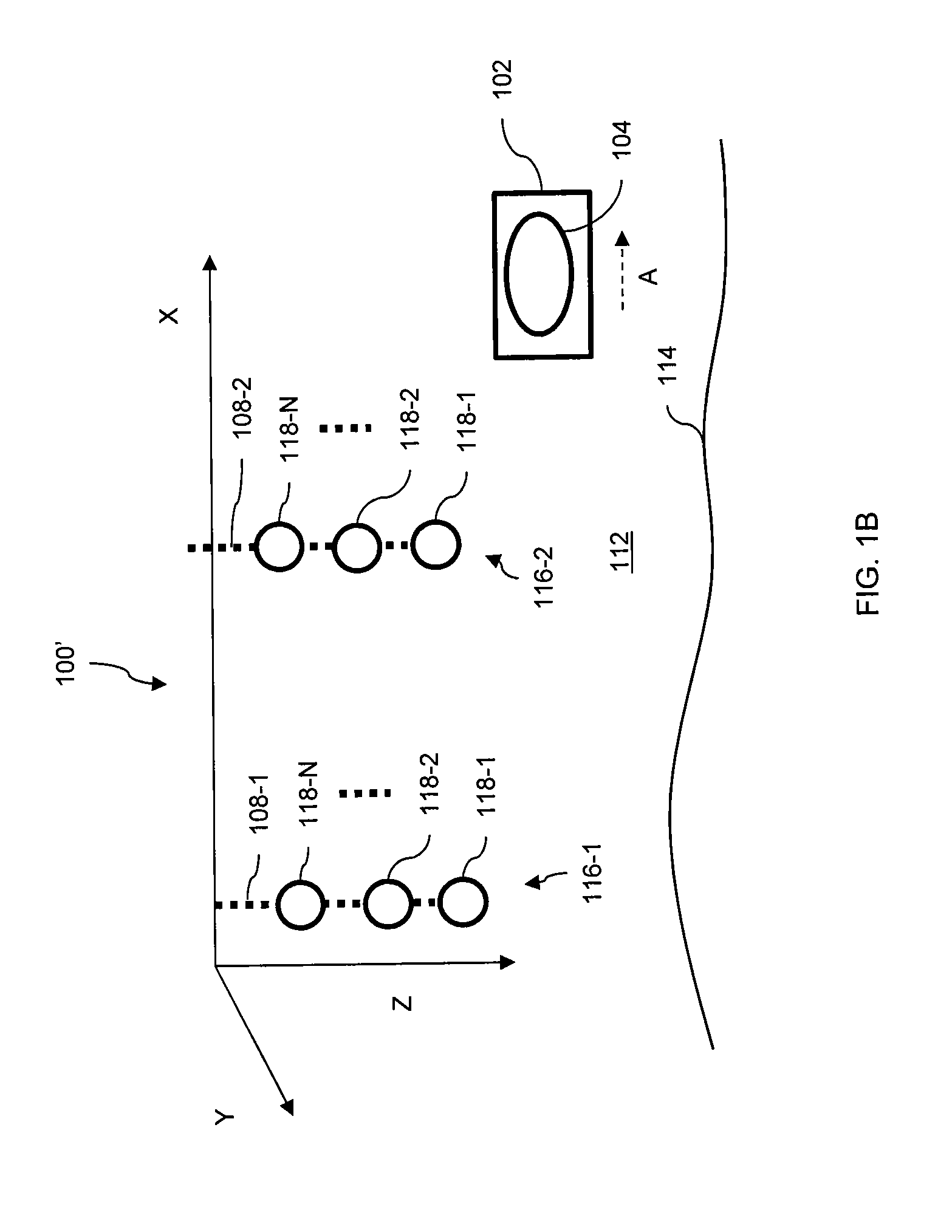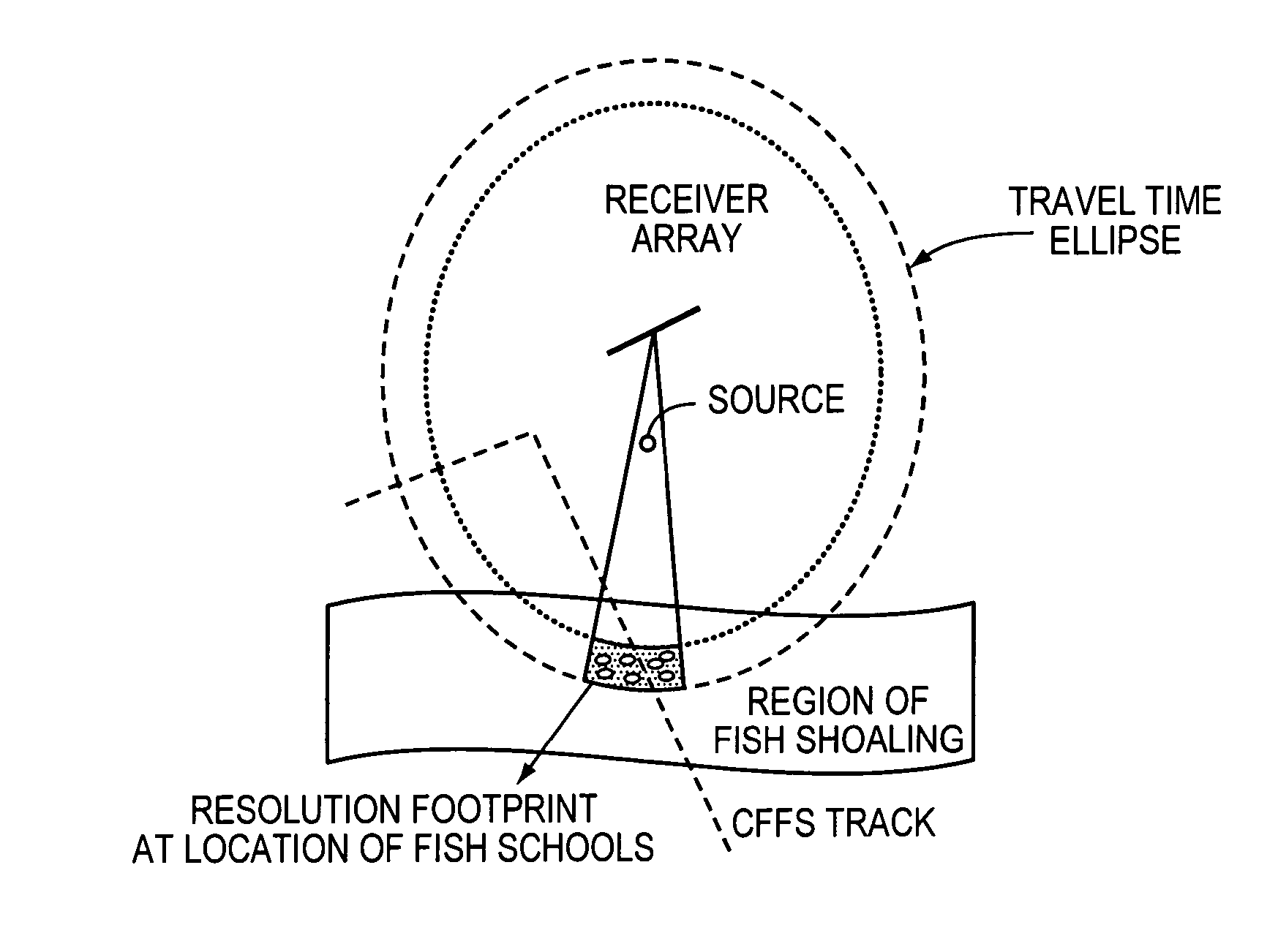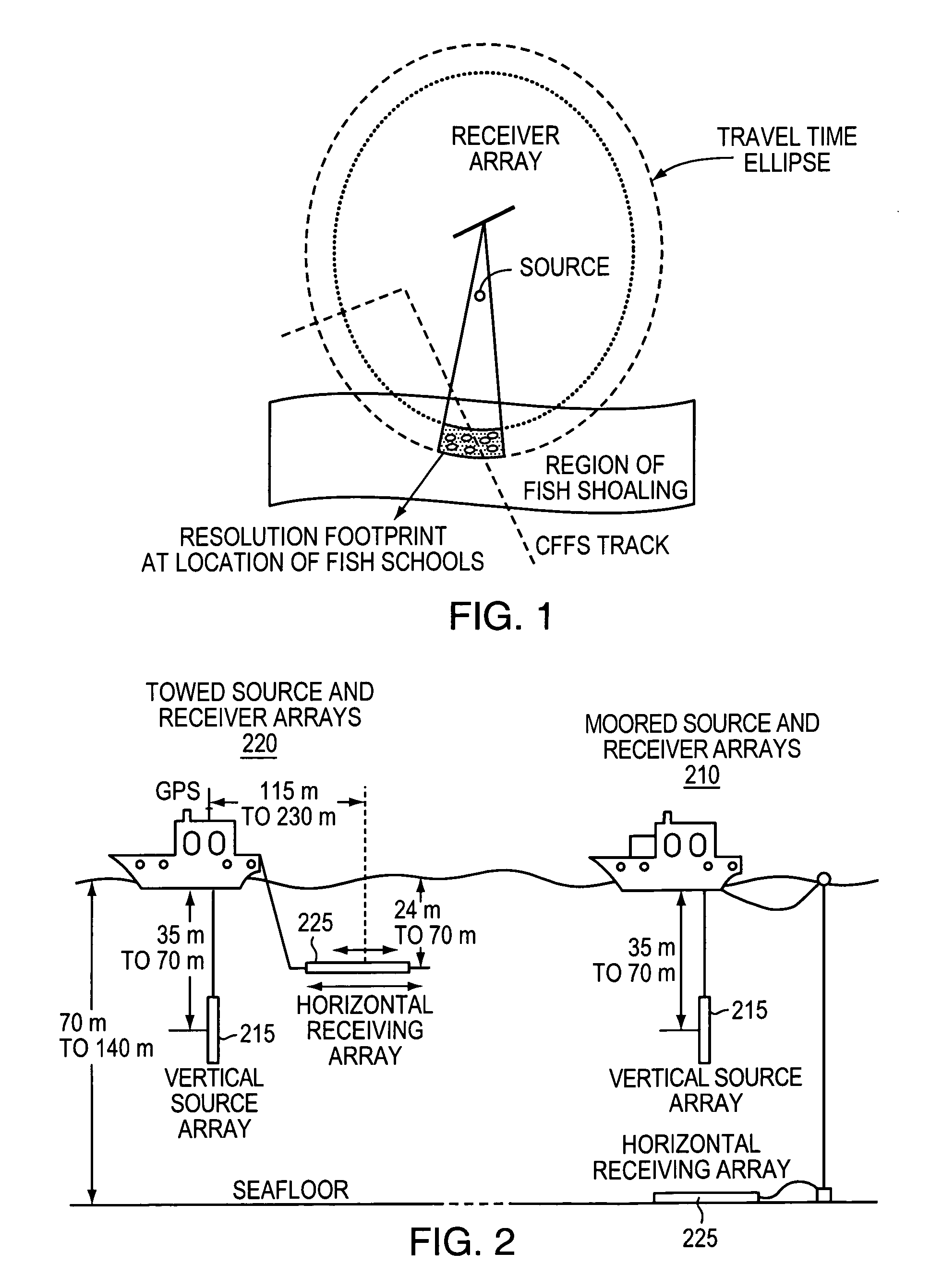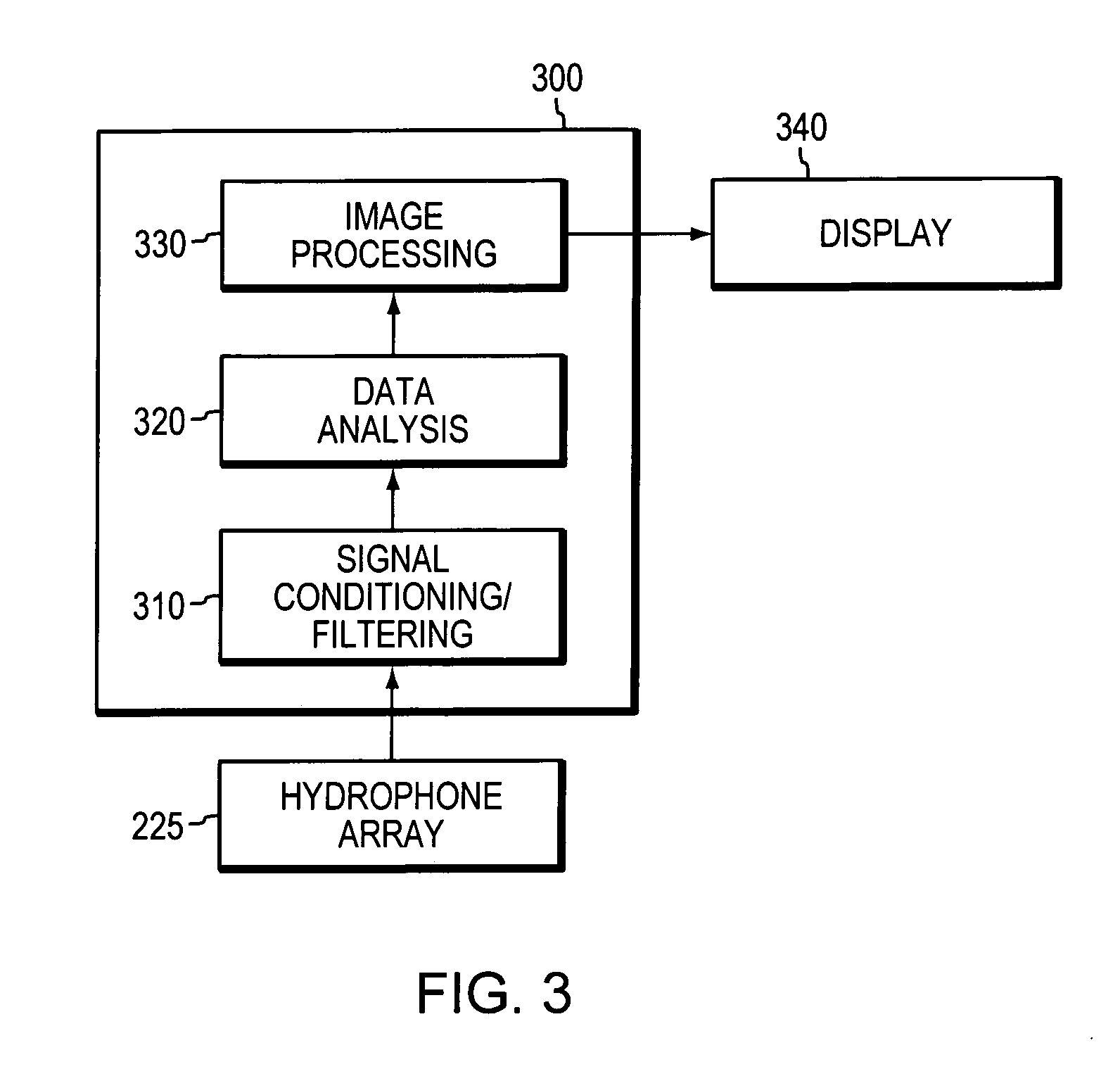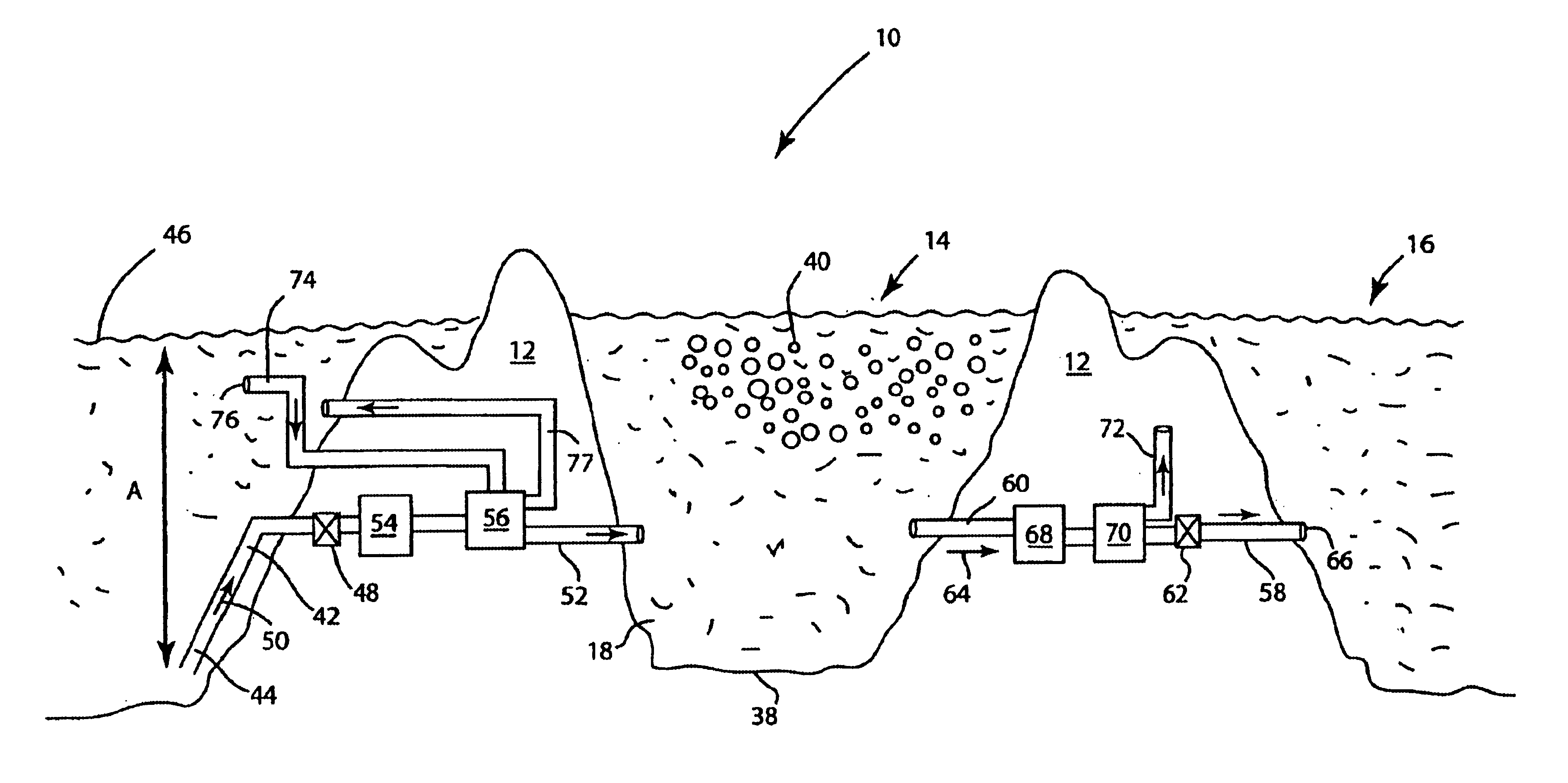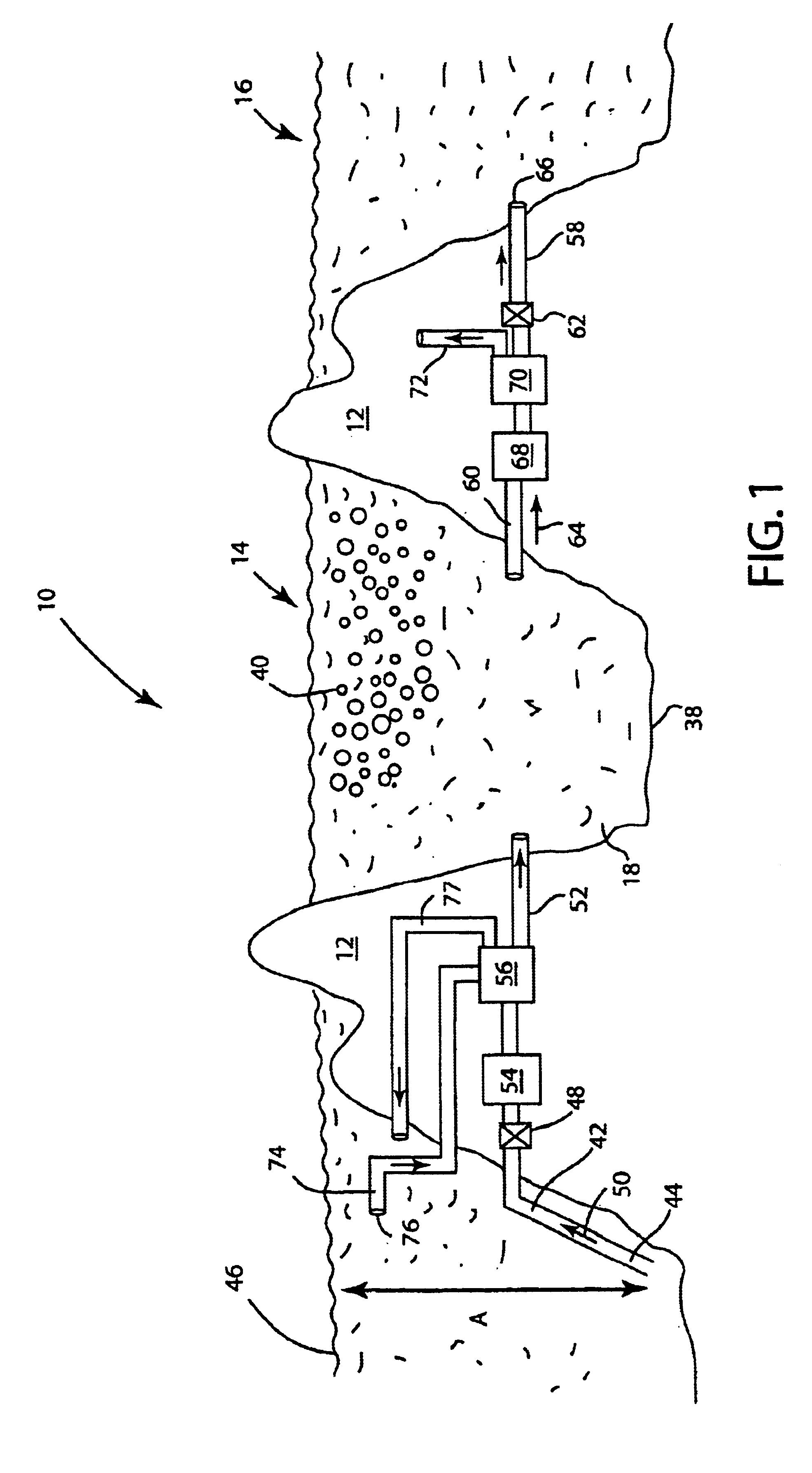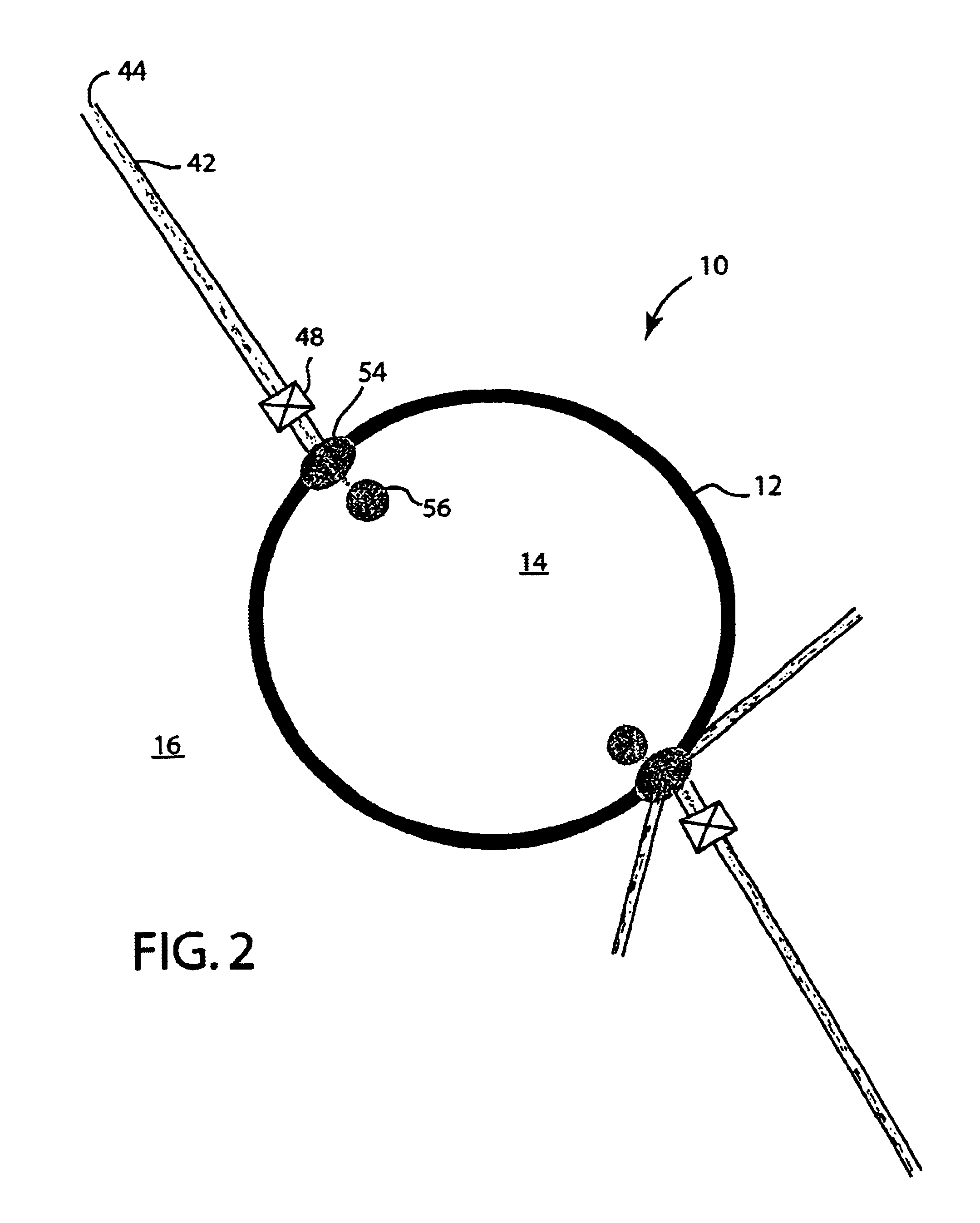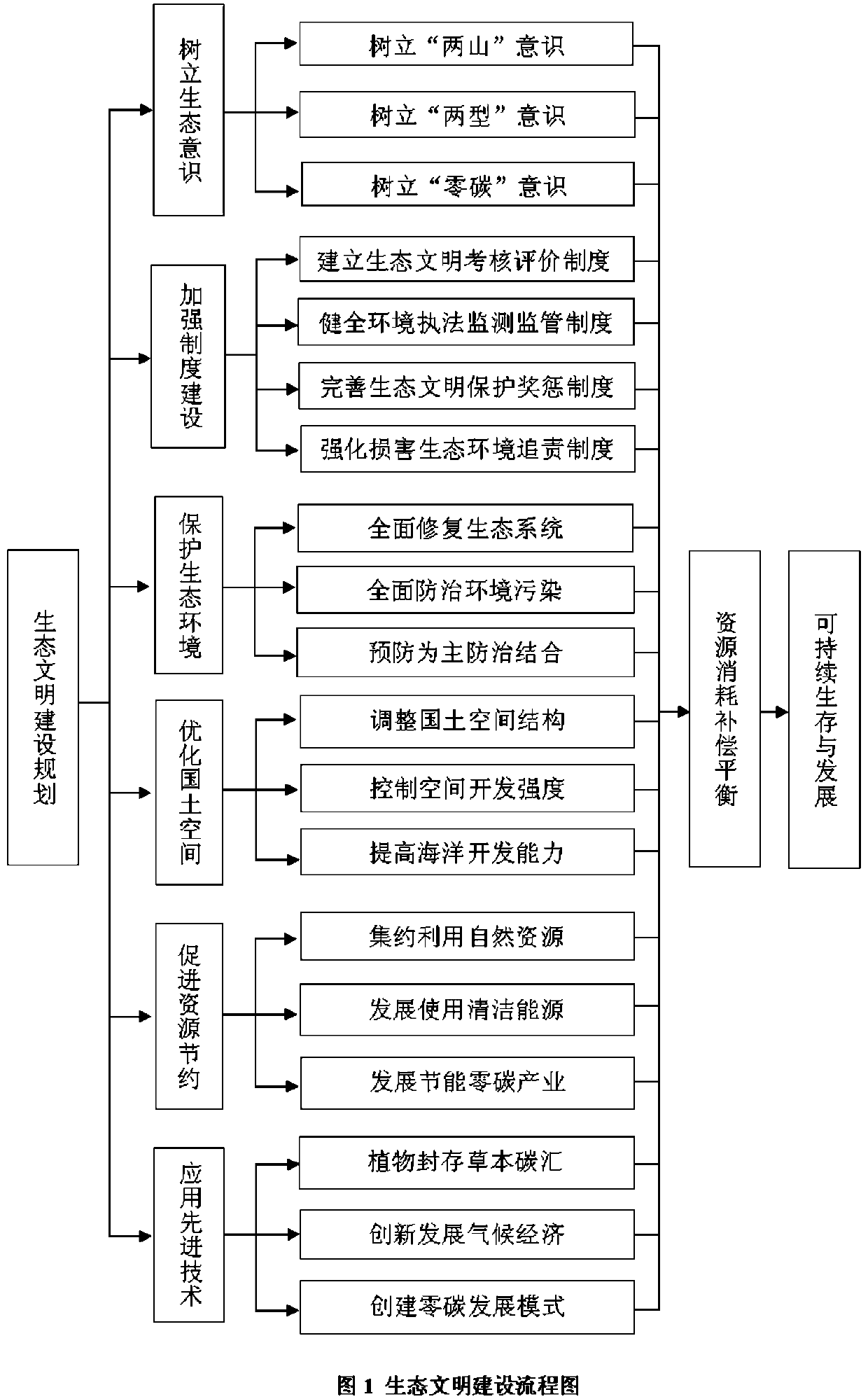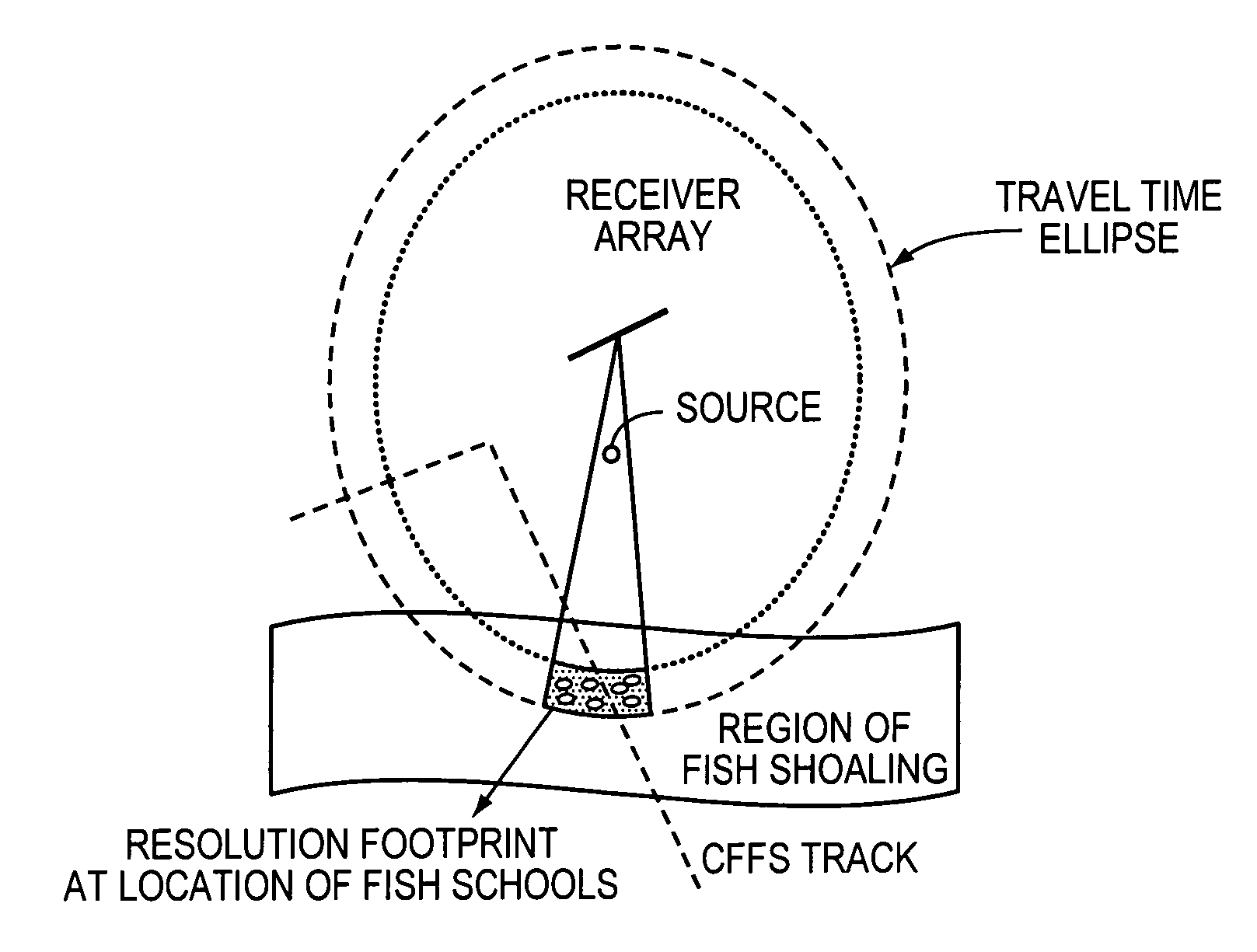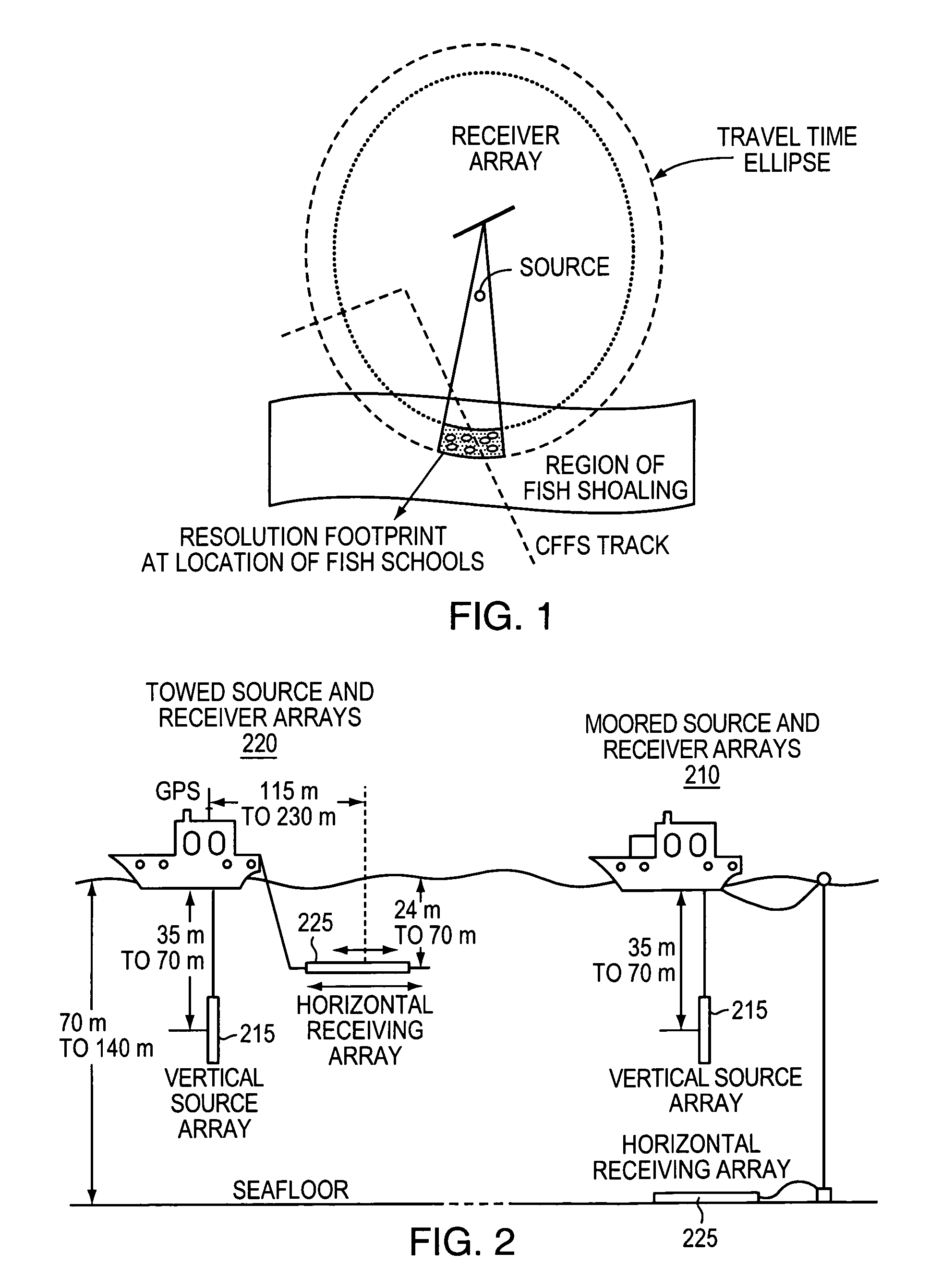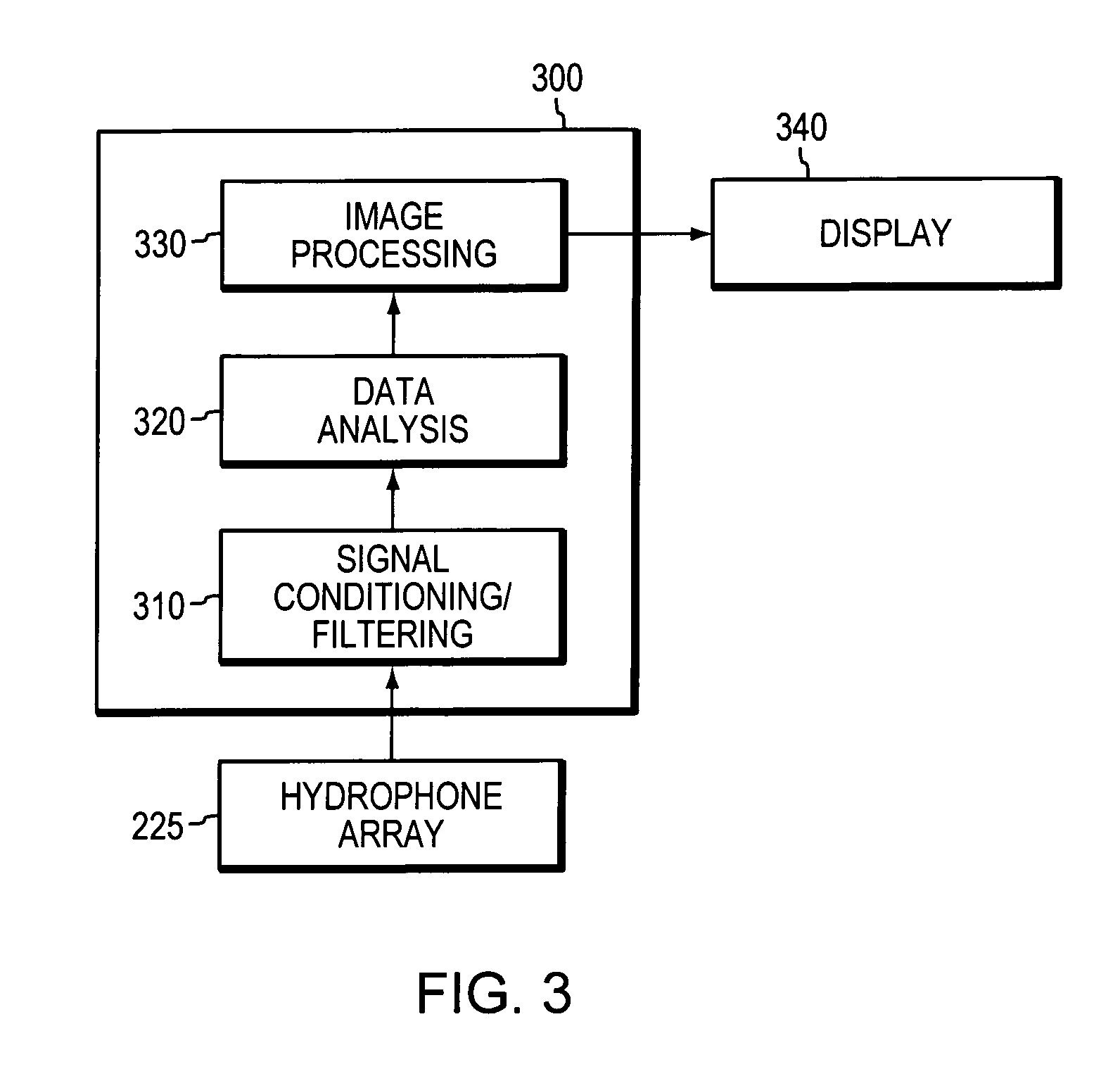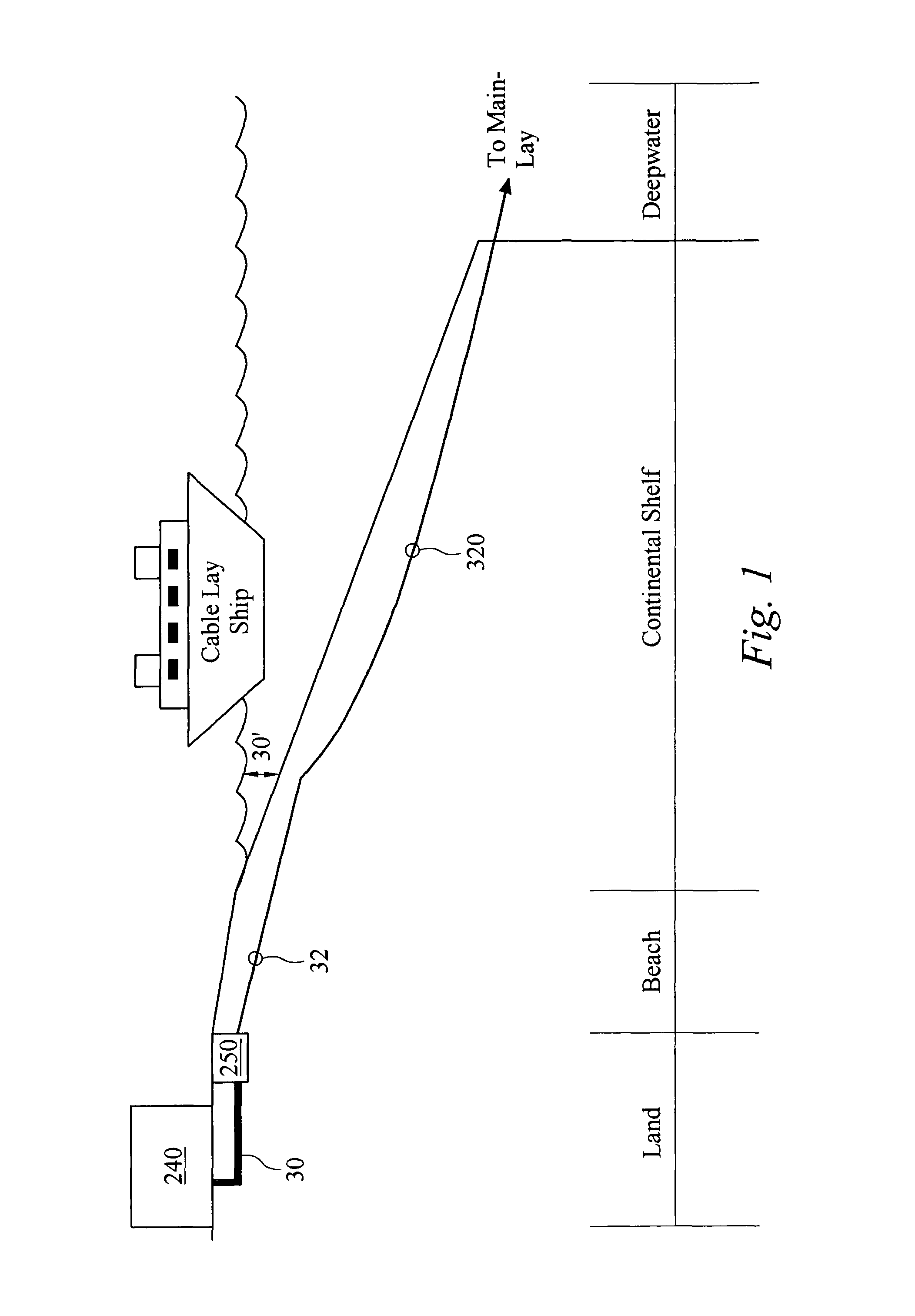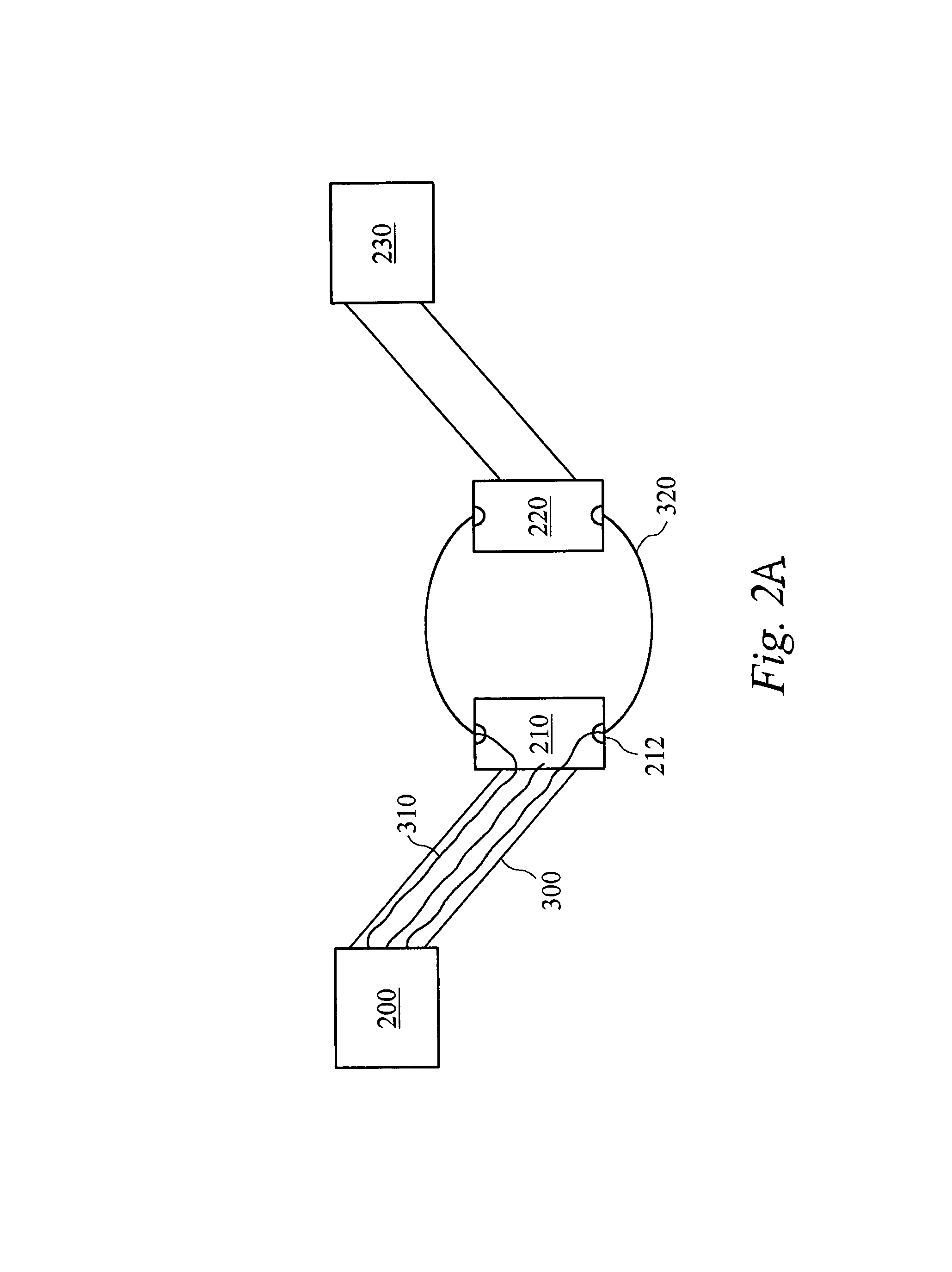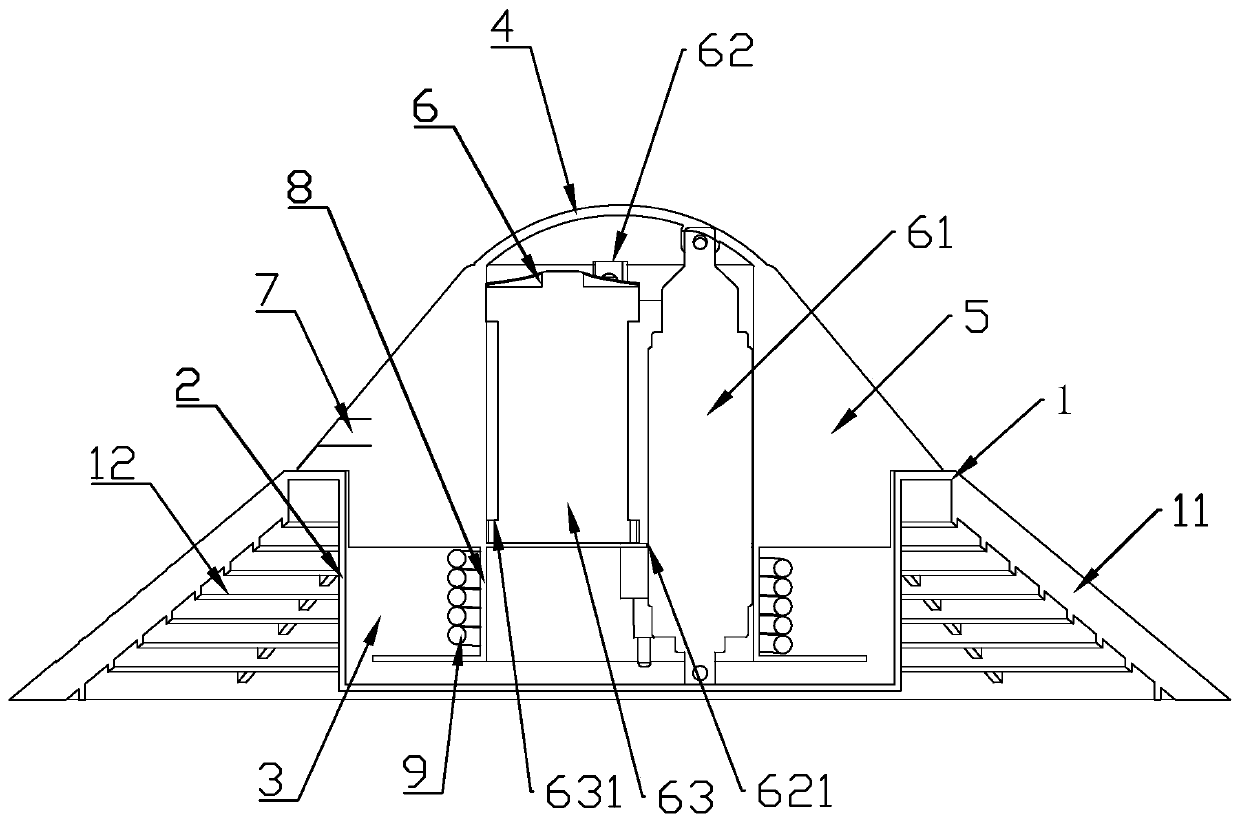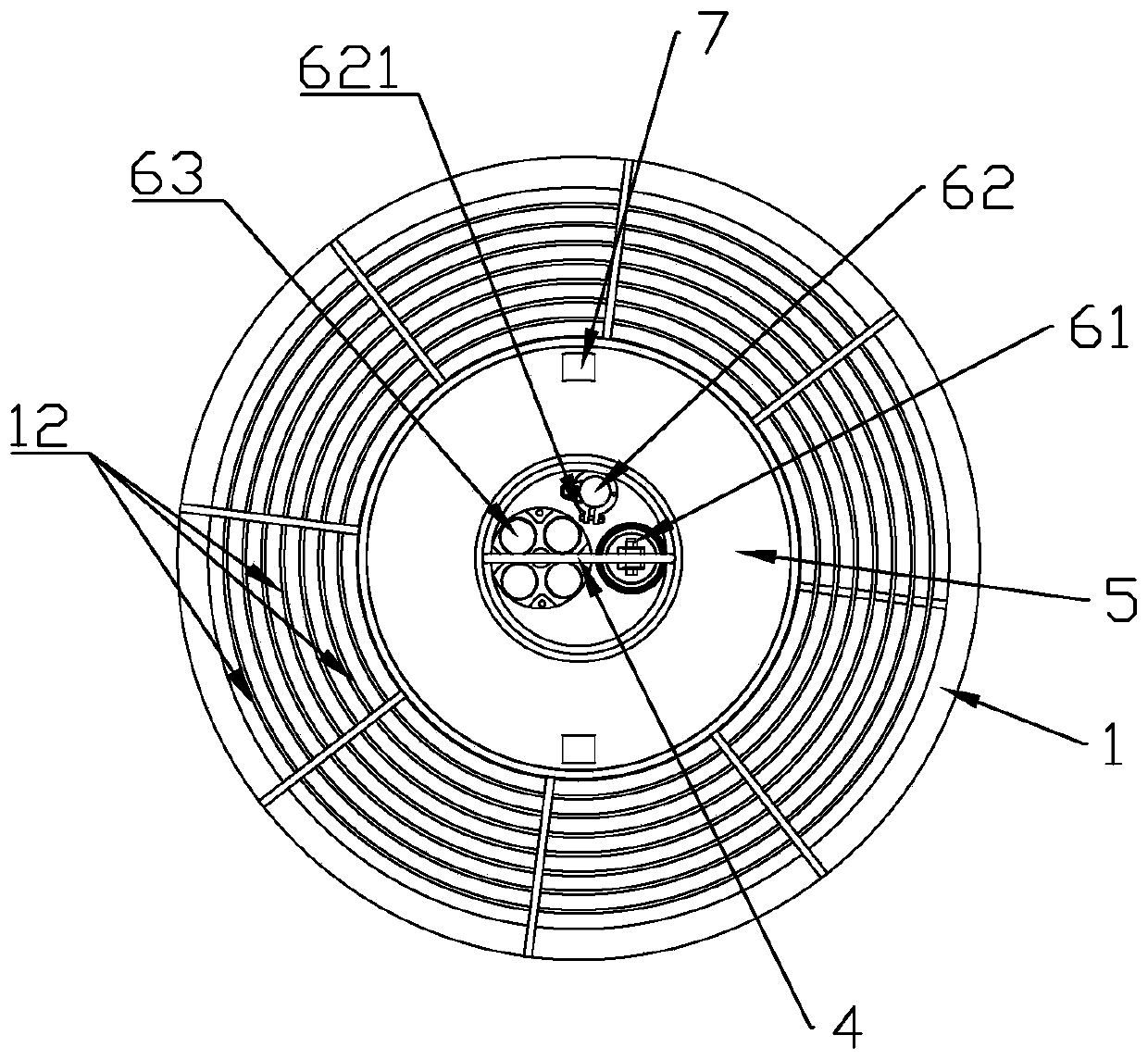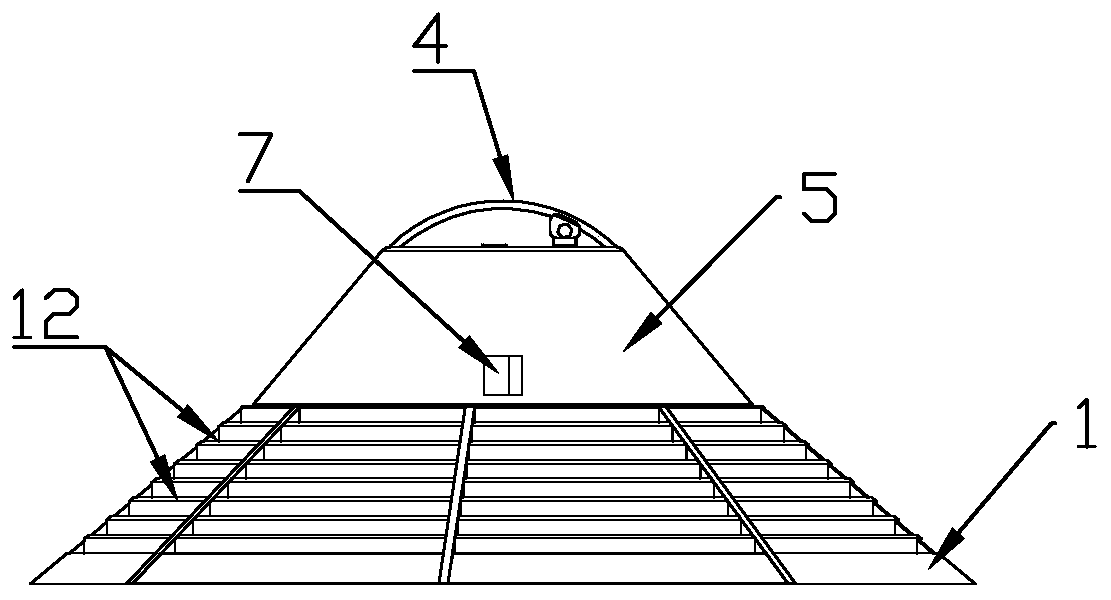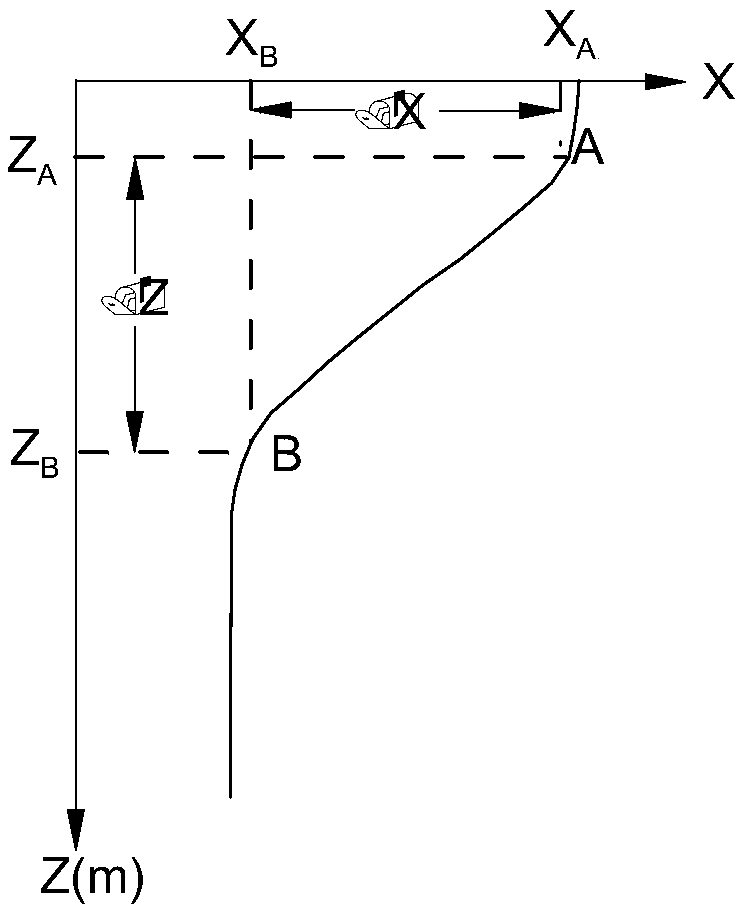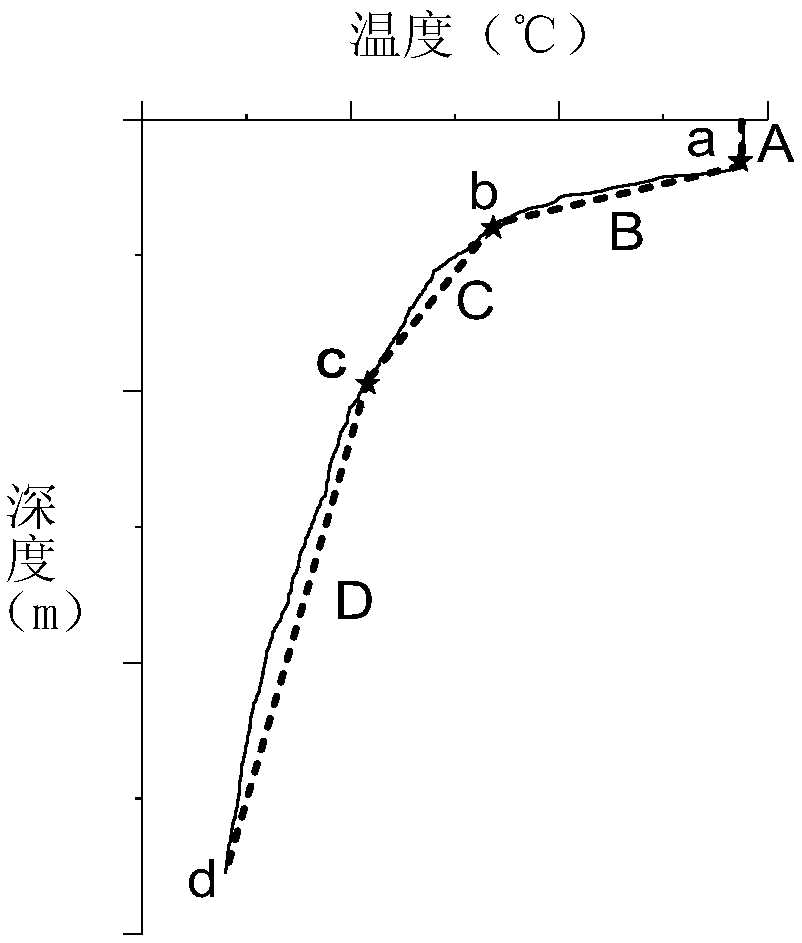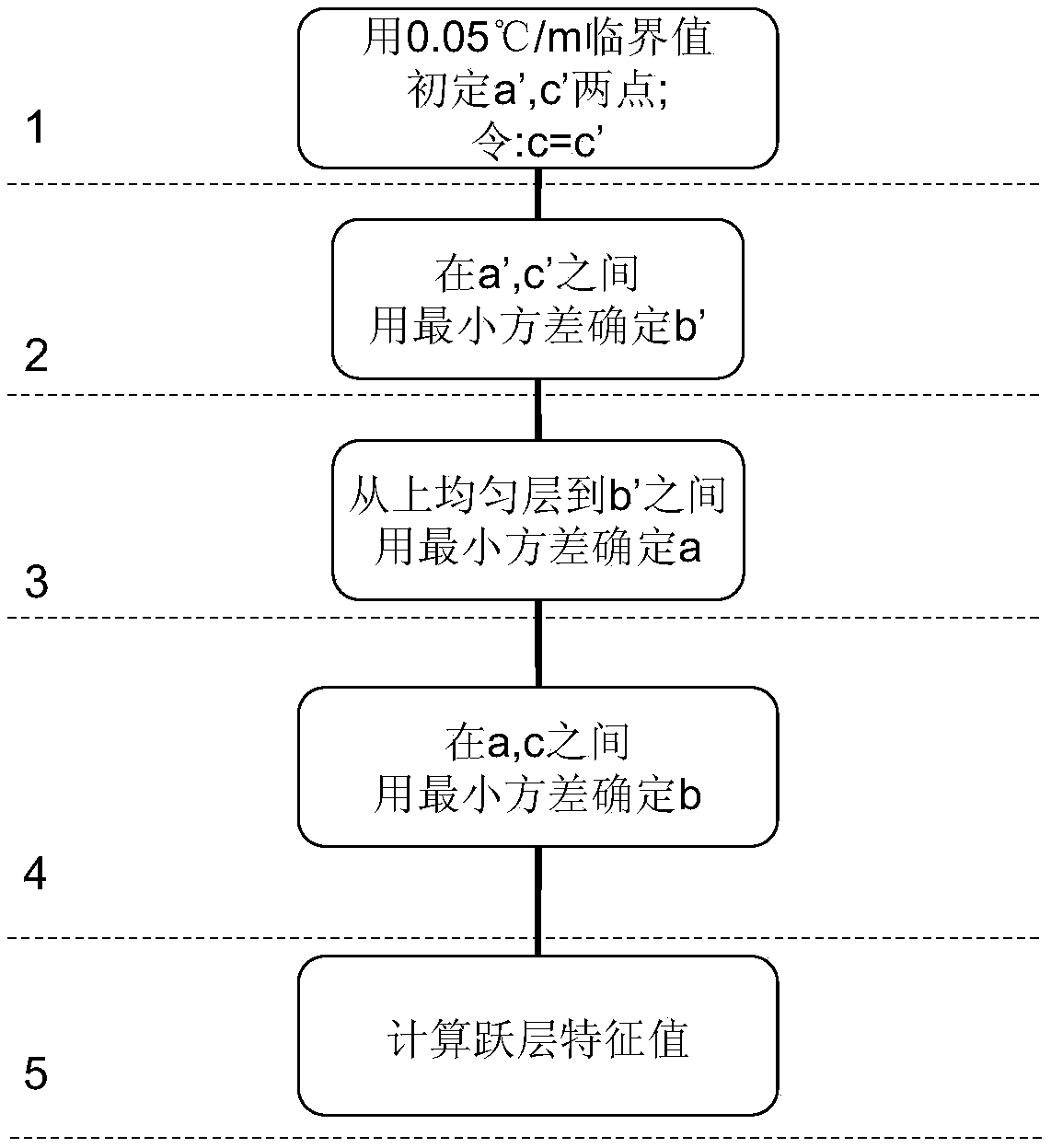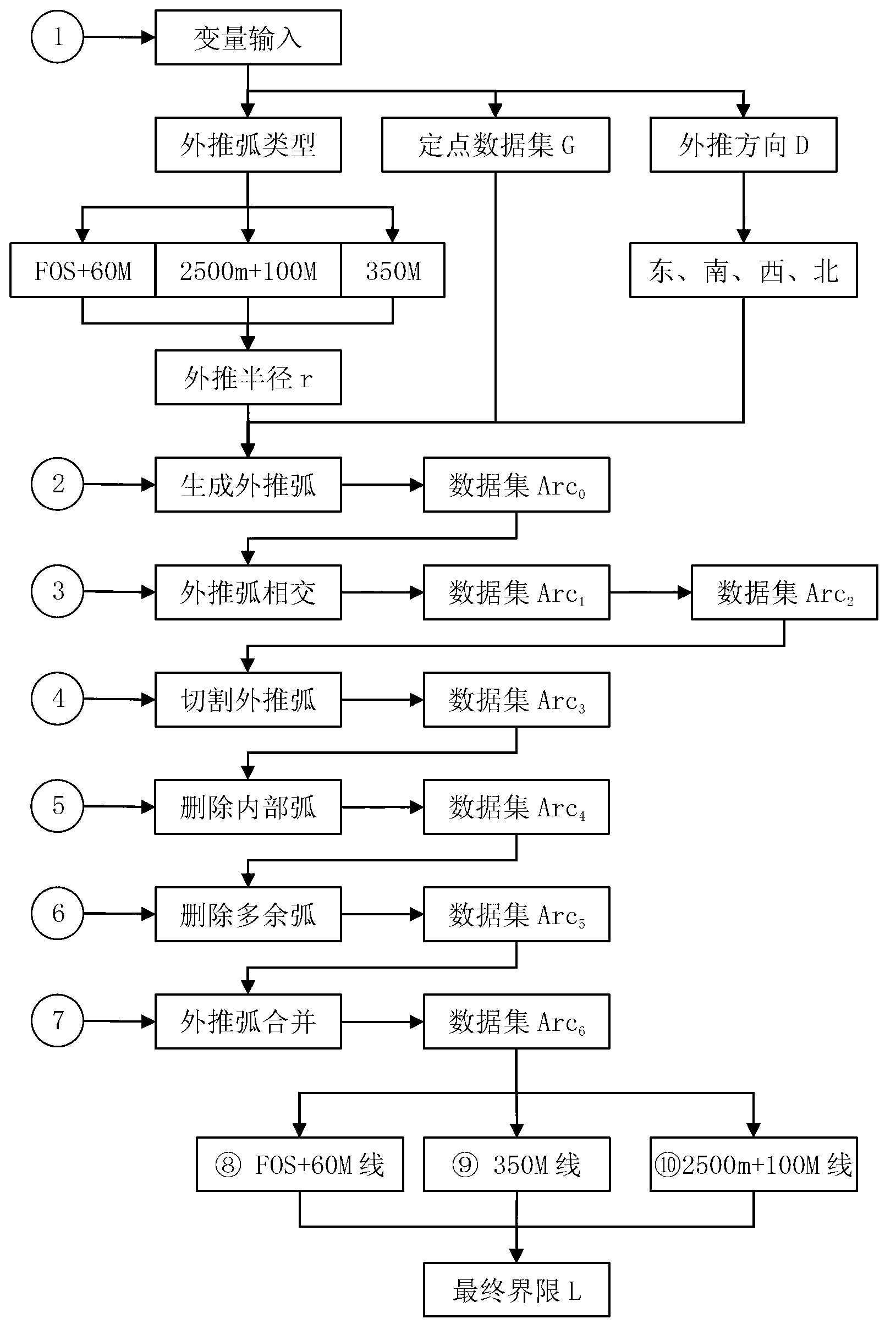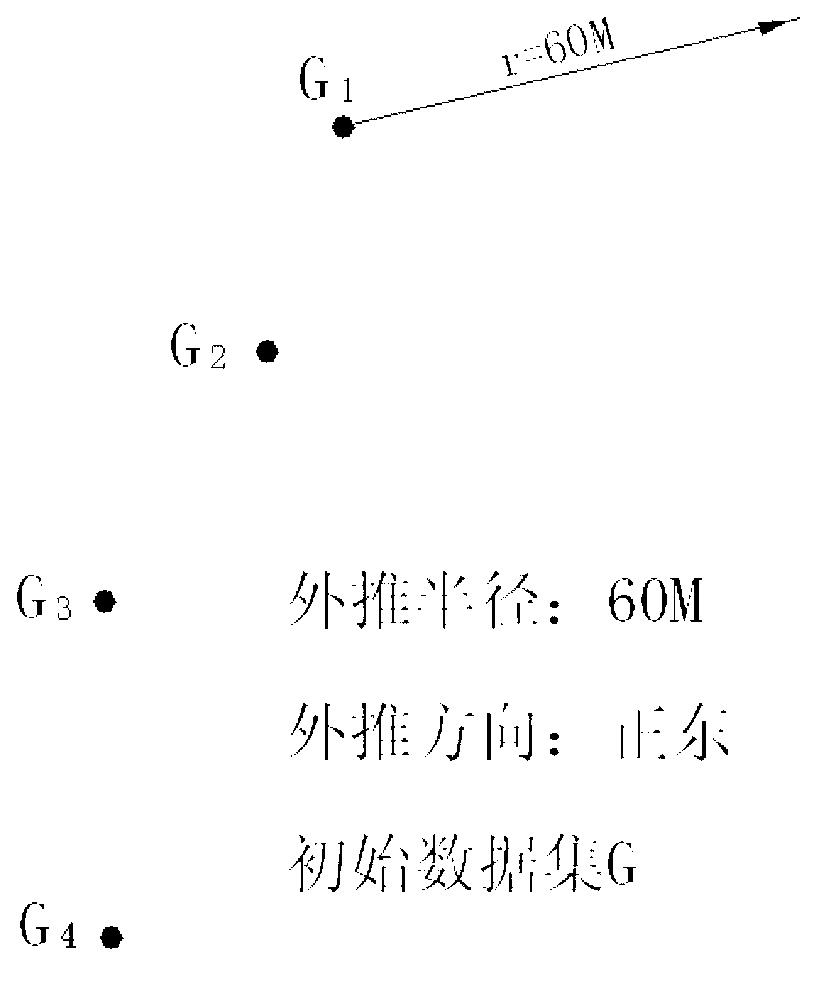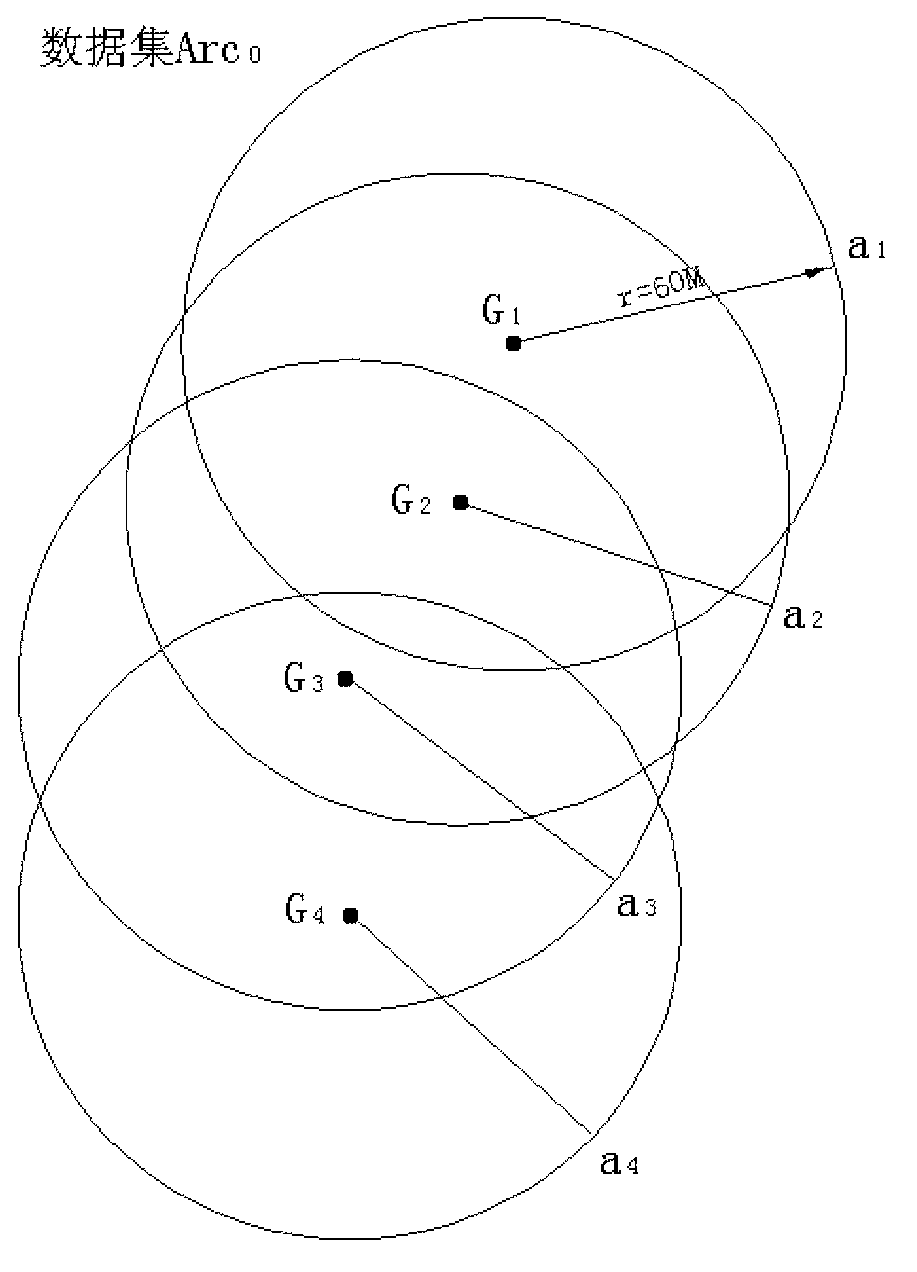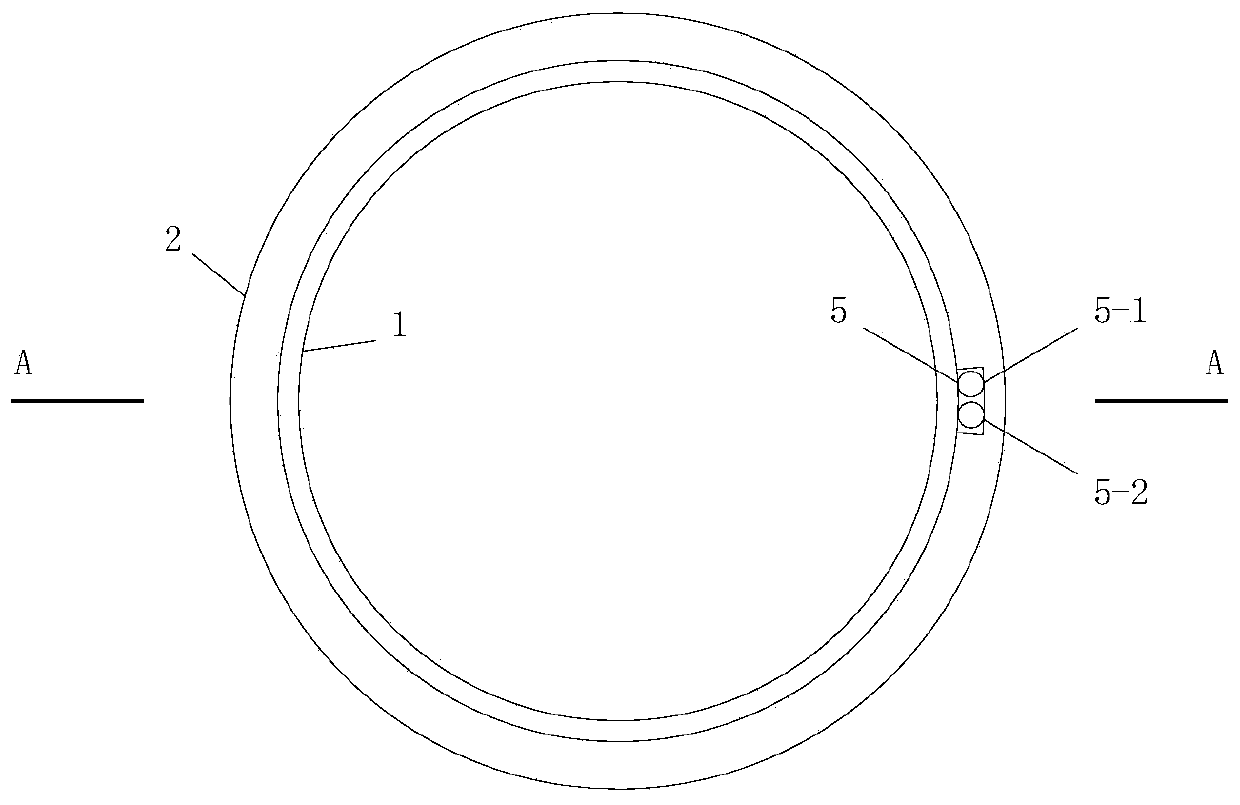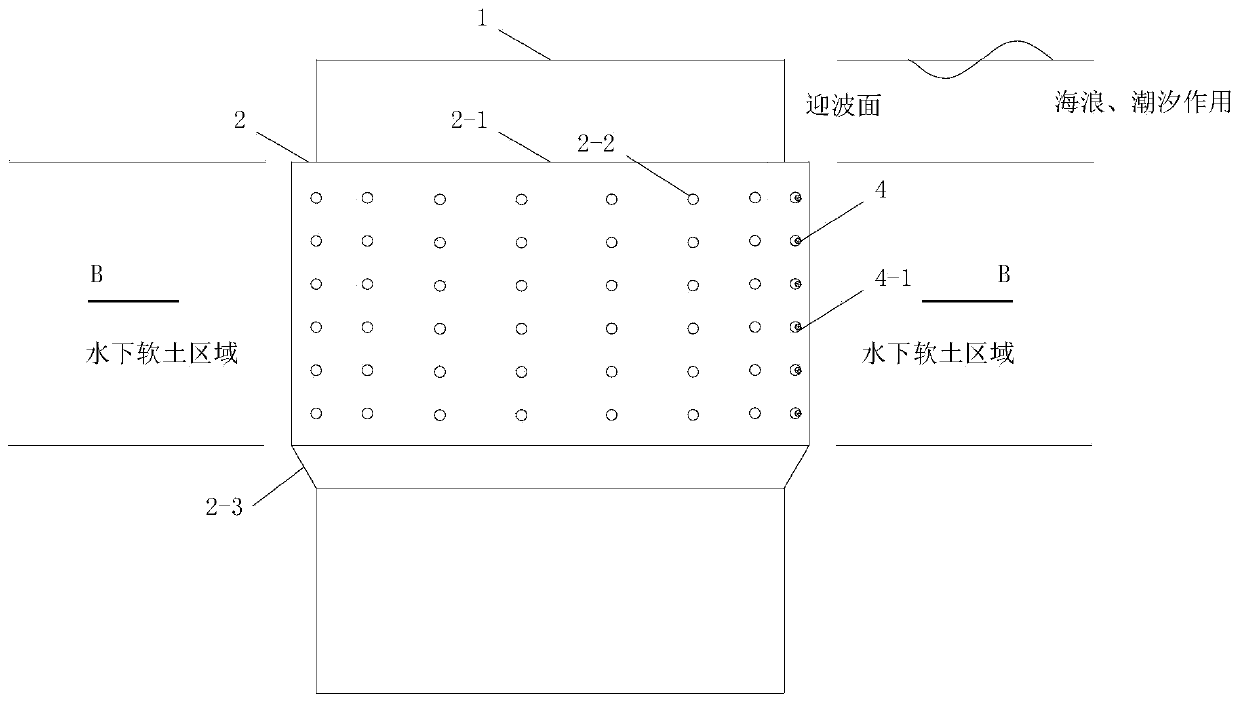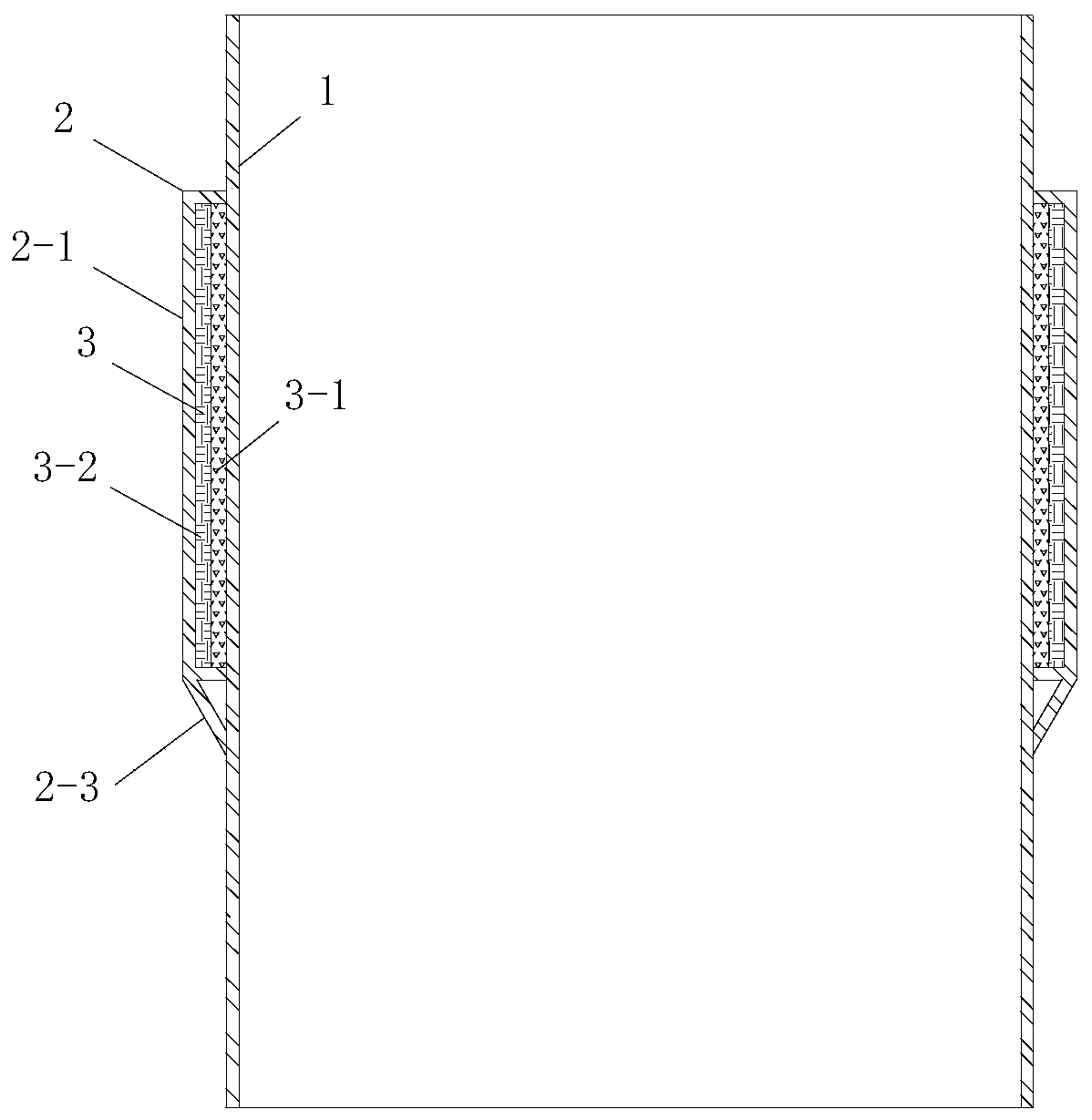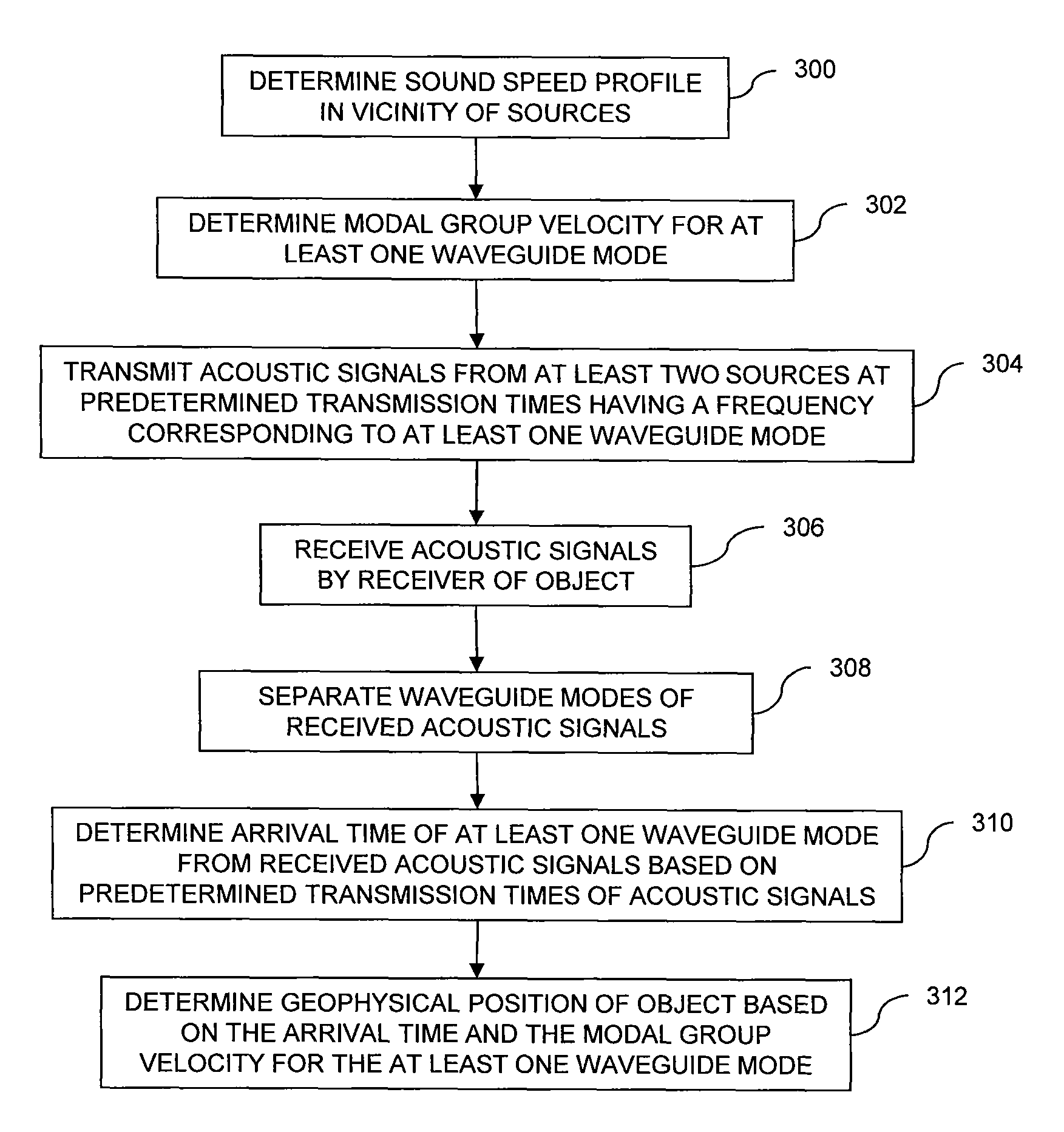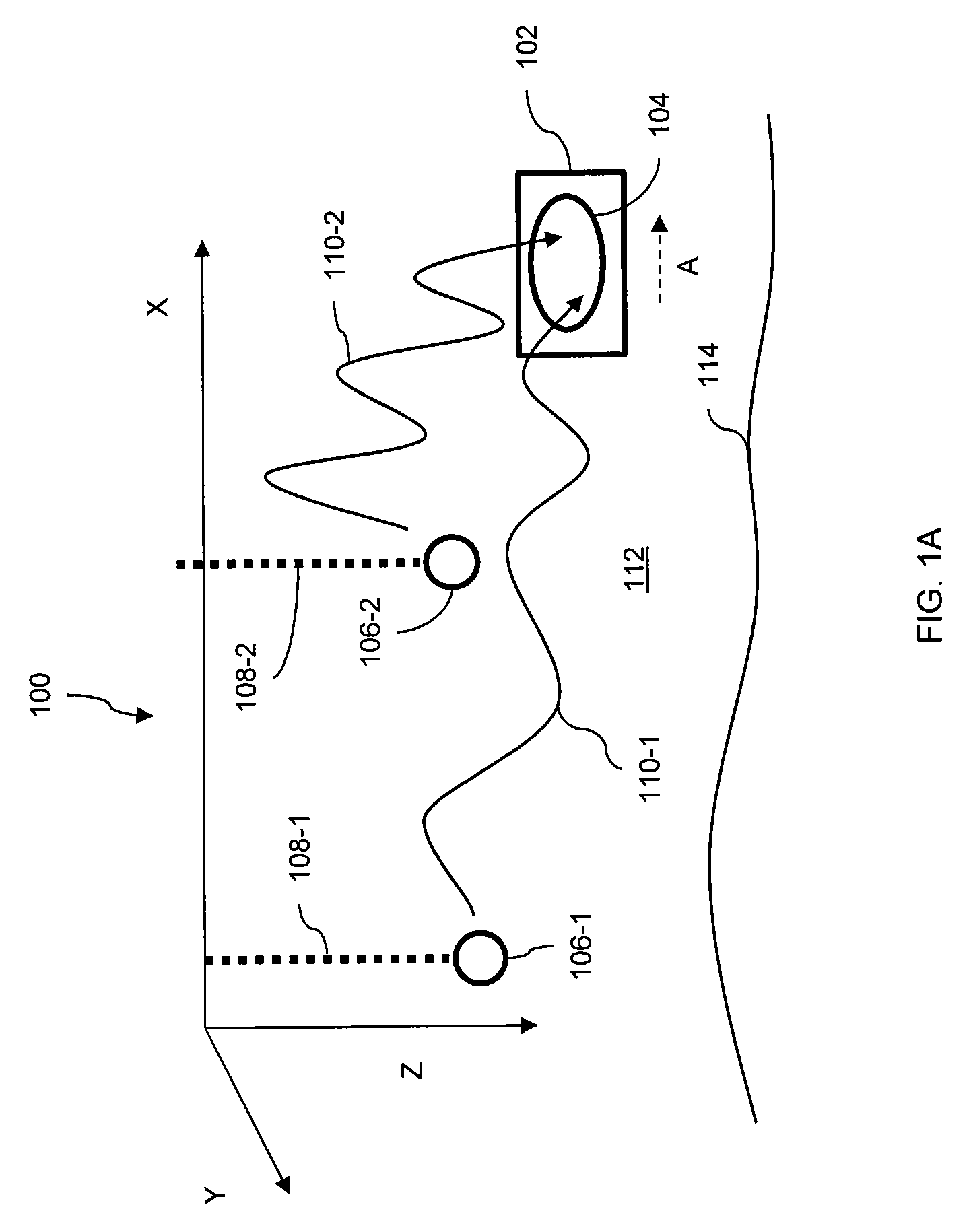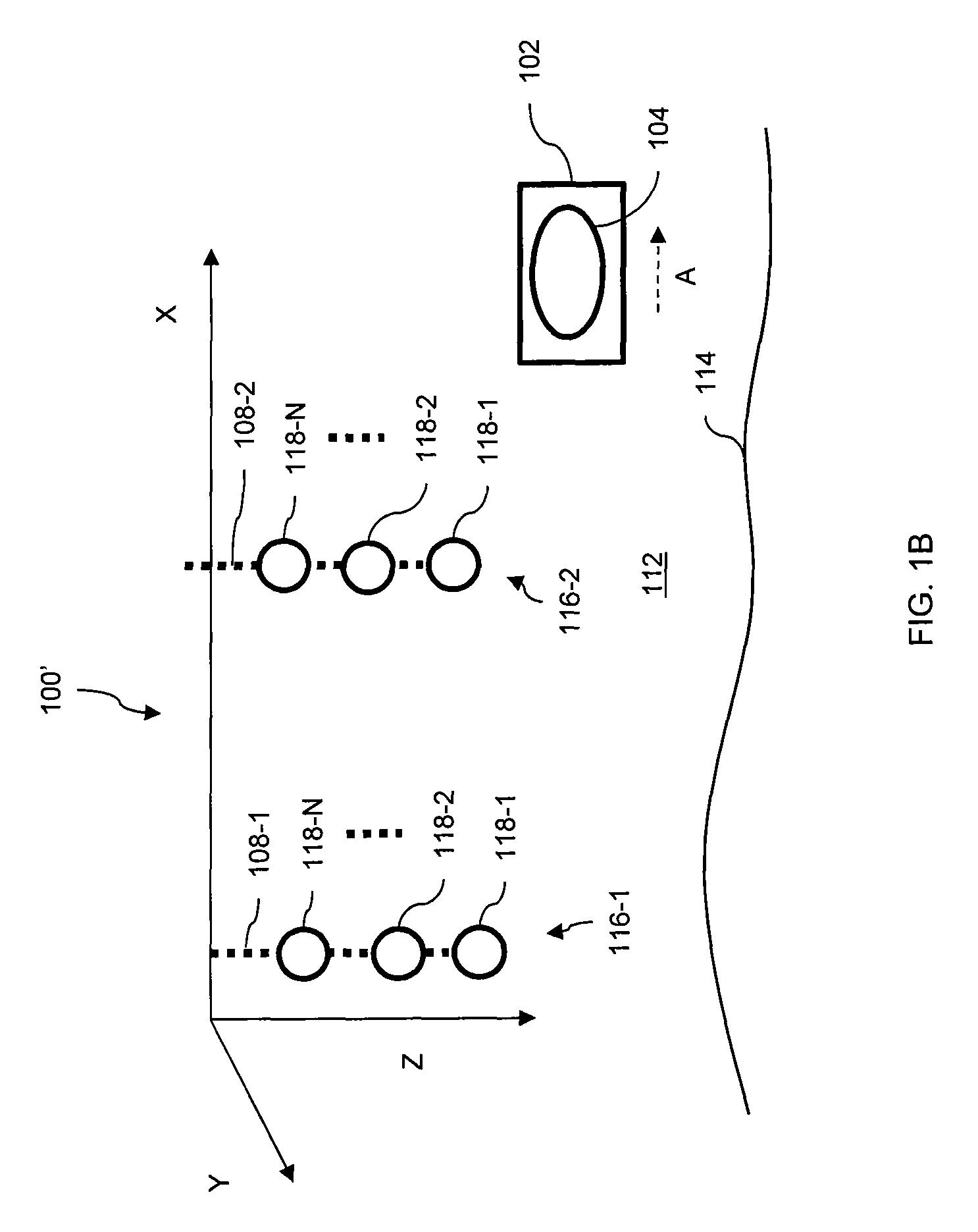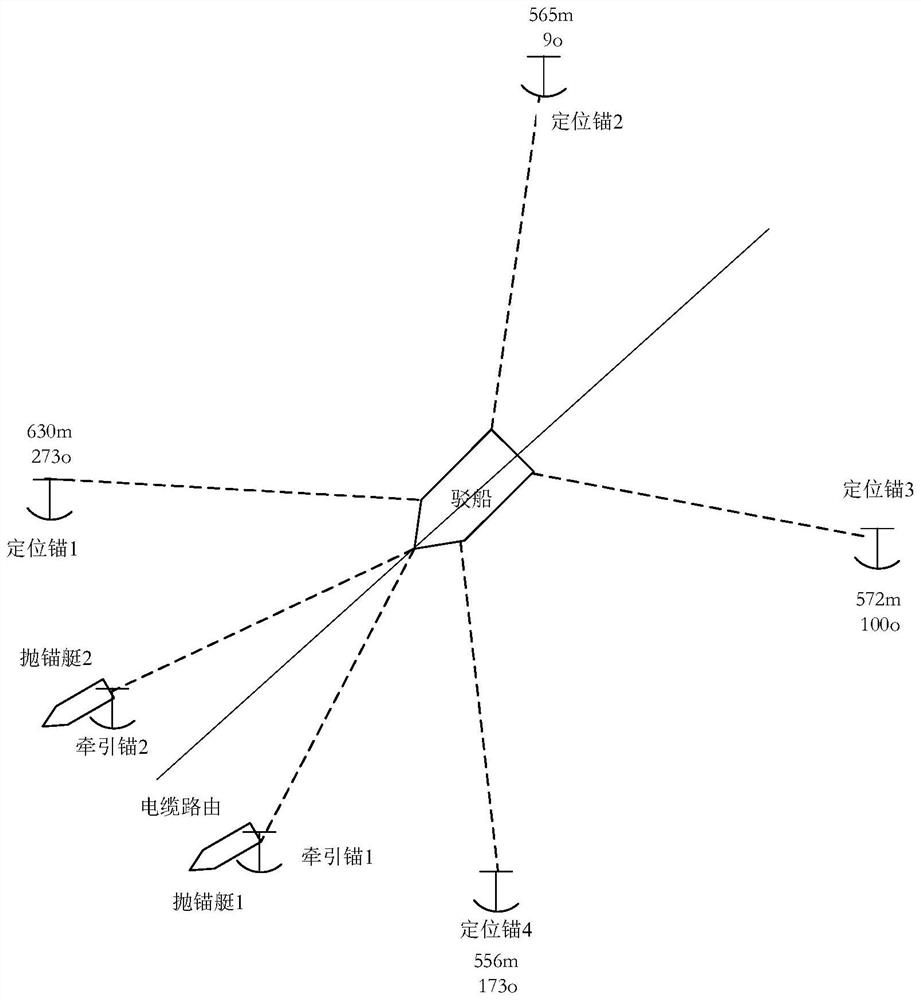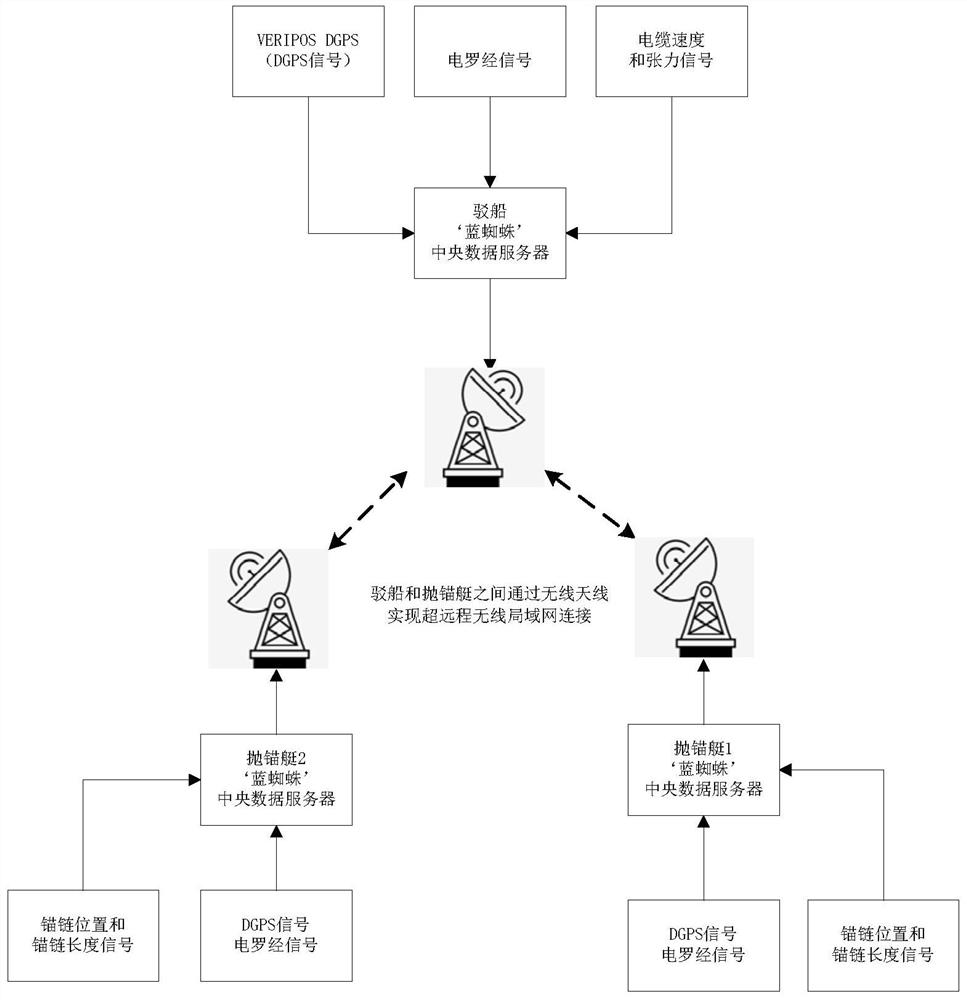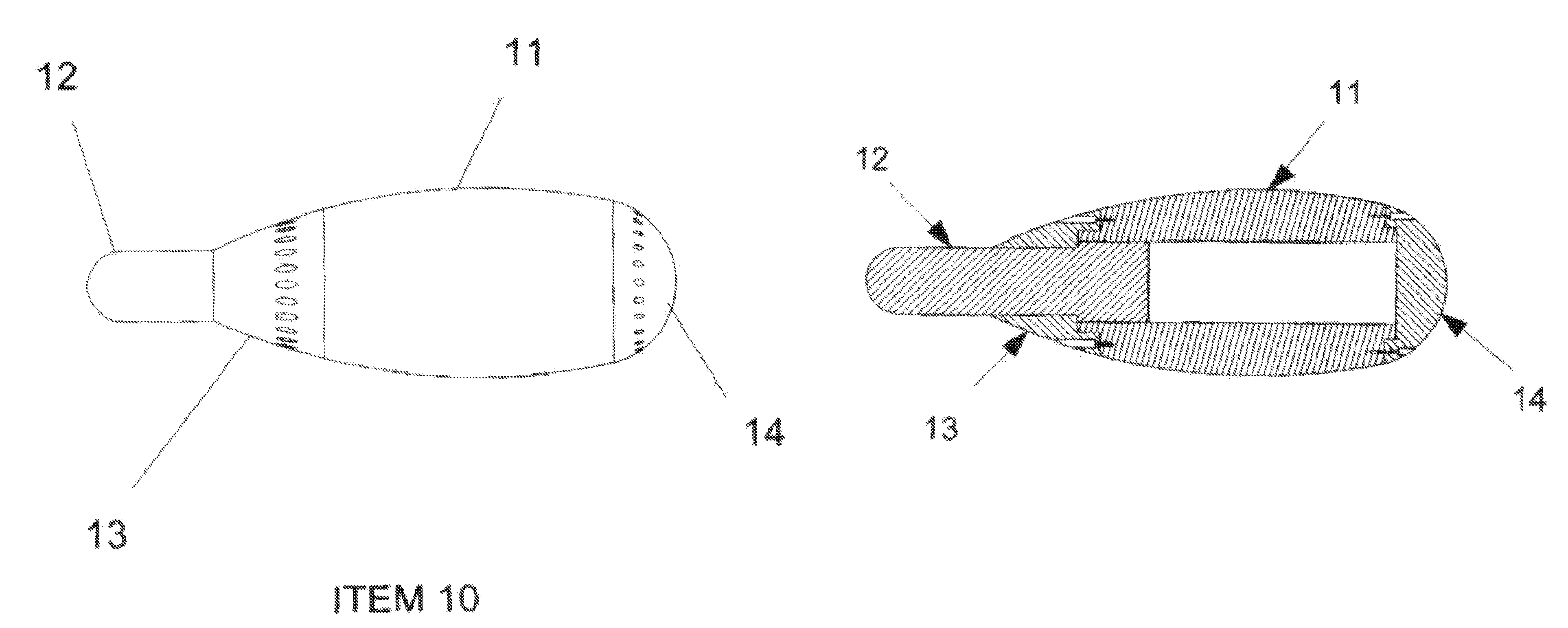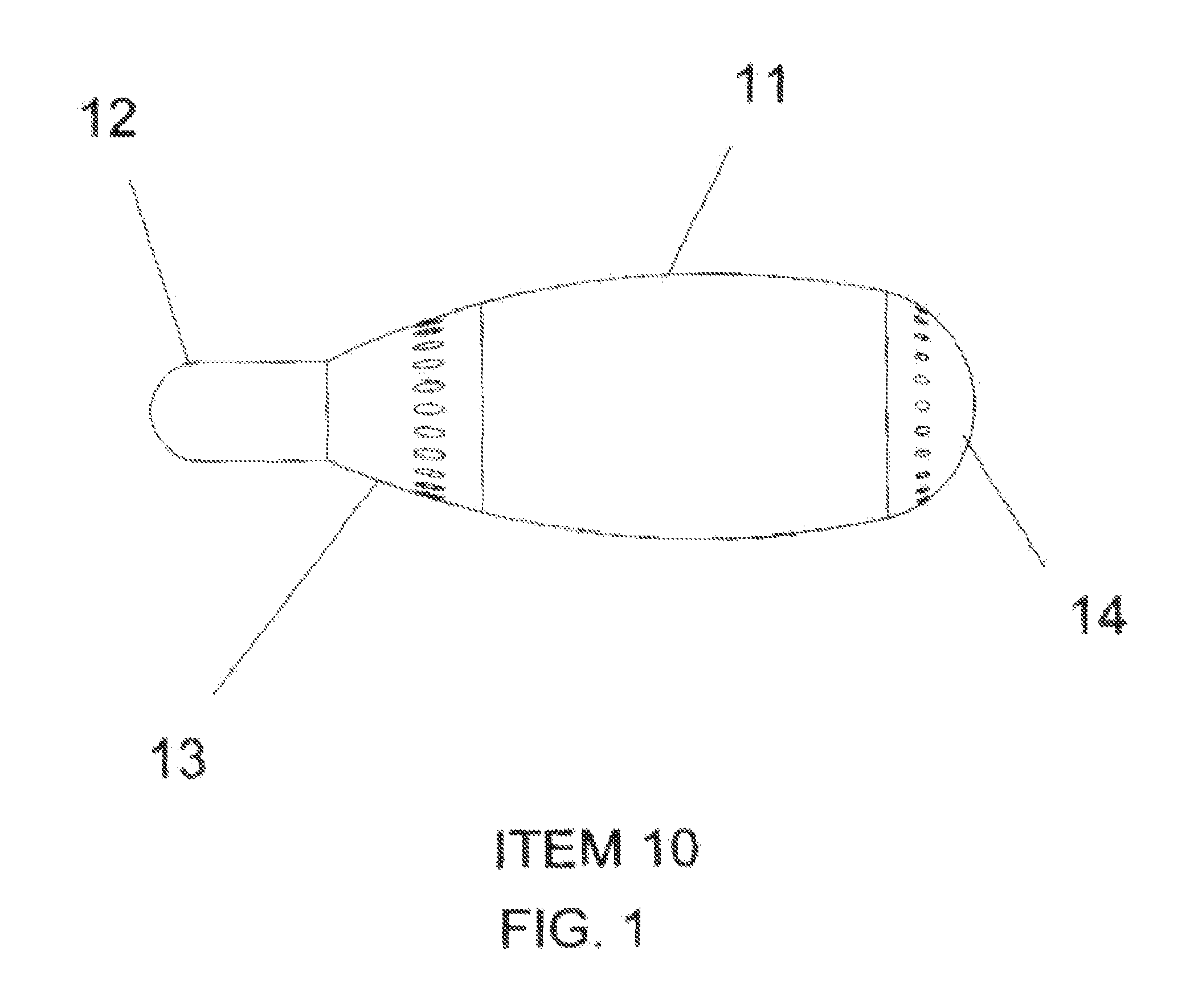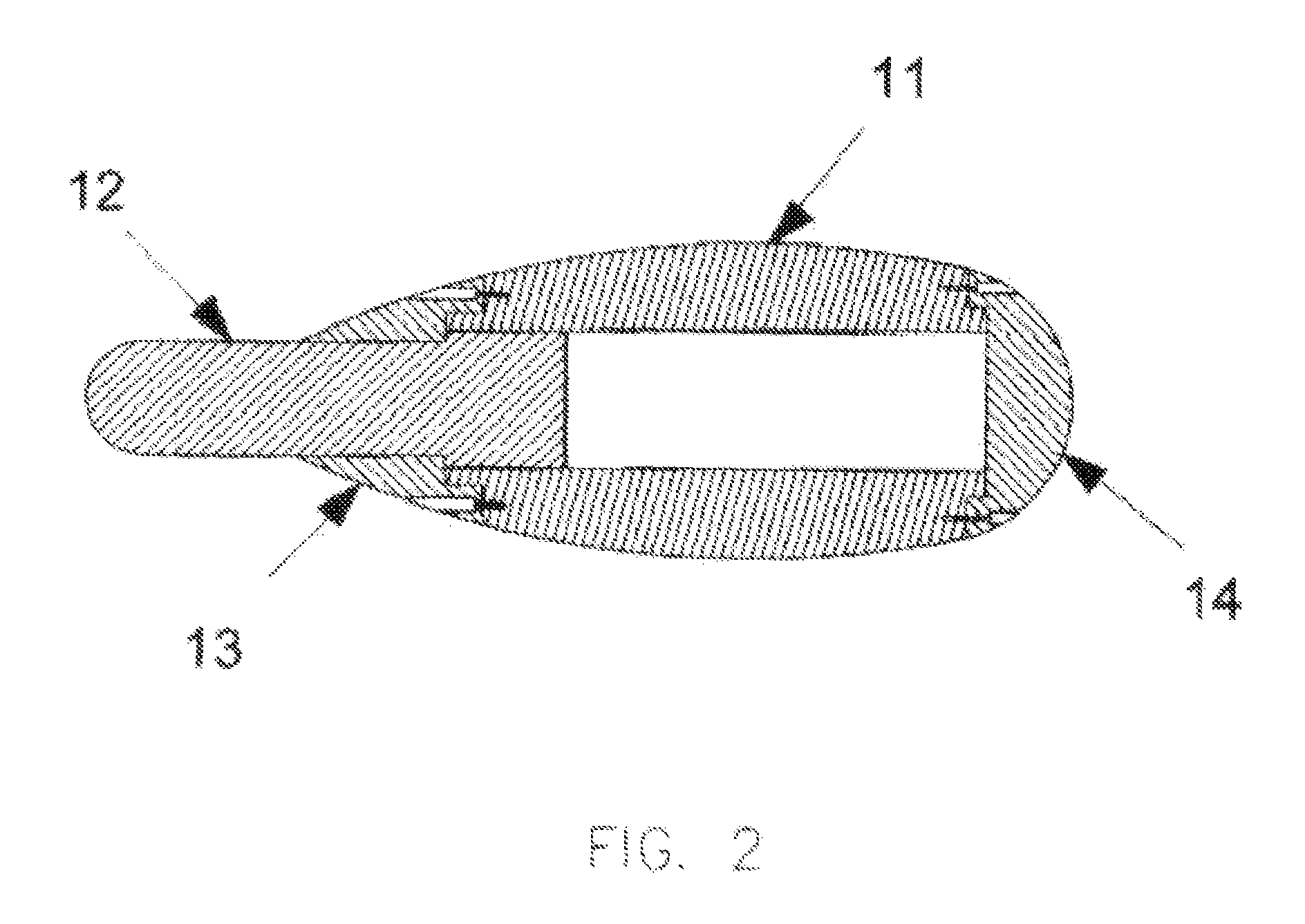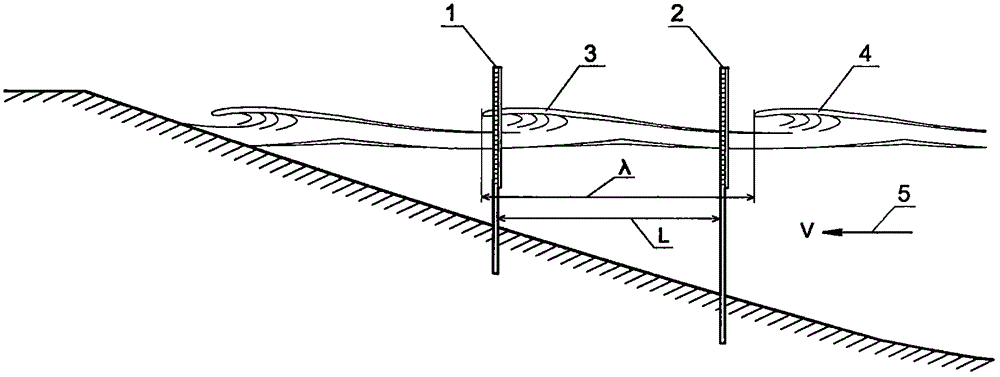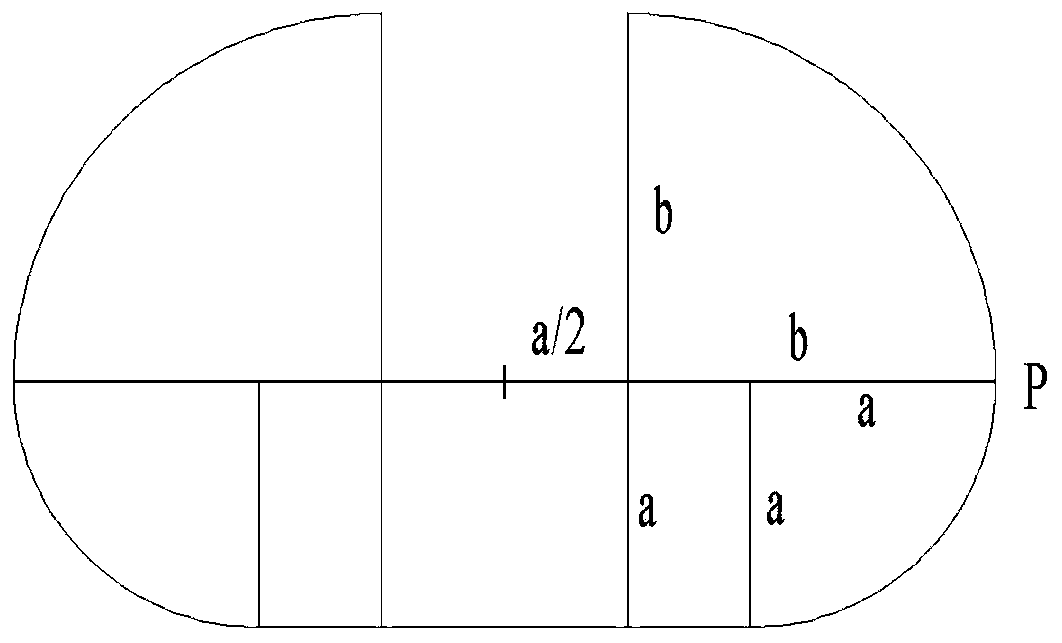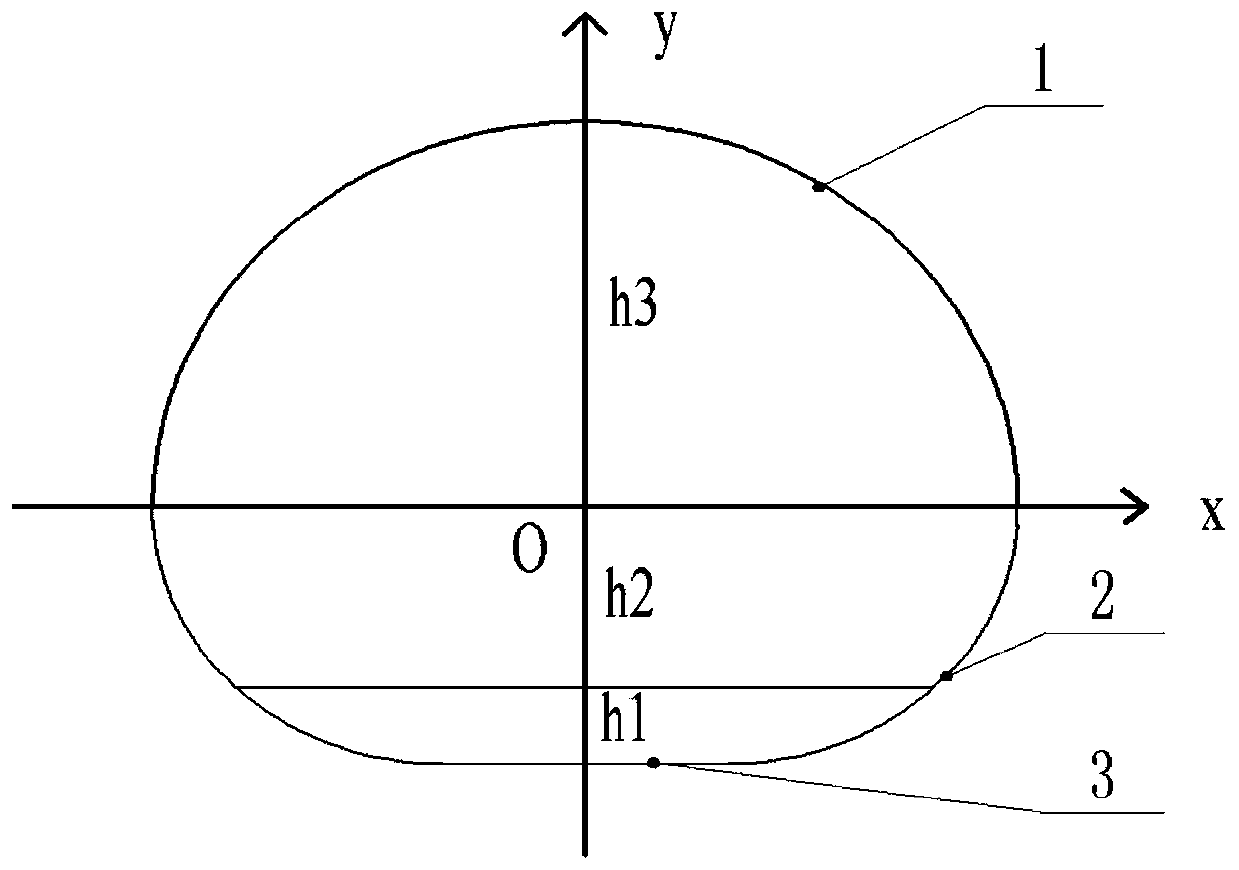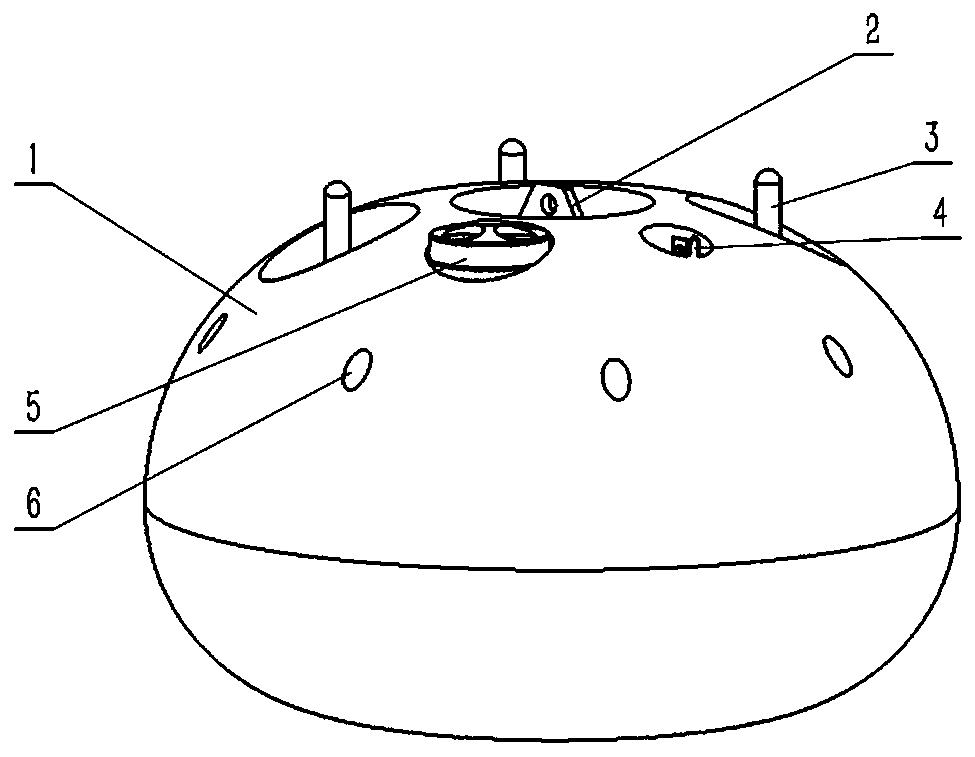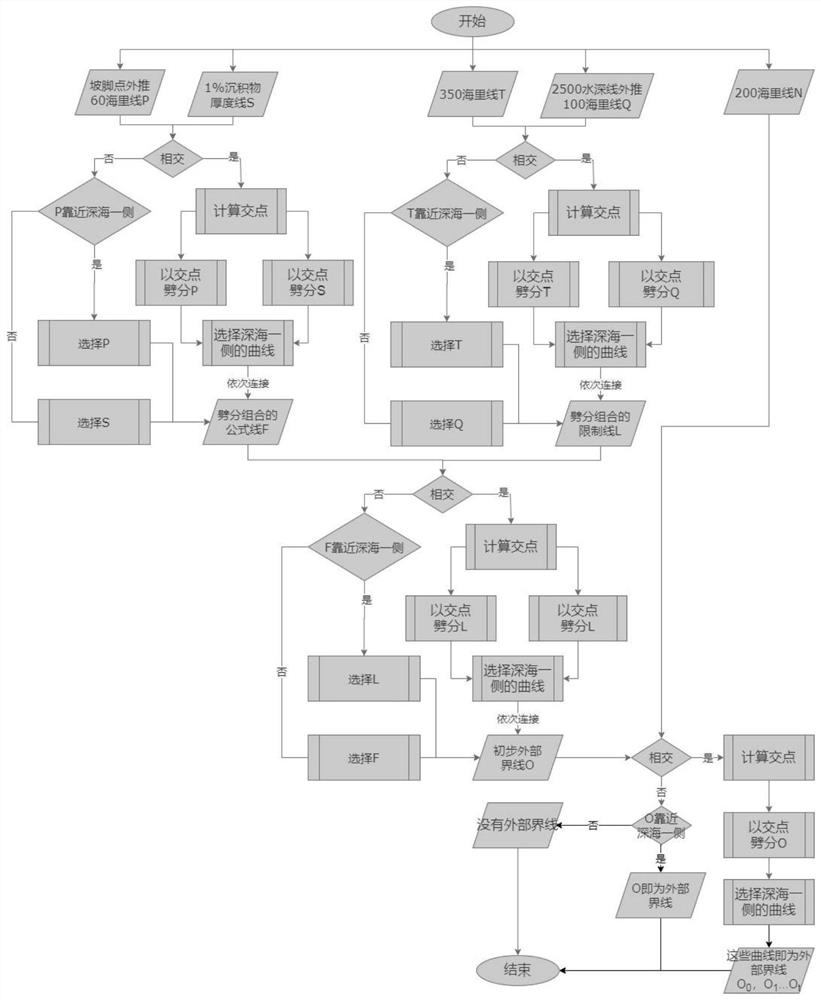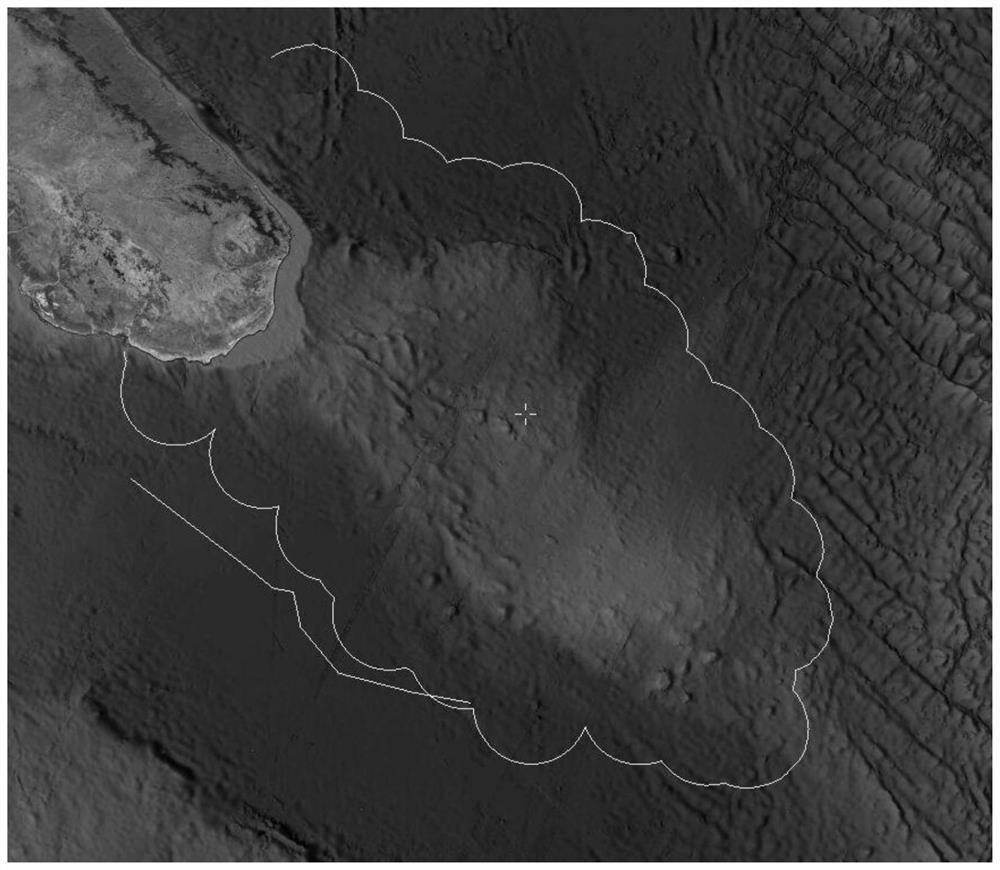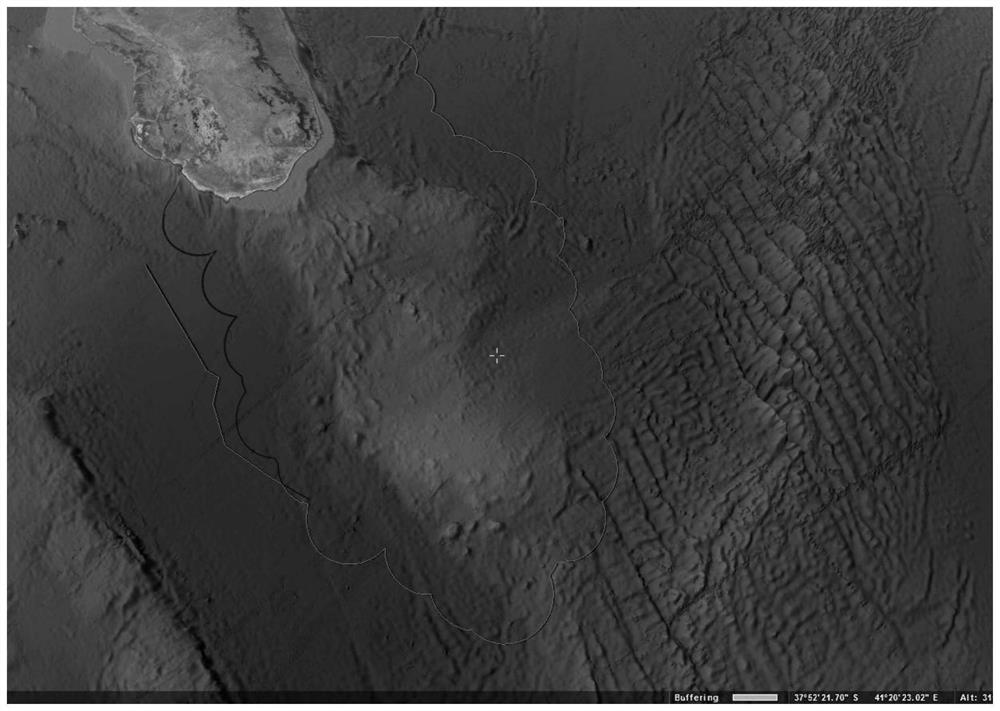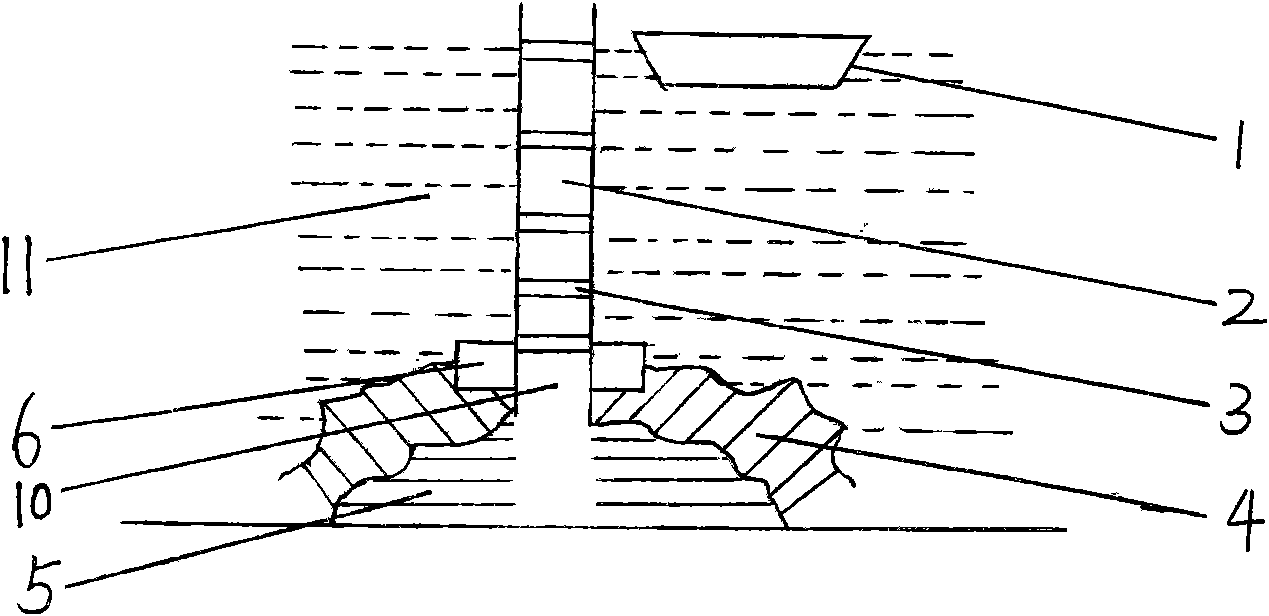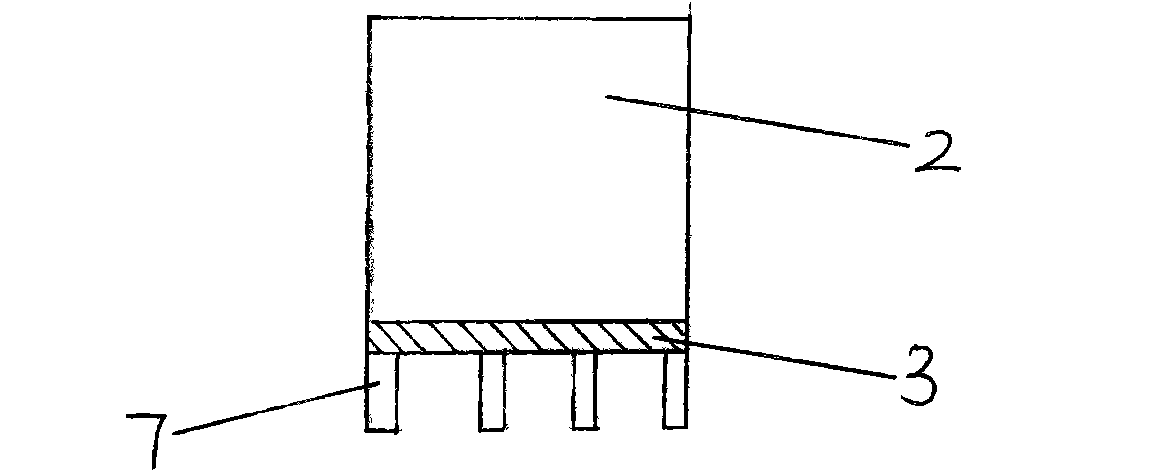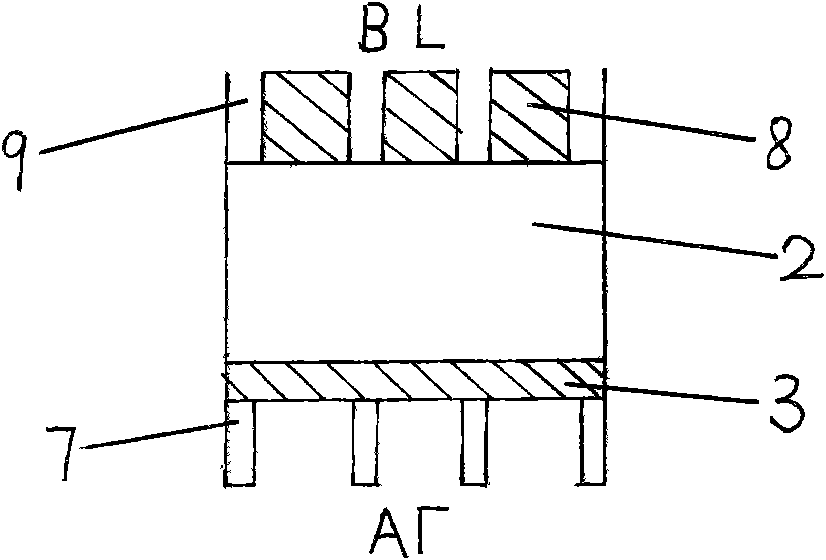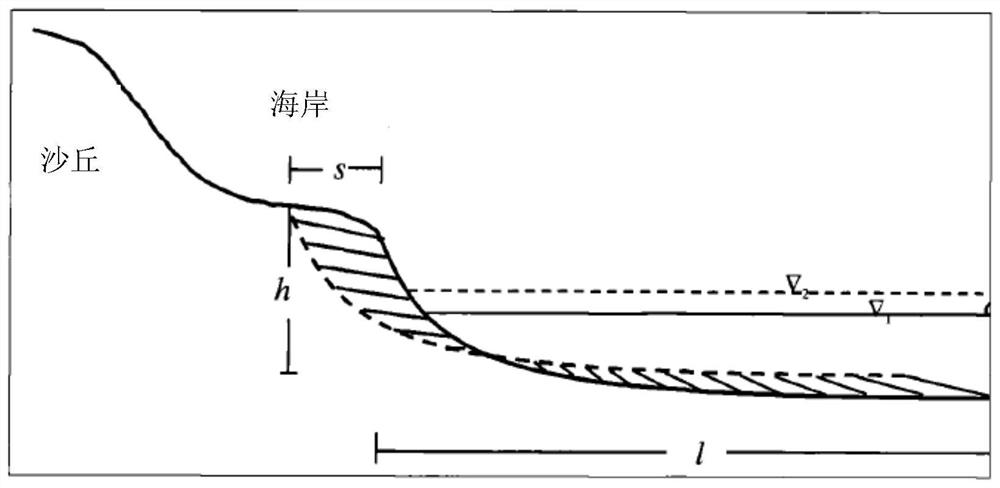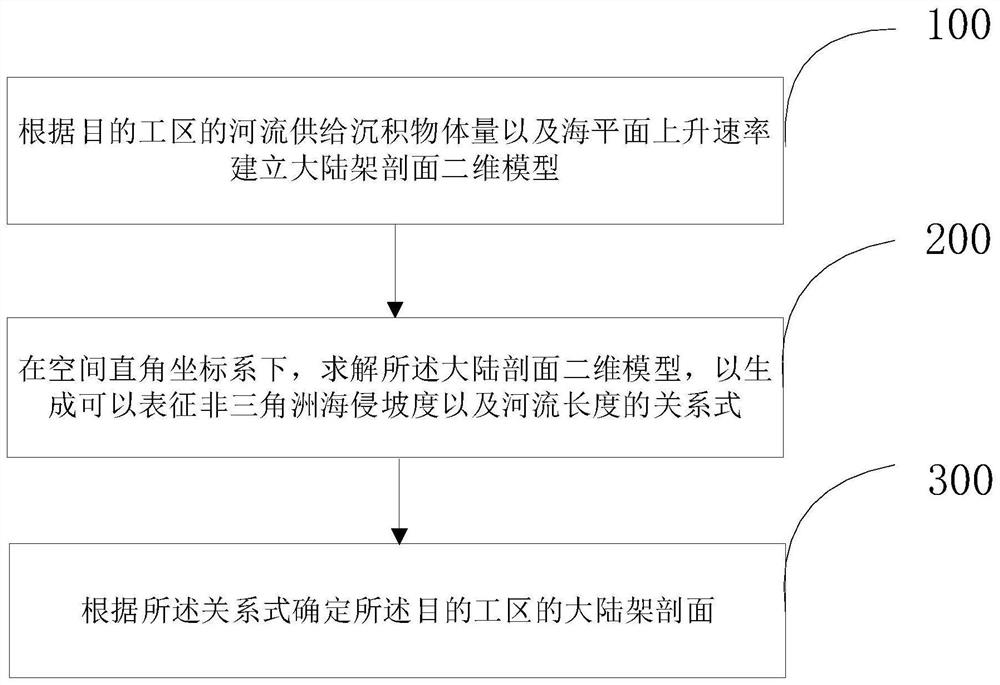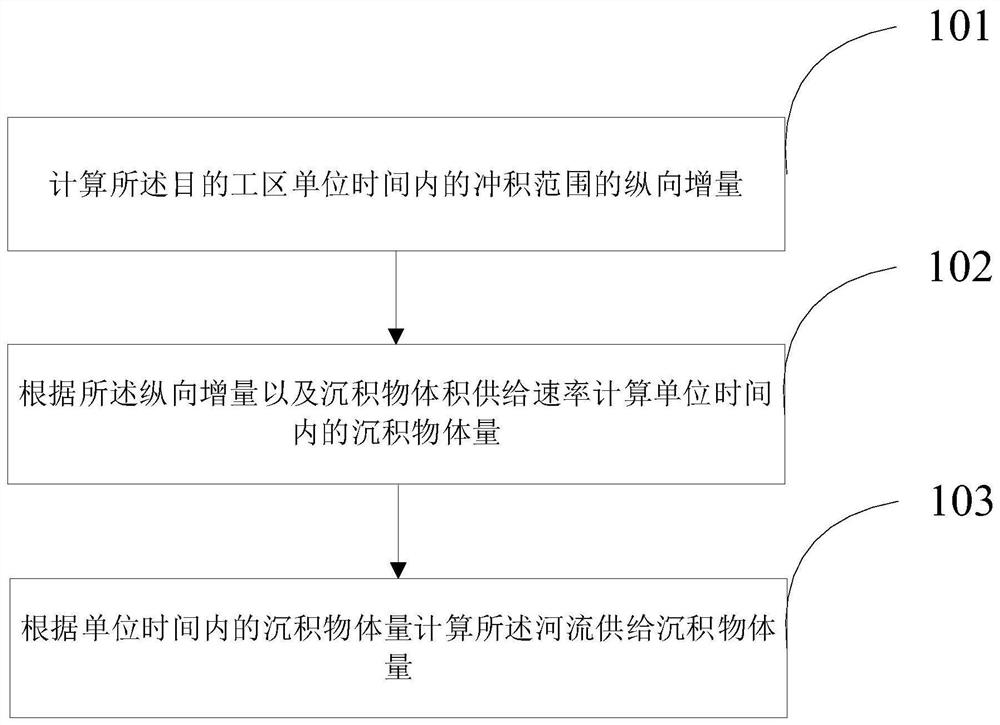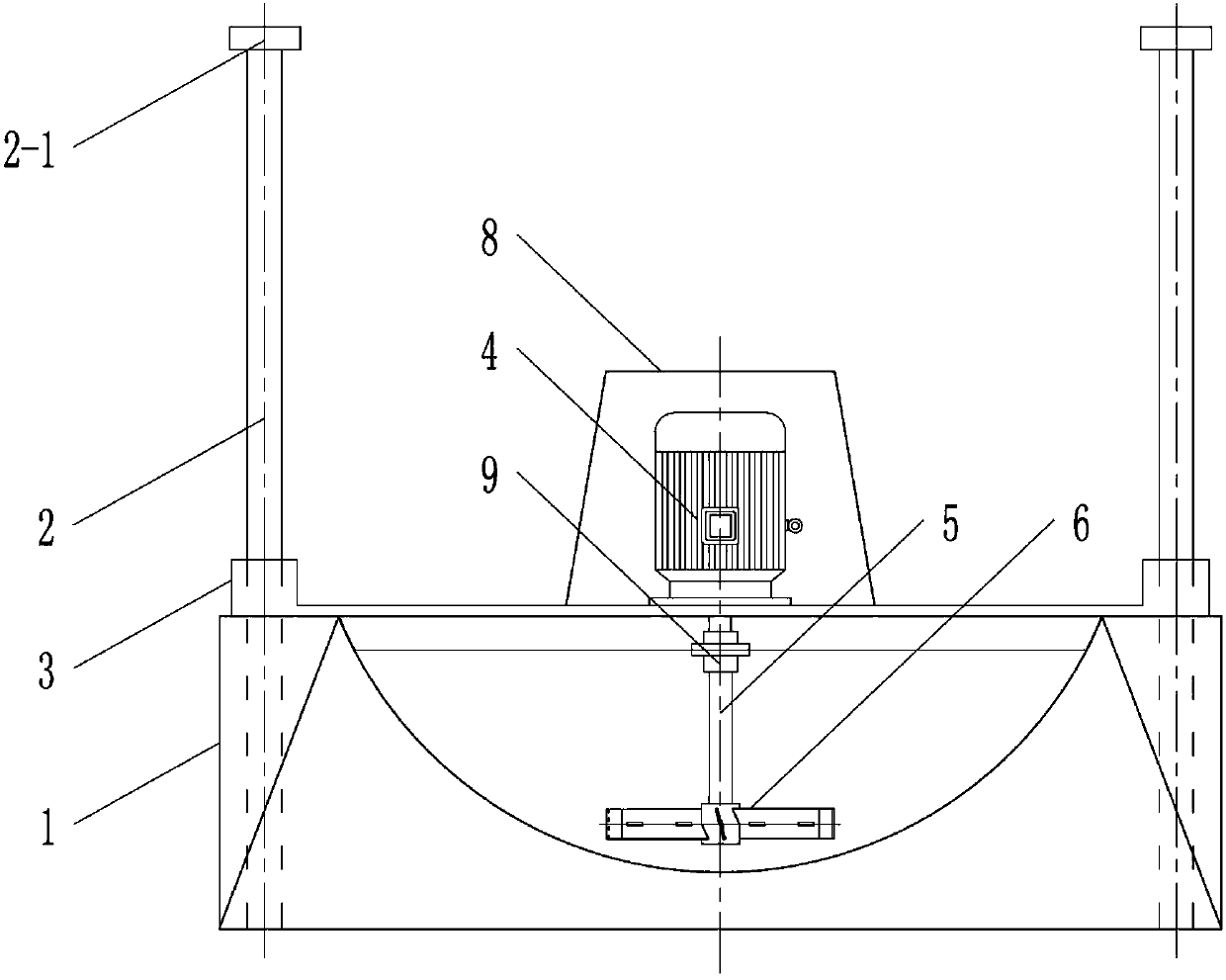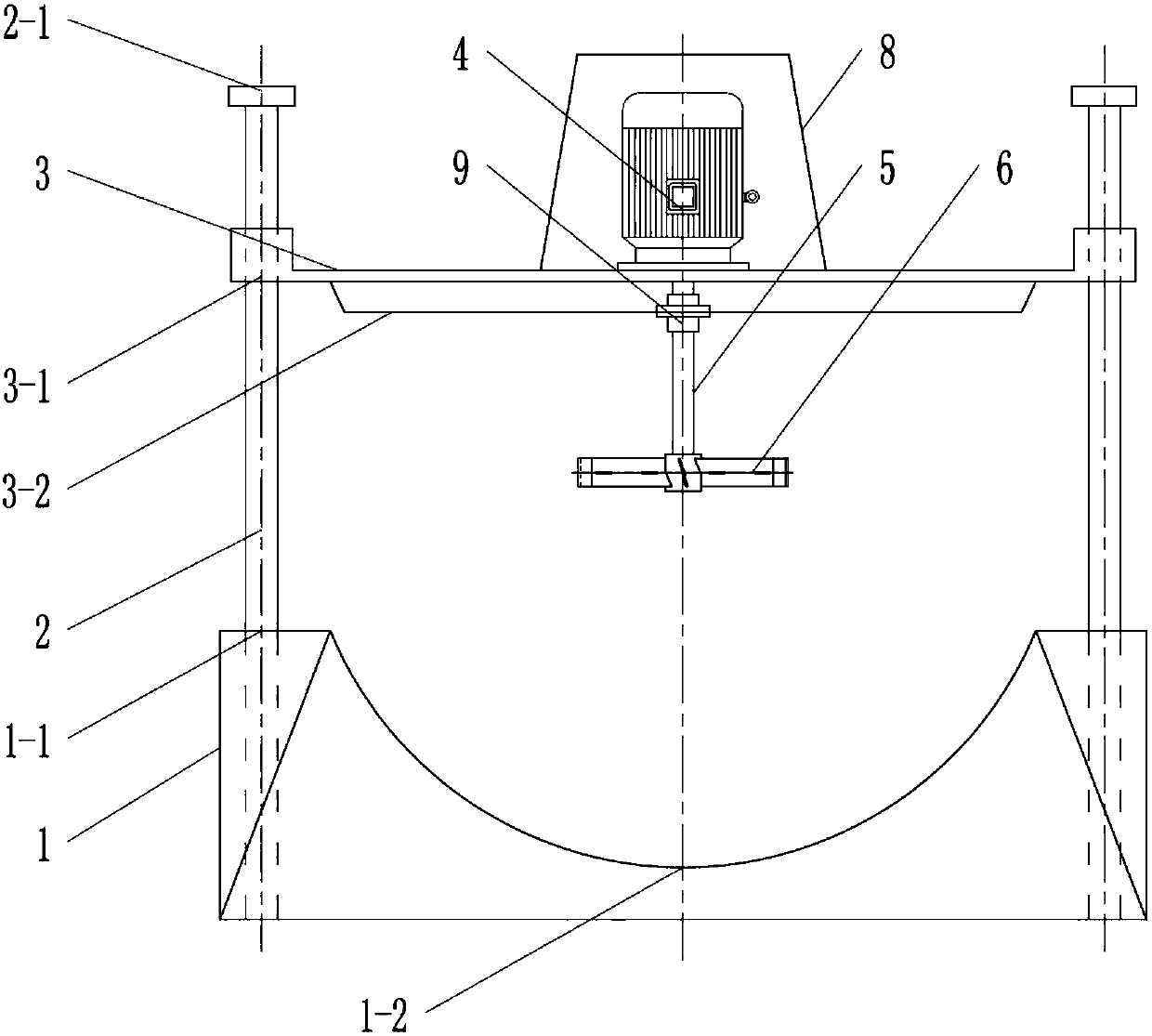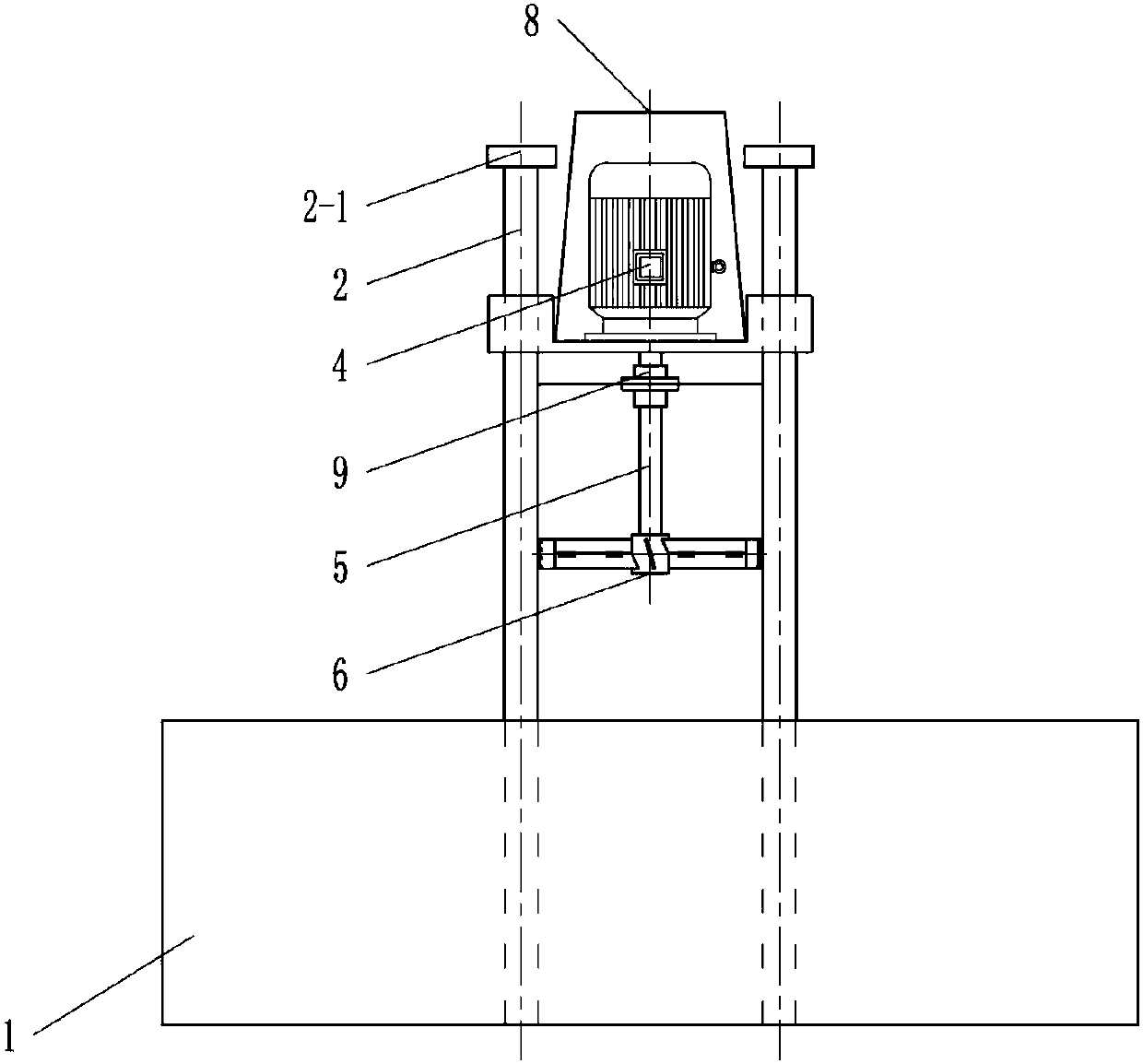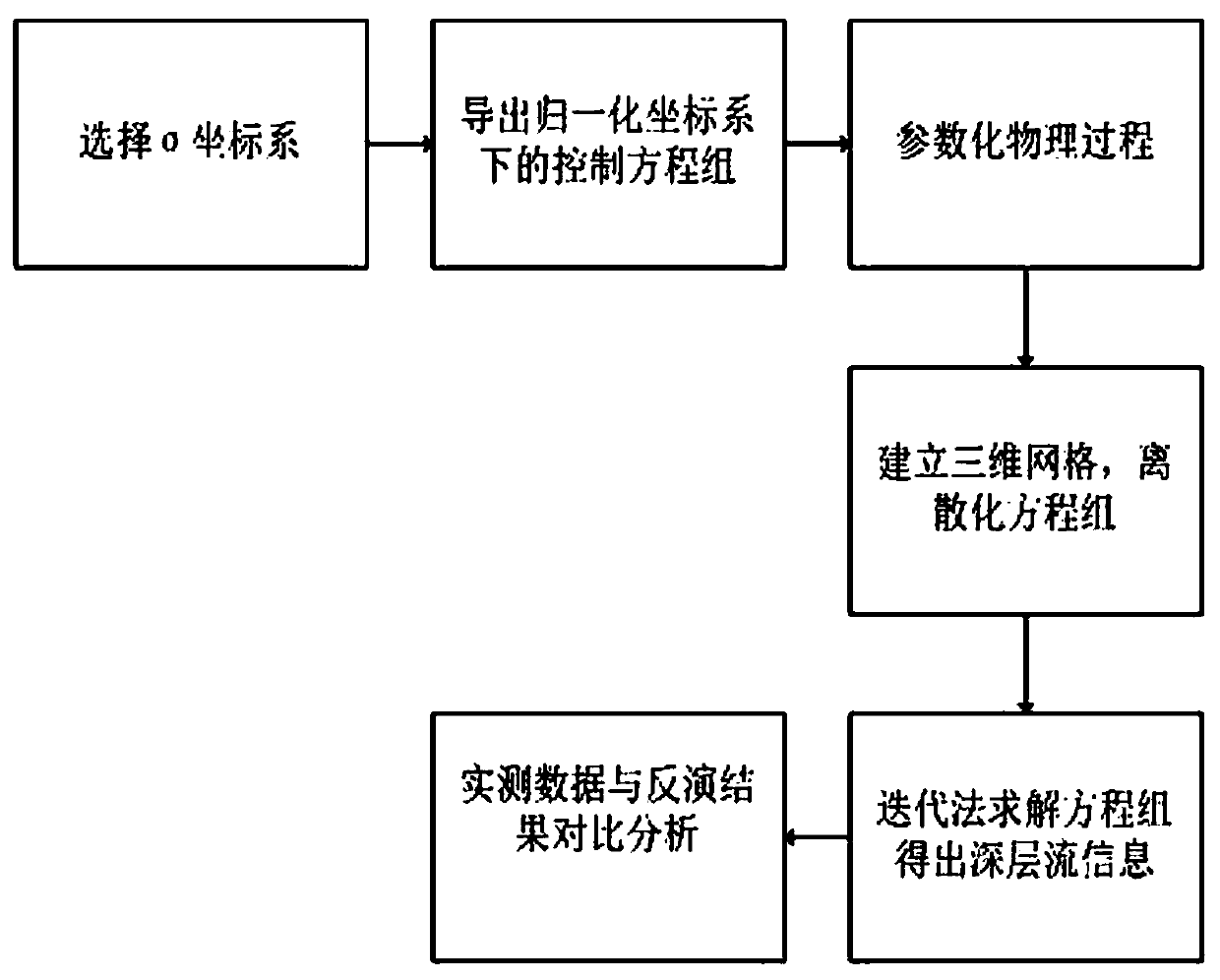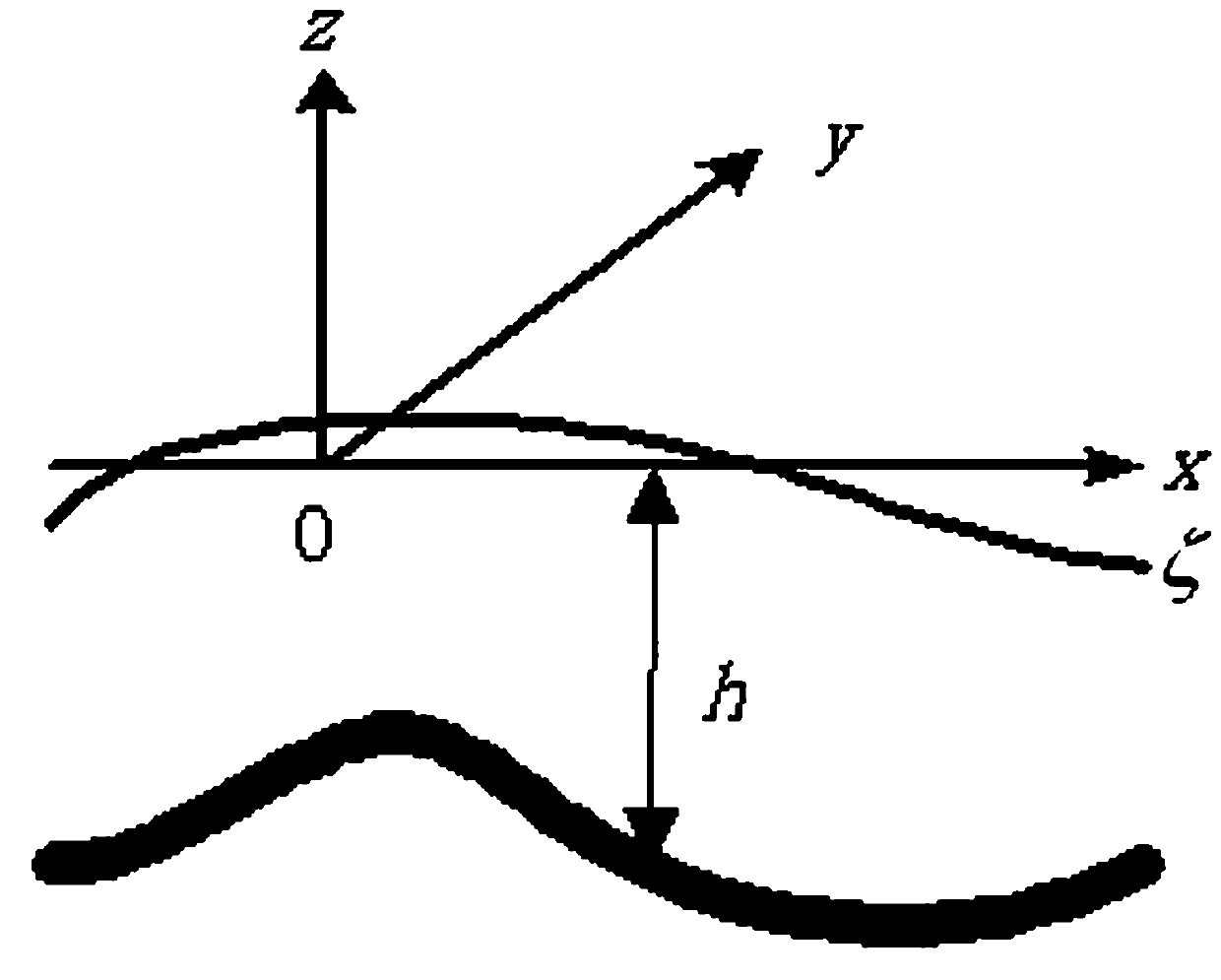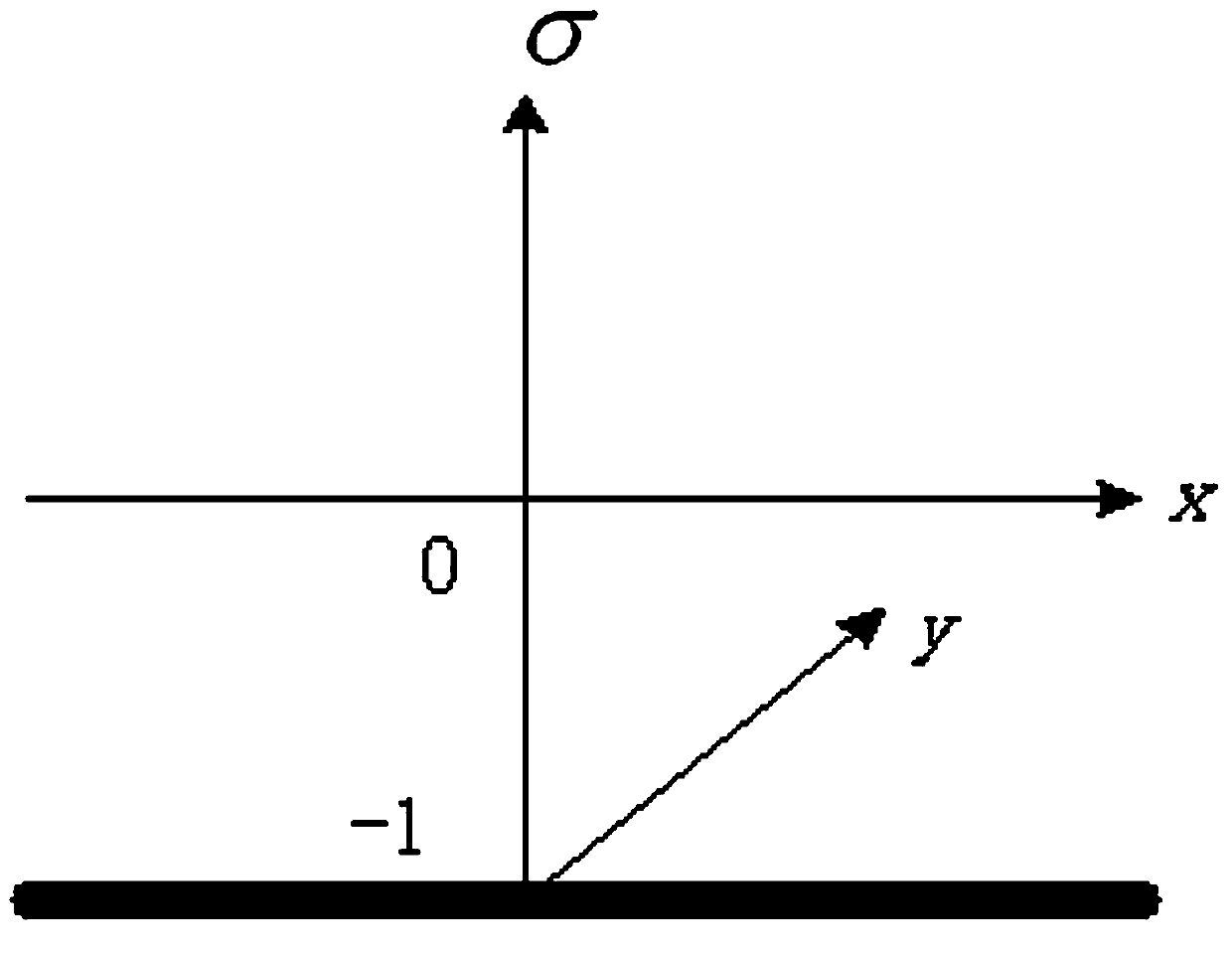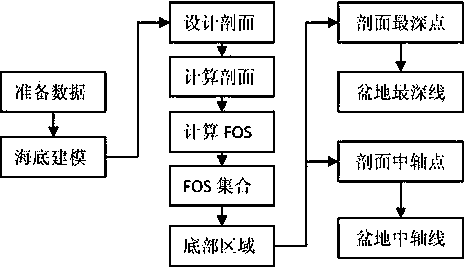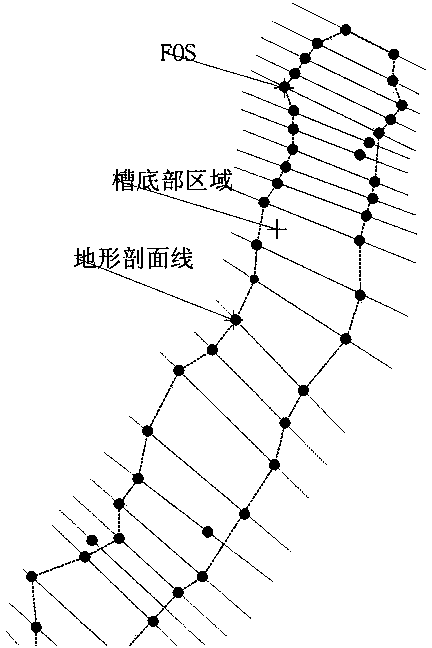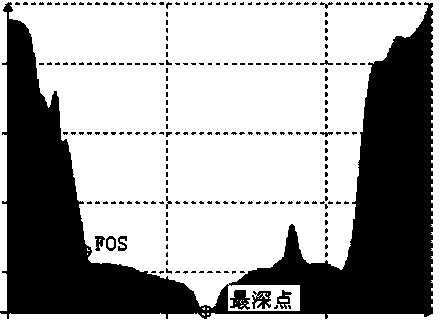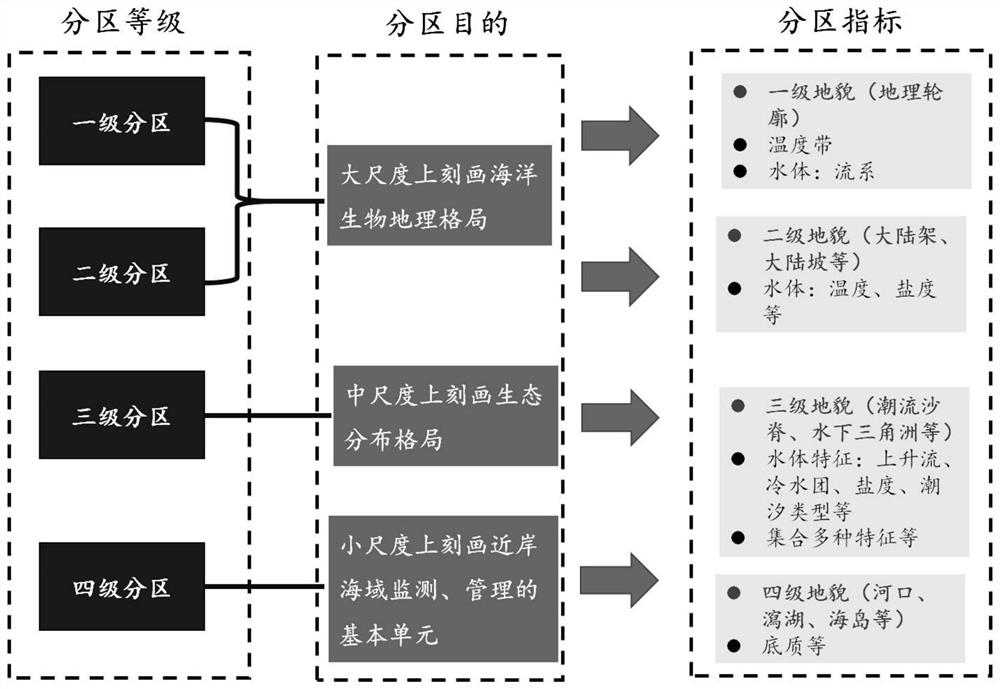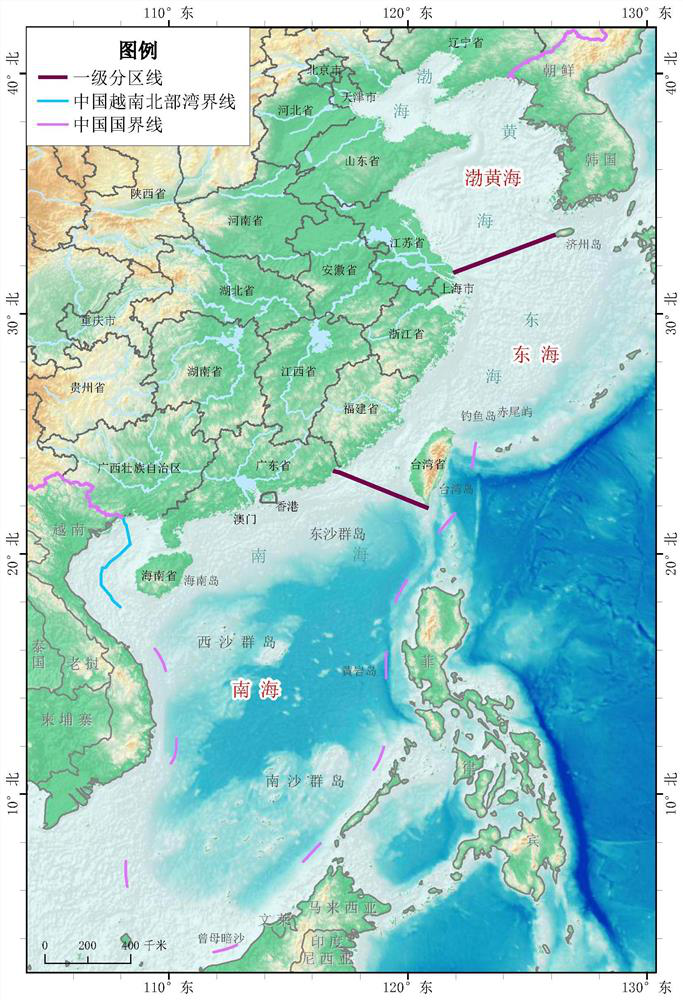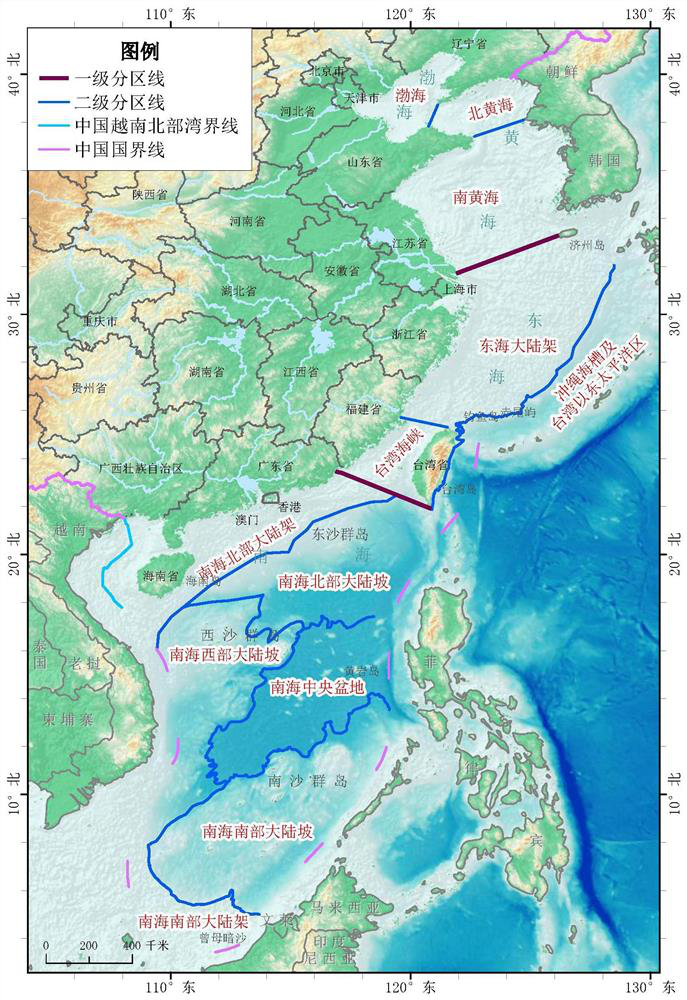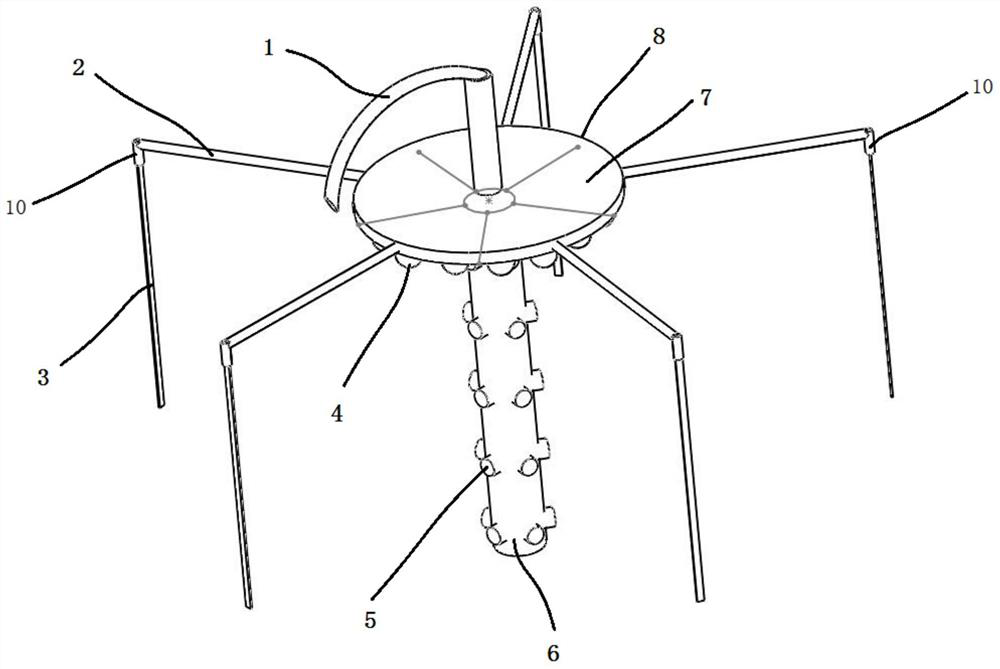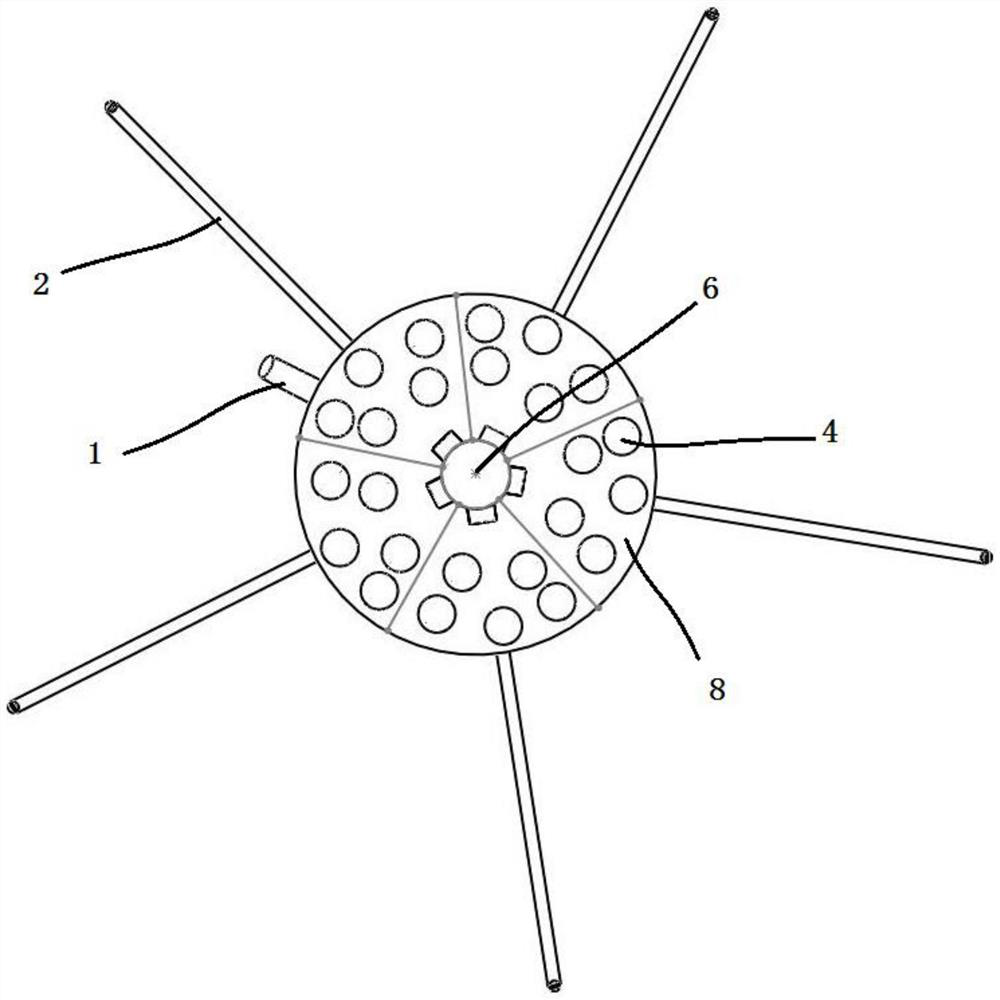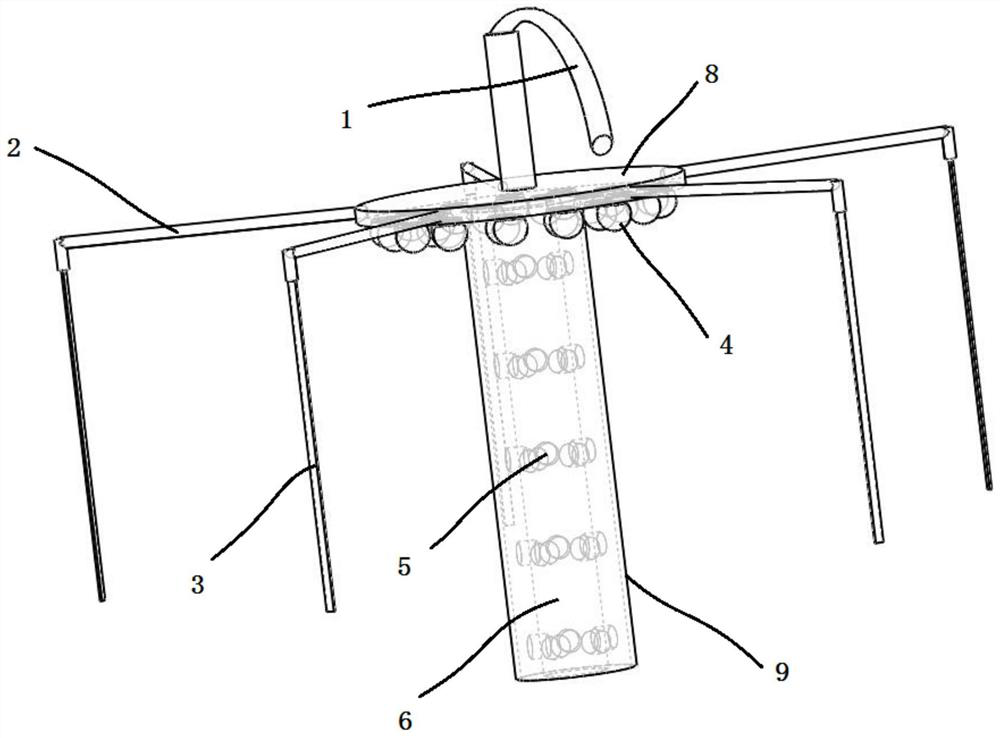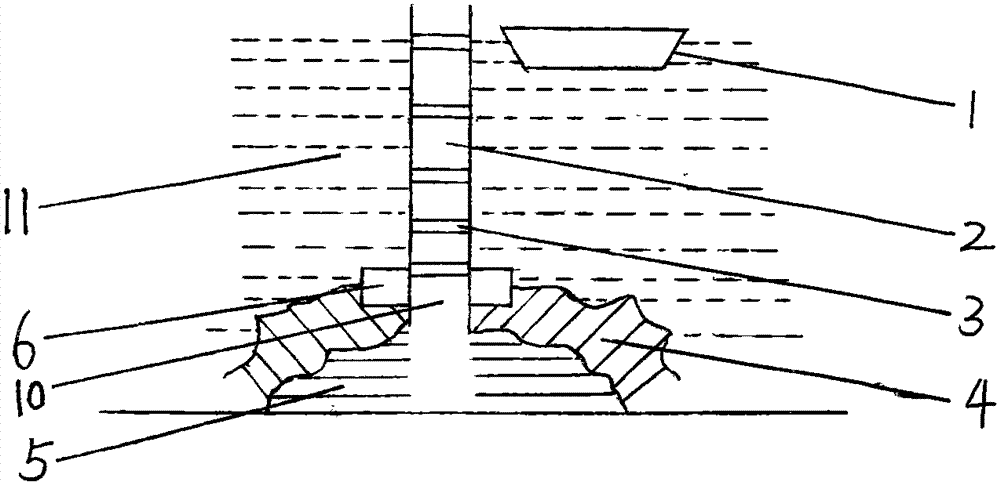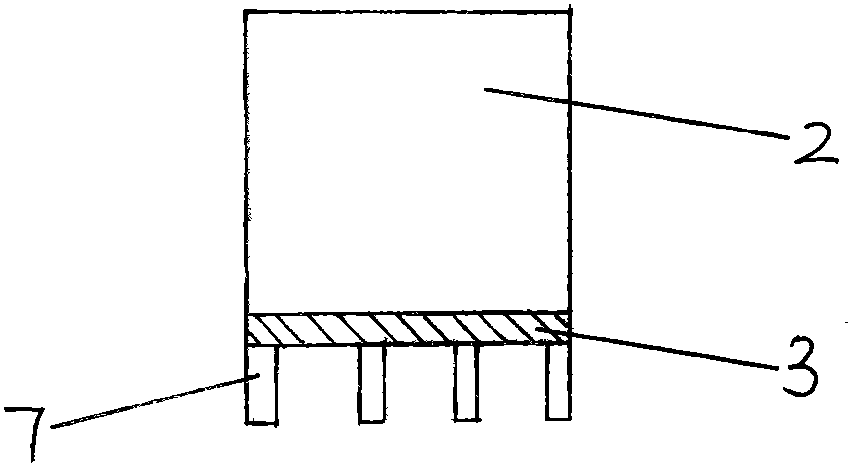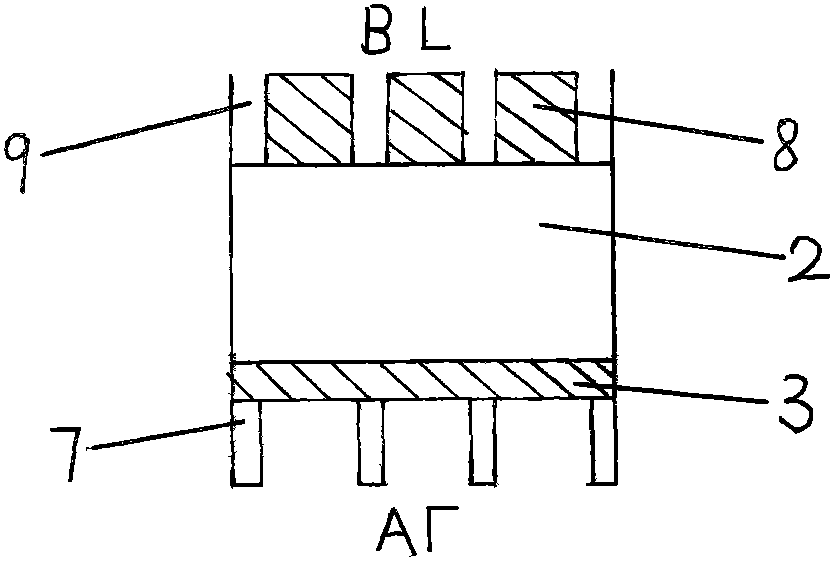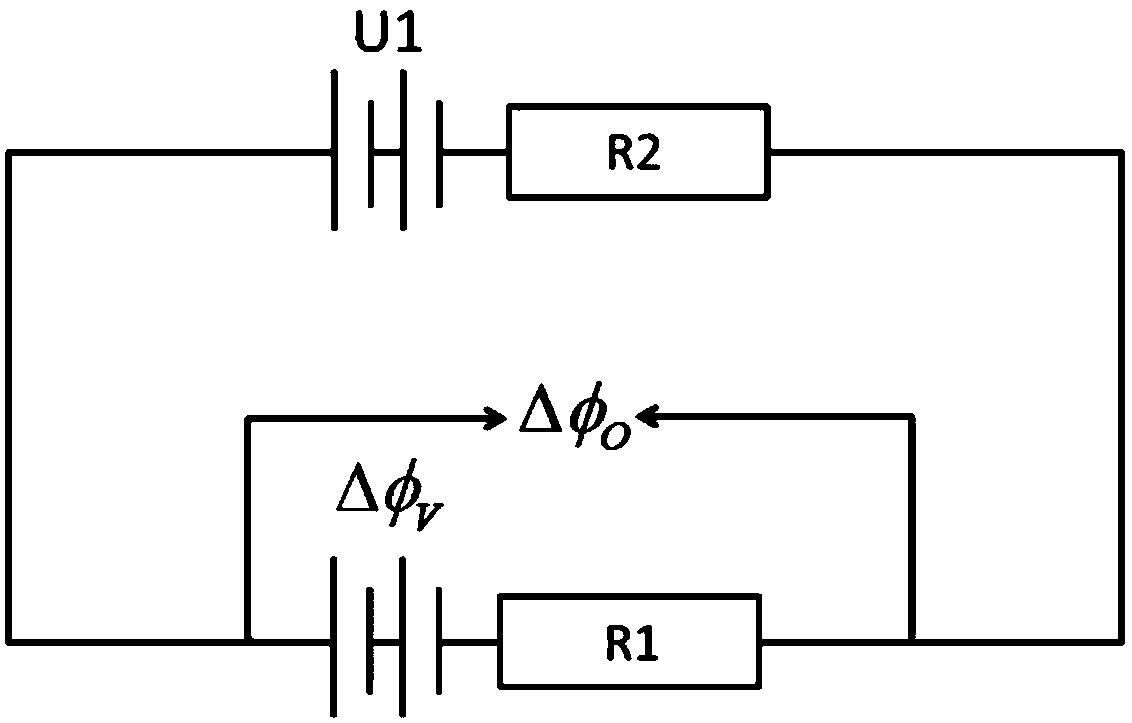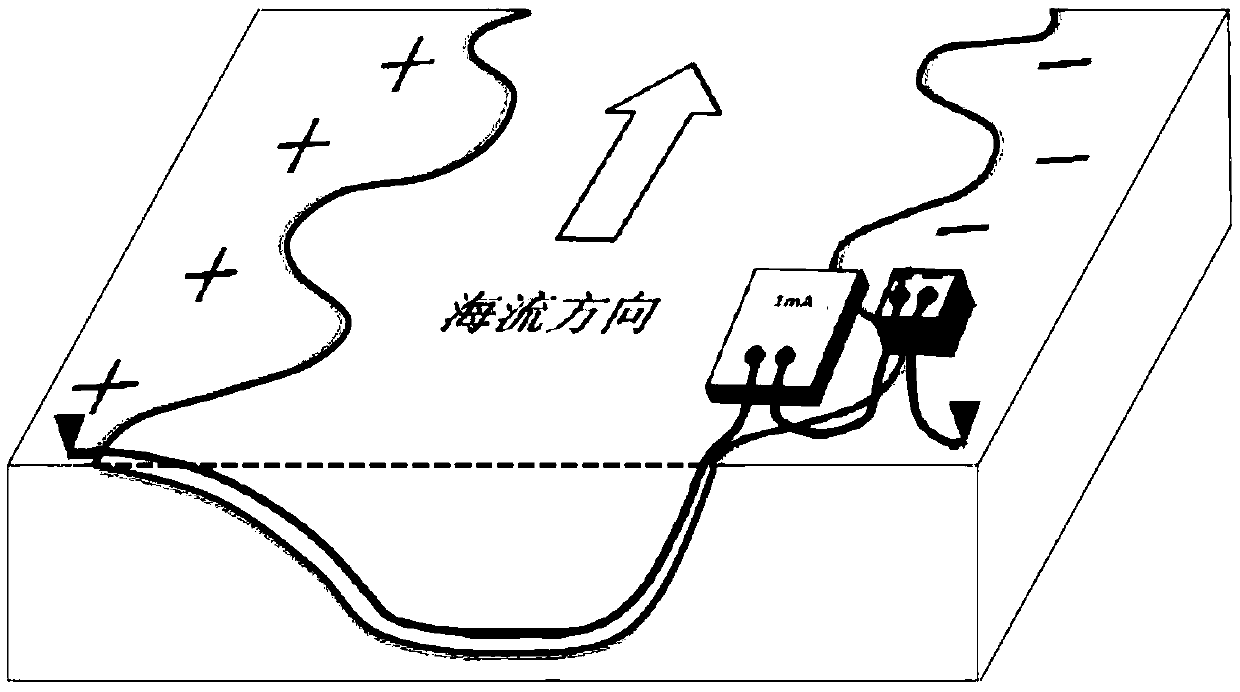Patents
Literature
Hiro is an intelligent assistant for R&D personnel, combined with Patent DNA, to facilitate innovative research.
38 results about "Continental shelf" patented technology
Efficacy Topic
Property
Owner
Technical Advancement
Application Domain
Technology Topic
Technology Field Word
Patent Country/Region
Patent Type
Patent Status
Application Year
Inventor
A continental shelf is a portion of a continent that is submerged under an area of relatively shallow water known as a shelf sea. Much of the shelves were exposed during glacial periods and interglacial periods. The shelf surrounding an island is known as an insular shelf.
Long-range acoustical positioning system on continental shelf regions
ActiveUS20120092964A1Direction finders using ultrasonic/sonic/infrasonic wavesPosition fixationVocal tractArrival time
Methods and systems for determining a geophysical position of an object in an underwater channel are provided. Acoustic signals from at least two sources are received by a receiver of the object. The acoustic signals have a frequency corresponding to at least one waveguide mode associated with the underwater channel, where the acoustic signals are transmitted at predetermined transmission times. An arrival time for the at least one waveguide mode is determined from the received signals, based on the predetermined transmission times. The geophysical position is determined based on the arrival time and a modal group velocity for the at least one waveguide mode.
Owner:UNIVERSITY OF DELAWARE
Method for preparing sodium alginate from kelp
The invention relates to a method for preparing sodium alginate from kelp, which adopts kelp as a raw material. The preparation process of the method comprises raw-material pretreatment, digestion, calcification, decalcification, dehydration, neutralization, drying, blending and milled-powder packaging, wherein flocculant is adopted for foamed floating during digestion. As the kelp is one of plants growing fastest in the world, the kelp can be cultured on a large scale in continental-shelf sea areas, and leaves of ripe kelp concentrating on the surface of seawater are beneficial to harvesting, so that production cost is reduced. The method also adopts the flocculant for foamed floating, thereby having the advantages of shortening floating time and improving product quality.
Owner:青岛聚大洋藻业集团有限公司
Continuous, continental-shelf-scale monitoring of fish populations and behavior
ActiveUS20060280030A1Maximize return acoustic signalMinimize return acoustic signalPhotographyAcoustic wave reradiationSonarSquare kilometer
Areal population density and detailed behavior of fish schools and their interaction are continuously monitored over continental-shelf-scale areas spanning thousands of square kilometers by ocean acoustic-waveguide remote sensing. In some embodiments, the capacity of certain geophysical environments, such as contininental shelves, islands, etc. to behave as acoustic waveguides is utilized; sound propagates over long ranges via trapped modes that suffer only cylindrical spreading loss, rather than the spherical loss suffered in conventional sonar approaches.
Owner:MASSACHUSETTS INST OF TECH
Tidal irrigation and electrical system (TIES)
A tidal irrigation and electrical system used to harness the power of the ocean tide to generate electricity, create sustainable aquaculture, act as a CO2 sink, and generate hydrocarbons. An artificial atoll is created on the continental shelf to define a lagoon completely isolated from the surrounding ocean. As the tides rise and fall, the natural tidal action draws nutrient-rich, cold seawater into the lagoon to stimulate the growth of biolife. As the ocean tide falls, the natural tidal action draws the lagoon water out of the lagoon and through a biofilter to remove the biolife prior to discharge of the water back to the ocean.
Owner:SHERMAN MARTIN T
Dynamic carbon and static carbon mutual conversion method
PendingCN110012785ALarge biomassImprove the ability to convert into "static carbon"Nitrous oxide captureMethane captureMonsoon circulationClean energy
A dynamic carbon and static carbon mutual conversion method includes: planting rank vegetations, and repeatedly cutting and storing to convert 'dynamic carbon' in the atmosphere into 'static carbon' in the biosphere; controlling biomass oxidation quantity to balance the total quantity of 'dynamic carbon' in the atmosphere; intervening soil wind erosion, rock weathering, monsoon circulation and ocean current distribution regularities to restrain 'static carbon' in the biosphere, the hydrosphere and the lithosphere from transferring into the atmosphere; increasing biomass in coastal wetlands, continental shelf shallow areas, rivers and lakes to promote 'static carbon' in the hydrosphere to transfer into the lithosphere; replacing fossil fuels with clean energy to reduce incremental quantityof 'dynamic carbon' in the atmosphere; developing new climate economy to increase bio-carbon products and increase storage of 'static carbon' in the biosphere; clearing 'dynamic carbon' in the atmosphere according to physical and chemical methods so as to regulate the greenhouse effect, eliminate dust haze, slow down global climate change speed and prolong survival time of human on the earth.
Owner:雷学军
Artificial shallow sea ecosystem marine ranch
The invention relates to an artificial shallow sea ecosystem marine ranch. The marine ranch is an ecological bionic project artificially imitating a natural upwelling fishery and a shallow continental shelf ecosystem fishery. With an artificially induced upwelling marine ranch device, nutrient-salt-rich deep sea water is induced to lift to a euphotic zone. Nutrient salt sinking is prevented with an artificial hallow continental shelf ecosystem marine ranch device. A huge well-conditioned place is provided for the growth, reproduction, spawning, feeding, hiding, inhabitation and activity of various marine lives. Coordination and cooperation of light, heat, water, fertilizer, bait, oxygen and space resources are realized. Solar energy is absorbed and converted into biomass energy; carbon dioxide is absorbed and reduced into phytoplankton; and through the marine ecosystem food chain and food web, phytoplankton is converted into zooplankton and economic animals such as fish, shrimp, crab, shell, sea cucumber, squid and the like. After catching and processing, seafood such as fish meat, fishmeal and fish oil can be produced. The seafood fish meat can be adopted as a food; the fishmeal can be adopted as a feed; and the fish oil can be processed into food or into biodiesel as an energy. With the marine ranch, in the sea euphotic zone, solar energy is converted into food and energy.
Owner:朱祖阳
Green geo-engineering system device for regulating global climate change
InactiveCN104472409AScale, size, area, depth and depth are easy to controlLow investment and construction costClimate change adaptationPisciculture and aquariaMarine ecosystemContinental shelf
The invention discloses a green geo-engineering system device for regulating global climate change. The device is engineering for artificially simulating a natural upwelling fishery and a continental shelf shallow sea ecosystem fishery; deep nutritive salt-rich seawater is induced to upwell to a marine euphotic layer by utilizing an artificial induction upwelling marine ranching device; nutritive salt is prevented from sinking by utilizing an artificial shallow sea ecosystem marine ranching device; coordination of photo-thermal water and fertilizer resources is realized; sunlight energy is absorbed and is converted into biomass energy; carbon dioxide is absorbed and is recovered into phytoplankton; the concentration of atmospheric carbon dioxide is regulated; the global climate change is regulated; the phytoplankton is converted into zooplankton and economic animals such as fish, shrimps, crabs, shellfish, sea cucumbers and squids through a food chain and a food web of a marine ecosystem; seafood, fish meat, fish meal and fish oil are produced by catching, the fish meat serves as food, the fish meal serves as a feed, the fish oil can be processed into the food and can also be processed into biodiesel serving as energy, and the sunlight energy and the carbon dioxide are finally converted into the food and the energy on the broad marine euphotic layer.
Owner:朱祖阳
Continuous, continental-shelf-scale monitoring of fish populations and behavior
ActiveUS7495994B2Maximize return acoustic signalMinimize return acoustic signalAcoustic wave reradiationPhotographySonarPopulation density
Areal population density and detailed behavior of fish schools and their interaction are continuously monitored over continental-shelf-scale areas spanning thousands of square kilometers by ocean acoustic-waveguide remote sensing. In some embodiments, the capacity of certain geophysical environments, such as continental shelves, islands, etc. to behave as acoustic waveguides is utilized; sound propagates over long ranges via trapped modes that suffer only cylindrical spreading loss, rather than the spherical loss suffered in conventional sonar approaches.
Owner:MASSACHUSETTS INST OF TECH
Subsea cable installation
ActiveUS8668406B2To offer comfortEasy to installPipe supportsPipe laying and repairOcean bottomEngineering
The invention facilitates provision of a point-to-point cable connection between first and second points separated by an extended span of water including a first region of shallow water and a second region of relatively deep water. A plurality of ducts are provided from the first point through the first region of the extended span to an offshore termination point between the first and second points. Preferably, the ducts are buried in the seabed to prevent damage. At least one first cable is placed in one of the plurality of ducts to provide a connection between the first point and the offshore termination point. A second cable from the second point is received at the offshore termination point. The first cable is connected to the second cable at the offshore termination point to create the point-to-point cable connection. In one embodiment, the offshore termination point is located on the continental shelf near the transition to deep water. Cable can be installed between the first point and the offshore termination point with relative ease by passing the cable through an available conduit. This eliminates the need for the time consuming and expensive permitting process typically associated with near-shore cable installation.
Owner:LEVEL 3 COMM LLC
Self-balancing descending type seabed base
PendingCN111422328AEasy deploymentNo intrusionOpen water surveyFluid speed measurementContinental marginOcean observations
The invention discloses a self-balancing descending type seabed base, which is characterized by comprising a seabed base and a recovery instrument floating body, wherein the seabed base comprises a base body and a plurality of layers of guide plates, the guide plates are annularly distributed on the base body at intervals, and the guide plates are connected and fixed on the base body through reinforcing ribs; a cylindrical cavity with an upward opening is formed in the upper middle portion of the seabed base, the recovery instrument floating body is installed on the cylindrical cavity formed in the upper portion of the seabed base, and a closed cabin is formed between the recovery instrument floating body and the cylindrical cavity of the seabed base. Three ocean observation instruments including ADCP, CTD and a releaser are arranged in the instrument recovery bin. Water changing holes are designed on two sides of the instrument recovery bin, and a rope disc is arranged on the lower portion. The self-balancing descending type seabed base has the functions of net disengaging prevention, silting prevention, biological attachment prevention and self-balancing vertical descending landing, the laying steps are simplified, the observation success rate is increased, and the self-balancing descending type seabed base can be used for ocean element observation of sea areas such as bays,estuary, continental shelving and continental slopes.
Owner:THE FIRST INST OF OCEANOGRAPHY SOA
Multi-segment least-square fitting method for calculating the eigenvalues of oceanic meteoroid
InactiveCN109145486AHigh automatic recognition rateAccurately determineDesign optimisation/simulationSpecial data processing applicationsMulti segmentContinental shelf
The invention discloses a method for calculating the eigenvalue of the ocean jump layer by the least square fitting of multi-line segments. The method comprises the following steps: (1) establishing adata section structure model composed of four line segments A, B, C and D; (2) determining the best intersection point a, b, c of A, B, C, D segments by combining critical value and least square method; (3) according to the measured data of depth, depth difference and depth of a, b, c, the eigenvalue of oceanic jump layer, i. E. the depth, thickness and strength of jump layer, being calculated. Embodiments of the present invention show that the method can be applied to deep sea area, the thermocline inflection point of the continental shelf slope break area and the shallow sea area is accurately determined, and the described thermocline structure is in good agreement with the actual section structure. The method for calculating the thermocline eigenvalue does not need to change the thermocline evaluation standard or replace the calculation method according to the water depth, and has the characteristics of high automatic identification rate of the marine thermocline.
Owner:NANTONG SHENGLIN GEER ELECTRONICS TECH CO LTD
Method for generating extrapolation boundary of continental shelf 200 nautical miles away
InactiveCN102938029AAccurate mapping dataEasy to operateSpecial data processing applicationsNautical mileSurveyor
The invention discloses a method for generating an extrapolation boundary of a continental shelf which is 200 nautical miles away and in particular relates to a method for generating a boundary of a continental shelf in the mode that based on a known fixed point, a certain distance is extrapolated outwards in a specific direction. The method comprises the following steps of: generating extrapolation arcs; intersecting the extrapolation arcs; cutting the extrapolation arcs; deleting internal arcs; and deleting surplus arcs, combining the extrapolation arcs and the like so as to realize the automatic generation of a line of FOS (factor of safety)+60M, a line of 350M and a line of 2500m+100M. The method has the advantages of accuracy in surveying and mapping data, convenience in operation, small influence of natural weather and the like in the process of coastal surveying and mapping and maritime delimitation in China.
Owner:SECOND INST OF OCEANOGRAPHY MNR
Underwater anti-sliding cast-in-situ bored pile foundation and construction method thereof
PendingCN110952533AIncreased shear strengthGuaranteed stabilityBulkheads/pilesPore water pressureStructural engineering
The invention discloses an underwater anti-sliding cast-in-situ bored pile foundation and a construction method thereof. The underwater anti-sliding cast-in-situ bored pile foundation is used for underwater soft soil slopes on river alluvial plains, river estuaries and continental shelves, and is formed by sequentially sealing and connecting at least one section of novel steel protection barrel and at least one section of common steel protection barrel from bottom to top. The novel steel protection barrel comprises an inner barrel, an outer barrel and an automatic hole pressure adjusting system, through holes are evenly distributed in the barrel wall of the outer barrel in the circumferential direction, and the through holes are located in an underwater soft soil layer. According to the underwater anti-sliding cast-in-situ bored pile foundation and the construction method thereof, the pore water pressure in peripheral soil can be automatically adjusted at the construction stage and theoperation stage of the underwater anti-sliding cast-in-situ bored pile foundation; when penetration of the steel protection barrel in the construction process is difficult, pressurized water injection is carried out in a cavity of the novel steel protection barrel, the peripheral soil is softened, the penetration resistance of the steel protection barrel is reduced, and the mounting efficiency isimproved; and when the super-static pore water pressure in the operation process exceeds a pore water pressure prewarning value capable of causing soil shear failure, an alarm gives an alarm, and a water pump is started to draw water.
Owner:ZHEJIANG UNIV CITY COLLEGE
Long-range acoustical positioning system on continental shelf regions
ActiveUS9013959B2Direction finders using ultrasonic/sonic/infrasonic wavesPosition fixationVocal tractUnderwater channel
Methods and systems for determining a geophysical position of an object in an underwater channel are provided. Acoustic signals from at least two sources are received by a receiver of the object. The acoustic signals have a frequency corresponding to at least one waveguide mode associated with the underwater channel, where the acoustic signals are transmitted at predetermined transmission times. An arrival time for the at least one waveguide mode is determined from the received signals, based on the predetermined transmission times. The geophysical position is determined based on the arrival time and a modal group velocity for the at least one waveguide mode.
Owner:UNIVERSITY OF DELAWARE
Ultra-shallow water multi-ship combined submarine cable construction positioning method
ActiveCN112018665AReliable communicationHigh precisionBarges/lightersApparatus for laying cablesLighteringContinental shelf
The technical problem to be solved by the invention is that no method capable of realizing multi-ship positioning in a full-automatic and real-time manner exists in the ultra-shallow water multi-shipcombined submarine cable construction process at present. In order to solve the technical problem, the technical scheme of the invention provides an ultra-shallow water multi-ship combined submarine cable construction positioning method. According to the method, DGPS is adopted for real-time differential positioning, so that the precision is improved, wherein the precision in a continental shelf area is smaller than 1 m; an ultra-long-distance wireless local area network system is used for networking multiple ships, so that it is guaranteed that the multiple ships can conduct reliable communication on the sea without mobile signal coverage; and software designed by the invention can display a plurality of moving objects on the interface of the same positioning software, the positioning andconstruction operations of a plurality of ships are relatively independent, and a barge can effectively monitor the positioning of the anchoring boat and send out an instruction.
Owner:S B SUBMARINE SYST
Method and apparatus for permanent and safe disposal of radioactive waste
InactiveUS7525112B2Rule out the possibilityNuclear engineering problemsNuclear engineering solutionsOcean bottomRemote control
A method of disposing of radioactive waste comprising the steps of: providing a pressure-equalizing container; filling the pressure-equalizing container with radioactive waste; and burying the waste filled container in a subduction fault region of the earth's crust. For a preferred embodiment of the process, the waste filled containers are buried in the mud on the ocean floor in a subduction fault region. Preferably, the containers are placed on the ocean side of the fault, rather than the continental shelf side. The pressure-equalizing container is preferably fabricated from stainless steel, with a lead seal, although containers fabricated from ceramic materials may also be used. The waste-filled containers are transported by ship to the area above a subduction fault, and an unpressurized, remote-controlled “submarine crawler” takes a number of containers to the ocean floor and buries them there, individually, in the mud or sediments.
Owner:GENERAL ELECTRIC CO
Method for measuring wave velocity and wavelength of ocean waves
The invention provides a method for measuring the wave velocity and wavelength of ocean waves. The method comprises the following steps: arranging two rods (L1 and L2) for measuring the sea water level on continental shelf, wherein the distance between L1 and L2 is L; measuring and recording the difference (t1) of time when an ocean wave reaches L2 and L1 in sequence; according to a formula: speed=distance / time (V=L / t1), calculating the wave velocity; then measuring and recording the difference (t2) of time when two neighbored waves reach L1, and according to a formula: distance=speed*time, calculating the wavelength: lambda=V*t2,. The method can measure the height of ocean waves, is capable of measuring the velocity, wavelength, and seawater level, and has the advantages of simple structure, low cost, easy operation, rapid response, stable property, convenience, practicality, and long service life, and thus is easy to popularize.
Owner:YANCHENG TEACHERS UNIV
Self-righting seabed base for marine observation
ActiveCN110262258AWith stable transfer functionWith lever control functionOpen water surveyWind energy generationProportional controlFixed ratio
The invention belongs to the field of marine observation platform type technical equipment, and provides a self-righting seabed base for marine observation. The main creation of the self-righting seabed base comprises: (1) an elliptic curved surface design with a stable transfer function; (2) the arrangement of a convex turning point with a lever control function; (3) a 'three-layer structure' with a strict proportion; (4) a proportional control 'geometric proportion transfer' control method; (5) an adjusting method for the top proportion; (6) construction of an apparent dumping function; and (7) strict mathematical control of the overall structure manufacturing, wherein the fixed ratio is determined as follows: the seabed base can be simply laid by non-professional personnel, non-professional ships and non-professional equipment, and has a special function of automatically righting the optimal observation position in all directions after being disturbed and turned over to overcome the defects of difficult laying, high laying cost, incapability of self-resetting after being dragged and turned over and the like of the traditional seabed base, and provide more suitable observation equipment for observation of the ocean current of the continental shelf and the underflow of the continental slope.
Owner:CHINA NAT OFFSHORE OIL CORP +5
Method for preparing sodium alginate from kelp
The invention relates to a method for preparing sodium alginate from kelp, which adopts kelp as a raw material. The preparation process of the method comprises raw-material pretreatment, digestion, calcification, decalcification, dehydration, neutralization, drying, blending and milled-powder packaging, wherein flocculant is adopted for foamed floating during digestion. As the kelp is one of plants growing fastest in the world, the kelp can be cultured on a large scale in continental-shelf sea areas, and leaves of ripe kelp concentrating on the surface of seawater are beneficial to harvesting,so that production cost is reduced. The method also adopts the flocculant for foamed floating, thereby having the advantages of shortening floating time and improving product quality.
Owner:青岛聚大洋藻业集团有限公司
Method for rapidly generating continental shelf external boundary line based on formula line and limit line
PendingCN114494615ASimplify the build processGenerate accuratelyDrawing from basic elements3D modellingTerrainGeneration process
The invention relates to a formula line and limit line-based continental shelf external boundary line rapid generation method. The method comprises the following steps: firstly, selecting parameters for generating an external boundary line from a three-dimensional topographic map, including a 200-sea-inside line, two formula lines and two limit lines, then carrying out topological calculation on the curves step by step, extracting intersection points of related curves, splitting the curves by the intersection points, connecting the curves conforming to an external boundary rule according to submarine topographic features, and finally obtaining the external boundary line of the submarine topographic map. And forming a final external boundary line. According to the method, related curves are displayed on the terrain in an overlapping manner, topological calculation is performed on the ellipsoid surface, the intersection point of every two curves is split and displayed on the topographic map in an overlapping manner, the curves meeting conditions can be visually and quickly selected and automatically and orderly connected, the generation process of the continental shelf external boundary line is simplified, and the generation efficiency is improved. The intersection relation and geographic information of related curves are visually reflected, and the method has a great practical value for correctly and rapidly generating the continental shelf external boundary line.
Owner:SECOND INST OF OCEANOGRAPHY MNR
Building method of mineshaft for exploring natural gas hydrate
The invention provides a building method of a mineshaft for exploring natural gas hydrate. The method comprises the steps of: manufacturing a plurality of cylindrical prefabricated parts before the natural gas hydrate is explored, wherein a plurality of prefabricated holes are reserved at the middle parts of prefabricated blocks at the upper parts of the cylindrical prefabricated parts, the lower parts of the cylindrical prefabricated parts are provided with connecting columns, a layer of seal material is arranged on each connecting column to prevent sea water from flowing into the mineshaft, and the prefabricated holes exactly correspond to the connecting columns; digging the mineshaft on a continental shelf at the bottom of the sea; building a mineshaft base around the mineshaft on the continental shelf at the bottom of the sea, wherein prefabricated holes are also reserved at the upper part of the mineshaft base; suspending the cylindrical prefabricated parts on an exploring platform and putting the cylindrical prefabricated parts into the mineshaft base at the bottom of the mineshaft, so that the connecting columns are exactly put in the prefabricated holes on the mineshaft base; and connecting the residual cylindrical prefabricated parts with one another in the same way till reaching the sea surface, and finally completing the building of the mineshaft.
Owner:范福仓
Continental shelf profile determination method and device based on non-delta sea invasion
PendingCN113094929AAccurately determineDesign optimisation/simulationSpecial data processing applicationsSea level riseHydrology
The invention provides a continental shelf profile determination method and device based on non-delta sea invasion. The continental shelf profile determination method based on non-delta sea invasion comprises the steps of establishing a continental shelf profile two-dimensional model according to the river supply sediment volume and the sea level rising rate of a target work area; under a space rectangular coordinate system, solving the mainland profile two-dimensional model to generate a relational expression capable of representing a non-delta sea invasion gradient and a river length; and determining the continental shelf profile of the target work area according to the relational expression. According to the method and the device for determining the continental shelf section based on the non-delta sea invasion, under the background of the non-delta sea invasion, the influence of river sediment supply and sea level rise on the continental shelf section is comprehensively considered, so that the change condition of the continental shelf section in the historical period of the target work area is more accurately determined.
Owner:CHINA UNIV OF PETROLEUM (BEIJING)
Surge tidal-power generator of continental shelf
ActiveCN107605651ASimple structureEasy to processHydro energy generationReaction enginesRubber ringEngineering
The invention relates to a surge tidal-power generator of a continental shelf. The surge tidal-power generator comprises a base, a plurality of upright posts, a guide bracket and a generator unit, wherein the base is arranged on the bottom surface of seawater, one or a plurality of first upright post mounting holes are respectively formed in both ends of the upper surface of the base, and an inward concave cambered surface is formed in the middle of the upper surface of the base; the plurality of upright posts penetrate through the first upright post mounting holes in the both ends of the upper surface of the base in a one-to-one corresponding mode and are fixedly connected with the base; second upright post mounting holes which correspond to the first upright post mounting holes in positions are respectively formed in both ends of the guide bracket, the upright posts respectively penetrate through the second upright post mounting holes in the both ends of the guide bracket, the upright posts are movably connected with the guide bracket, and a rubber ring which is used for increasing buoyancy is further arranged on the lower surface of the guide bracket; and the generator unit comprises a generator which is fixedly installed on the upper side of the guide bracket and a turbine which is rotatably connected to the input end of the generator. The surge tidal-power generator has the advantages of simple structure and low generating cost and can be used in areas without rocks and with the continental shelf, and surge energy can be effectively used.
Owner:窦学华
Deep ocean current inversion method based on three-dimensional positive pressure shallow continental shelf model
InactiveCN108562896AIn line with the laws of ocean dynamicsRadio wave reradiation/reflectionTerrainComparative test
The invention discloses a deep ocean current inversion method based on a three-dimensional positive pressure shallow continental shelf model and belongs to the technical field of high-frequency groundwave radar remote sensing detection. The method comprises the following steps: adopting a three-dimensional nonlinear positive pressure shallow continental shelf mode of a normalized coordinate system, utilizing ocean surface current data detected by a high-frequency ground wave radar and considering a boundary problem of a complex terrain, performing parameterization on a physical process, simplifying a ocean control equation set, and establishing a three-dimensional network; solving discrete equations by adopting a difference method, and further inverting to acquire corresponding deep current data information, comprising the sub-steps: selecting the coordinate system; deriving control equations under the normalized coordinate system; performing parameterization on the physical process;solving the equations by an iterative method to acquire the deep current information; performing contrastive analysis on the measured data and the inversion result. According to the method disclosed by the invention, comparative test results show that a curve chart of the measured data and a curve chart of the inversion result have a similar overall trend, the inversion curve can reflect the overall trend of the deep ocean current change, and a motion law of ocean dynamics is met.
Owner:GUANGXI NORMAL UNIV
An ultra-shallow water multi-vessel combined submarine cable construction positioning method
ActiveCN112018665BReliable communicationHigh precisionBarges/lightersApparatus for laying cablesLighteringContinental shelf
The technical problem to be solved by the present invention is as follows: so far, there is no method for fully automatic and real-time realization of multi-vessel positioning during the construction of submarine cables in ultra-shallow water. In order to solve the above-mentioned technical problems, the technical solution of the present invention is to provide a method for construction and positioning of submarine cables in ultra-shallow water combined with multi-vessel. In the present invention, DGPS is used for real-time differential positioning, which improves the accuracy, and the accuracy in the continental shelf area is less than 1 m; the present invention uses the ultra-long-range wireless local area network system to network multiple ships, ensuring that there is no mobile signal coverage on the sea. Ships can communicate reliably; the software designed in the present invention can display multiple moving objects on the same interface of the positioning software, the positioning and construction operations of multiple ships are relatively independent, and the barge can effectively monitor the positioning of the anchored boat and issue instructions.
Owner:S B SUBMARINE SYST
A Surveying and Mapping Method for Initial Back-arc Basin Continental Shelf Delineation
ActiveCN103837140BProblem solving that is difficult to quantifyOpen water surveySpecial data processing applicationsContinental marginDigital mockup
Owner:SECOND INST OF OCEANOGRAPHY MNR
Marine ecological zoning method
PendingCN113553389AExpand the scope of spaceUnderstand the ecological distribution statusData processing applicationsGeographical information databasesChina seaSouth china
The invention relates to a marine ecological zoning method, which comprises dividing ecological zones from one stage to four levels, wherein the first-level ecological zone is divided into three first-level ecological zones of the Yellow Sea, the East Sea and the South Sea; the second-level ecological areas include the Yellow Sea second-level ecological area, the East China Sea second-level ecological area and the South China Sea second-level ecological area. The third-level ecological area is divided into the Bohai Sea, the northern Yellow Sea, the southern Yellow Sea, the East Sea continental shelf, the Chinese Taiwan strait and the northern part of the Southern Sea. According to the fourth-level ecological area, the northern bay near-shore ecological area in the third-level ecological area is selected on the basis of the third-level ecological area to be subjected to a fourth-level partition test. According to the invention, an ecological zoning method is established from different scales by applying classification elements of different levels; the method defines first to fourth levels of marine ecological regions; the similarity and difference rules of the ocean areas are revealed; dominant features of various ecological regions are determined; spatial marine ecological early warning and monitoring work is supported, and biodiversity protection and important ecological system protection of key areas are promoted.
Owner:NAT MARINE DATA & INFORMATION SERVICE
A seabed cruise type classification sampling device in shelf area and using method thereof
ActiveCN110859159BAchieving Regional AggregationImprove recognition accuracyPisciculture and aquariaFishingLight beamFirst light
The invention relates to a seabed cruising type classification sampling device in the continental shelf area and its use method, comprising: a floating plate, several light source parts and a sleeve suspended at the center of the floating plate; the floating plate is divided into several sectors along the circumferential direction , several light source parts are respectively installed at the bottom of the fan surface, and the beams of light projected by the light source parts on several fan surfaces form several light source areas, which are respectively recorded as the first light source area, the second light source area, the third light source area...the Nth light source area There is at least one receiver connected to the arc-shaped edges of several fans through extension rods, and the receiver is electrically connected to the light source; the light source can emit light sources of different wavelengths, and the receiver receives The light source signal identifies seabed organisms; a sampling piece is arranged on the top of the floating plate, and when different seabed organisms are identified, classified sampling can be performed through the sampling piece.
Owner:SOUTH CHINA SEA FISHERIES RES INST CHINESE ACAD OF FISHERY SCI
Method for exploiting natural gas hydrate
The invention provides a method for exploring natural gas hydrate. The method comprises the steps of: manufacturing a plurality of cylindrical prefabricated parts before the natural gas hydrate is explored, wherein a plurality of prefabricated holes are reserved at the middle parts of prefabricated blocks at the upper parts of the cylindrical prefabricated parts, the lower parts of the cylindrical prefabricated parts are provided with connecting columns, a layer of seal material is arranged on each connecting column to prevent sea water from flowing into the mineshaft, and the prefabricated holes exactly correspond to the connecting columns; digging the mineshaft on a continental shelf at the bottom of the sea; building a mineshaft base around the mineshaft on the continental shelf at the bottom of the sea, wherein prefabricated holes are also reserved at the upper part of the mineshaft base; suspending the cylindrical prefabricated parts on an exploring platform and putting the cylindrical prefabricated parts into the mineshaft base at the bottom of the mineshaft, so that the connecting columns are exactly put in the prefabricated holes on the mineshaft base; and connecting the residual cylindrical prefabricated parts with one another in the same way till reaching the sea surface, and finally completing the building of the mineshaft.
Owner:范富仓
Strait Water Flux Observation Method Based on Induced Current Measurement
ActiveCN106092062BIncrease the number of measurementsImprove reliabilityMeasuring open water movementOcean bottomElectrical resistance and conductance
The invention especially relates to an observation and measurement method for the water flux of a strait based on induced current, belonging to the field of observation and measurement of the water flux of straits. According to the invention, a sea-land system is regarded as an integral power source; a combination of the resistance of marine sediments and the resistance of a continental shelf is regarded as internal resistance R1 of the power source; an existing undersea cable is utilized, the resistance R2 of the undersea cable is estimated according to the material and length of the undersea cable, and an external power source U is in series connection with the undersea cable; delta phi o is a value actually measured by a traditional observation and measurement system, and delta phi v is a target measurement value; and the voltage delta phi v<0> of seawater is strictly calculated by using a series of formulas. According to the invention, all the parameters can be strictly determined by using a direct measurement method, so reliability of the method is greatly improved, and possible errors caused by estimation of conductivity of seawater, both sides of the strait, sediments and the like are avoided.
Owner:THE FIRST INST OF OCEANOGRAPHY SOA
Features
- R&D
- Intellectual Property
- Life Sciences
- Materials
- Tech Scout
Why Patsnap Eureka
- Unparalleled Data Quality
- Higher Quality Content
- 60% Fewer Hallucinations
Social media
Patsnap Eureka Blog
Learn More Browse by: Latest US Patents, China's latest patents, Technical Efficacy Thesaurus, Application Domain, Technology Topic, Popular Technical Reports.
© 2025 PatSnap. All rights reserved.Legal|Privacy policy|Modern Slavery Act Transparency Statement|Sitemap|About US| Contact US: help@patsnap.com

